Fluency News 69
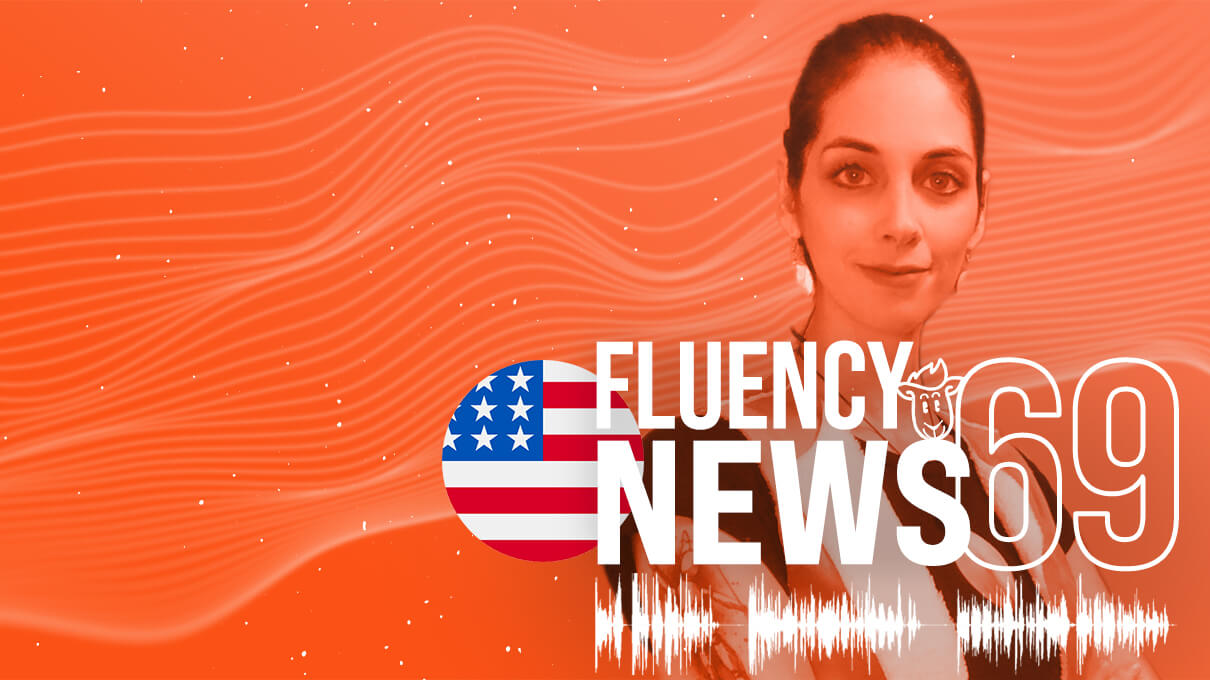
Pratique o seu inglês e fique por dentro das notícias do Brasil e do mundo.
Navegue pelo conteúdo
Hello, everyone!
Sejam bem-vindos e bem-vindas a mais um episódio da nossa série de podcasts, o Fluency News! Aqui você vai treinar a sua escuta e ficar por dentro do que está acontecendo no mundo, sempre com as três principais notícias da semana, tudo em inglês! Ao longo do episódio, nós também adicionamos explicações em português sobre as coisas que achamos que precisam de mais atenção, assim você não perde nenhum detalhe!
No episódio desta semana, nós falamos sobre o que tem acontecido na fronteira entre a Rússia e a Ucrânia, e a possibilidade de uma invasão levar a uma nova guerra mundial. Também falamos sobre os protestos na capital canadense, e sobre os avanços na tecnologia que estão dando esperança a pessoas paralisadas.
Nós temos uma página de dicas de inglês no Instagram, venha conferir! @fluencytvingles
Toda semana temos um novo episódio do Fluency News, não deixe de escutar!
See you!
Este episódio foi escrito por Lívia Pond.
TRANSCRIPTION
Hello, squad! Welcome back to Fluency News, Fluency Academy’s news podcast series. I’m Thalita Uba, and thank you so much for joining me today! This podcast series is a great way for you to incorporate English learning in your day-to-day, even if obligations and work keep you from sitting down to study.
If this is your first time here, welcome! Let me give you a quick run down of how this works. We’re going to cover some of this week’s most relevant or important stories from all over the world. You might hear me speak a little Portuguese to clarify or explain anything that might require extra attention.
If you’re listening to this through a streaming platform like Deezer, Spotify or Apple Podcasts, for example, let me just remind you to head over to fluency.io to have access to the transcript of this episode, along with all of our sources. There you’ll also find thousands of free content in all the languages Fluency Academy currently teaches.
Alright, enough dilly-dallying, let’s jump into to today’s stories.
We’re going to start this episode by checking in with the Russian-Ukrainian border, where tensions have been building up for weeks. There’s a lot going on here, many countries and politicians involved in trying to stop a third world war from happening.
Andriy Zagorodnyuk, Ukraine’s former defense minister, said that Russia has amassed enough troops to “seize any city” in Ukraine, but it’s short of the number needed for a full occupation.
Official US estimates that Russia has 70% of the total firepower it would need for an invasion in mid-February.
An estimated 100,000 troops have amassed near Ukraine in recent months, but despite repeated calls to pull back, the Kremlin has responded by saying it will station troops wherever it needs to on the Russian territory.
The US assessment states that Russia could overthrow the Ukrainian government within two days. It also said 50,000 civilians could be killed or wounded during an invasion, and that 5 million people would become refugees.
In Washington, DC, senior US officials have publicly warned that an invasion could happen any day.
Moscow denies planning an invasion of Ukraine but is seeking security guarantees, including a pledge that Ukraine must never be allowed to join NATO. The West has rejected that, but said it is willing to discuss other issues, such as arms control.
U.S President Joe Biden suggested that Russia will not choose diplomacy because they are requesting compromises that the U.S. and NATO are not willing to make.
Zagorodnyuk told The Guardian it was still hard to figure out Putin’s long-term plan.
“We don’t see a political endgame here. If Putin seizes Kyiv, there will be full-scale war. The Ukrainian army forces will fight. There will be enormous resistance for all time. Why would you do that?” he said.
He continued: “Ukraine is not going to say: ‘Let’s join Russia.’ This is understood. Unless, of course, Putin is totally delusional and has his own understanding of reality. There will be […] sanctions.”
French President Emmanuel Macron is scheduled to meet Putin in Moscow to discuss a diplomatic solution. Macron is set to meet Ukrainian President Volodymyr Zelensky in Kyiv the next day.
Russia expects no decisive breakthrough from the talks, but expects that Macron will propose ways to ease tensions in Europe, the Kremlin said.
Macron is expected to seek commitments from Putin to dial down the tensions.
In a bold claim, the French president said his negotiations with Russia are likely to head off a military conflict.
“The intensity of the dialogue we have had with Russia and this visit to Moscow are likely to prevent [a military operation] from happening. Then we will discuss the terms of de-escalation,” he said. “I have always been in a deep dialogue with President Putin, and our responsibility is to build historic solutions.”
Macron’s claim that his negotiations with Russia will prevent a military conflict prompted scorn from political foes in France, who accused him of grandstanding. Some commentators and analysts warned he was putting his credibility as a negotiator on the line, cautioning that his efforts since 2017 to court the Russian leader have come up short.
French presidential elections are to be held in April and Macron’s electoral opponents have accused him of seeking to weaponize foreign policy to try to boost his reelection hopes.
Macron’s language “makes the rest of Europe quite nervous,” says foreign policy analyst Ulrich Speck, a visiting fellow at the German Marshall Fund of the United States in Berlin, a research group.
Last month, in a speech at the European Parliament, Macron called for the European Union to pursue its own talks with the Kremlin and said the bloc should negotiate a security and stability pact with the Kremlin. Some central European and Baltic leaders said Macron’s comments were ill-timed and risked encouraging the Kremlin to try to play the U.S. and EU off against each other.
As of the writing of this episode, talks between France and Russia have yet to happen, so it’s impossible to know if Macron’s claims will be substantiated. Stay tuned for next week’s episode, as we’ll bring updates to this story.
Nessa notícia, fazemos algumas previsões e suposições sobre o que vai acontecer na fronteira entre Russia e Ucrânia. Por isso, usamos os modais would e could algumas vezes. Would é um semi-modal que modifica o verbo que o acompanha, adicionando RIA ao final. Então would need, por exemplo, fica “precisaria”. Could é um modal que significa “poderia”, ou “deveria”. Quando dizemos que a invasão could kill um número de pessoas, estamos dizendo que a invasão poderia matar um número de pessoas. Uma outra maneira de fazer suposições que temos nessa notícia é o uso de IF com o semi-modal will, que indica futuro. If significa “se”, então é uma maneira de fazer uma suposição direta. SE algo acontecer, uma outra coisa acontece. Essa estrutura é chamada “conditional”, e é a primeira condicional, uma que indica uma situação real e a sua consequência.
In Canada, Ottawa Mayor Jim Watson declared a state of emergency on Sunday to help deal with an unprecedented 10-day occupation by protesting truckers that has shut down much of the core of the Canadian capital.
Watson, who complained earlier in the day that the demonstrators outnumbered police and controlled the situation, said this is “the most serious emergency our city has ever faced.” He said the declaration will help Ottawa Police get the supplies and equipment they need faster.
The “Freedom Convoy” began as a movement against a Canadian vaccine requirement for cross-border truckers but has turned into a rallying point against public health measures and Prime Minister Justin Trudeau’s government.
Amid residents’ fury at the lack of official response, Ottawa police relocated some protesters and put up fresh barricades on Sunday, saying they are “collecting financial, digital, vehicle registration … and other evidence that will be used in criminal prosecutions.”
They also announced they would clamp down on people attempting to bring in canisters to refuel the hundreds of large trucks blocking most roads in the city center.
Protesters have paralyzed downtown Ottawa for the past nine days, with some participants waving Confederate or Nazi flags and some saying they want to dissolve Canada’s government. Convoy organizers say they will not leave until the vaccine mandates are ended.
Canadian Public Safety Minister Marco Mendicino said that the government would not back down on the issue.
Amid incessant horn blaring and occasional fireworks, a polished supply chain — including portable saunas, a community kitchen and bouncy castles for children — has sustained the protesters.
The well-organized blockade has relied partly on funding from sympathizers in the United States, police said. GoFundMe took down the Freedom Convoy’s donation page, angering some U.S. Republican lawmakers who pledged to investigate the move by the website.
Former U.S. President Donald Trump and Tesla CEO Elon Musk have praised the truckers.
Police said they had charged four people with hate crimes and were investigating threats against public figures jointly with the U.S. Federal Bureau of Investigation.
Trudeau, who is isolating after testing positive for COVID-19 last week, has ruled out using the military to disband the protest. Due to security concerns, Trudeau and his family left their downtown home last weekend and his location has not been disclosed.
The prime minister has said the convoy represented a “small fringe minority” and the government would not be intimidated. About 90% of Canada’s cross-border truckers and almost 79% of the population has had two COVID-19 vaccine shots.
A palavra amid não é muito utilizada no vocabulário diário de nativos, mas é comum vê-la em notícias e textos formais. Ela significa “entre”, “no meio de”. Essa preposição é usada principalmente quando falamos sobre algo que está no meio de alguma coisa, mas sendo cercado por essa coisa. Sinônimos com o mesmo nível de formalidade são “amidst”, “among” ou “amongst”. Se quiser um sinônimo mais informal, você pode dizer “between”, “surrounded by”, ou “in the middle of”.
In some pretty amazing news, a paralyzed man with a severed spinal cord has been able to walk again, thanks to an implant developed by a team of Swiss researchers.
It is the first time someone who has had a complete cut to their spinal cord has been able to walk freely.
The same technology has improved the health of another paralyzed patient to the extent that he has been able to become a father.
The research has been published in the journal Nature Medicine.
Michel Roccati was paralyzed after a motorbike accident five years ago. His spinal cord was completely severed – and he has no feeling at all in his legs. But he can now walk – because of an electrical implant that has been surgically attached to his spine.
The researchers stress that it isn’t a cure for spinal injury and that the technology is still too complicated to be used in everyday life, but hail it nonetheless as a major step to improving quality of life.
A study published in the journal Advanced Science showed equally exciting results in Israel. Israeli scientists have successfully engineered the first 3D human spinal cord tissue.
The scientists have made paralyzed mice walk by giving them spinal cord implants, and say they are less than three years away from doing the same for humans in clinical trials.
The world-first experiment took place at Tel Aviv University, where a large team engineered spinal cord tissue from human cells, and implanted them into 15 mice with long-term paralysis. Twelve of the mice then walked normally.
“If this works in humans, and we believe that it will, it can offer all paralyzed people hope that they may walk again,” Prof. Tal Dvir’s research team at the Sagol Center for Regenerative Biotechnology said.
Isn’t that amazing?
Falsos cognatos são pares de palavras que parecem ser equivalentes em português e inglês, mas, na verdade, tem significados diferentes. Nessa notícia, nós temos um falso cognato. A palavra severed se parece com a palavra “severo” em português, mas tem significados diferentes. Severed é a forma passada do verbo sever, que significa “cortar”. A palavra “severo”, em inglês, é escrita de forma bem parecida, S E V E R E, com um E no final, mas a pronúncia é diferente, olha só: SEVERE. Severed, significa “cortada”, “cortado”. “Severe”, significa “severo”.
This is where we’re going to end today’s episode, peeps! Don’t forget to check back next week for updates and more interesting, relevant and important stories.
E se você quer cortar anos dos seus estudos com o nosso método e todo o suporte da Fluency Academy, faça a sua inscrição na nossa lista de espera!
Assim você vai saber no momento que abrirem novas vagas nas turmas de todos os nossos idiomas: inglês, espanhol, francês, italiano, alemão, japonês, mandarim e a nossa super novidade, coreano!
Então se você sonha em chegar à fluência de verdade em qualquer um dos idiomas que eu citei agora, aperte o link na descrição desse episódio e faça a sua inscrição.
Check out fluency.io for more free content. There’s a new episode of Fluency News every week, and we’ll be waiting for you! Bye!
Stories
Russia-Ukraine border tensions rise
https://www.businessinsider.com/russia-enough-troops-seize-any-city-ukraine-former-minister-2022-2
https://edition.cnn.com/2022/02/07/europe/ukraine-chernobyl-belarus-intl-cmd/index.html
https://www.reuters.com/world/europe/kremlin-expects-no-decisive-breakthrough-putin-macron-meeting-2022-02-07/
https://www.reuters.com/world/europe/frances-macron-flies-moscow-high-risk-diplomatic-mission-2022-02-06/
https://112.international/politics/russian-authorities-discuss-countrys-preparedness-for-sanctions-for-invasion-of-ukraine-69405.html
https://www.rte.ie/news/2022/0206/1278085-us-russia-ukraine/
https://www.theguardian.com/world/2022/feb/05/uk-and-france-agree-nato-must-unite-against-russian-aggression
https://www.reuters.com/world/russia-invasion-ukraine-could-come-soon-talks-still-an-option-says-white-house-2022-02-06/
https://www.reuters.com/world/europe/russian-forces-70-level-needed-full-ukraine-invasion-us-officials-2022-02-05/
https://www.nbcnews.com/news/world/russia-troops-belarus-ukraine-border-senkivka-vladimir-putin-nato-rcna14709
https://apnews.com/article/russia-ukraine-europe-russia-vladimir-putin-98f0ae4d7dcf539094d67c8dd9b90e23
https://www.bbc.com/news/world-europe-60281863
https://www.aljazeera.com/news/2022/2/7/ukraine-to-unleash-bloody-hell-on-russia-if-it-invades-expert
https://www.dailymail.co.uk/news/article-10482417/US-warns-Russia-70-cent-ready-invade-Ukraine-overrun-Kiev-TWO-days-Germany-stalling-sending-troops-weapons-region-new-estimates-warn-50-000-civilian-casualties-war-break-out.html
https://www.voanews.com/a/macron-flies-to-moscow-claiming-his-diplomacy-will-end-ukraine-crisis/6430439.html
Ottawa mayor declares state of emergency to deal with trucking blockade
https://www.cbc.ca/news/politics/convoy-protest-ottawa-sunday-impasse-1.6341548
https://www.reuters.com/world/americas/protest-against-vaccine-mandates-paralyzing-canada-capital-mayor-says-2022-02-06/
https://www.theguardian.com/world/2022/feb/04/canada-ottawa-protests-trucks-police
https://ottawa.ctvnews.ca/several-people-arrested-for-bringing-gas-to-freedom-convoy-demonstrators-in-ottawa-police-say-1.5770413
Hope for the paralyzed
https://www.jpost.com/health-and-wellness/article-695725
https://www.bbc.com/news/science-environment-60258620
https://www.timesofisrael.com/israeli-lab-made-spinal-cords-get-paralyzed-mice-walking-human-trial-in-3-years/
Fluency Inglês
Playlist
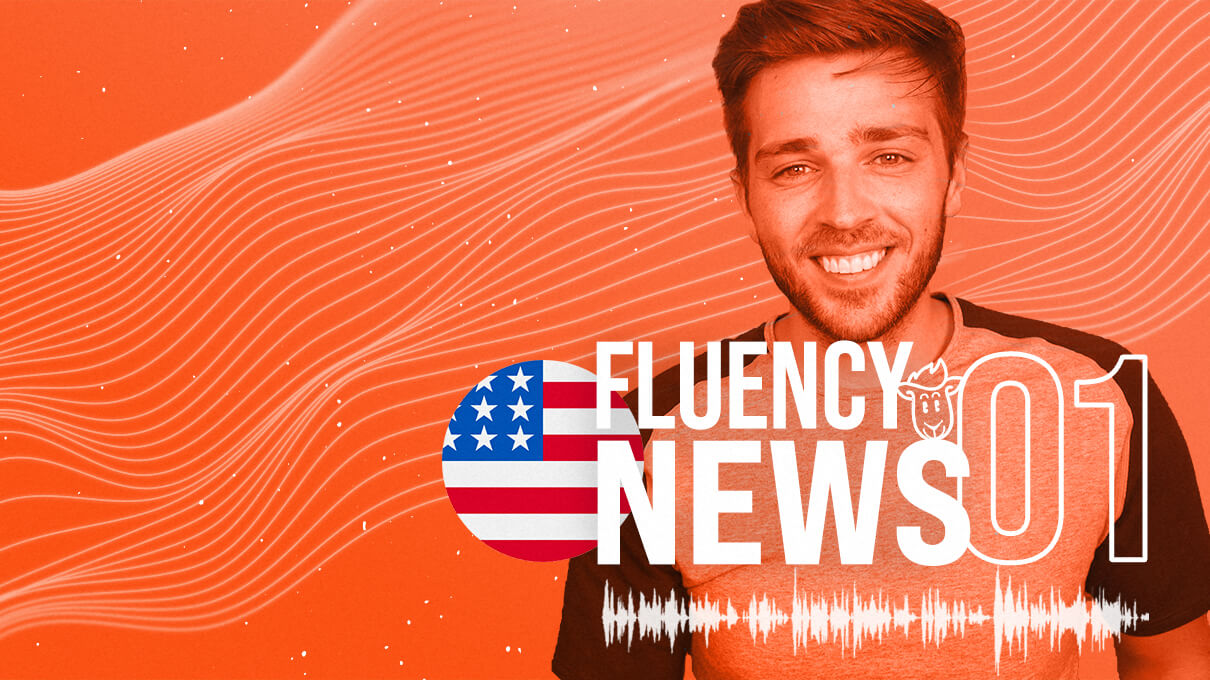
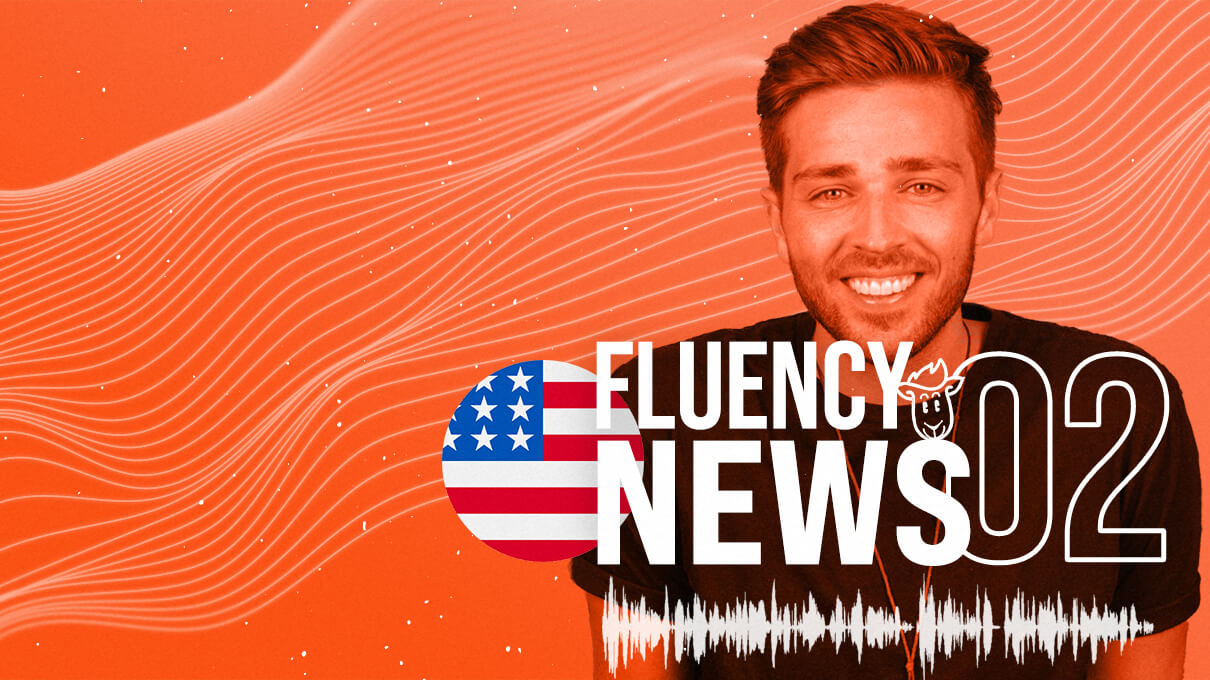
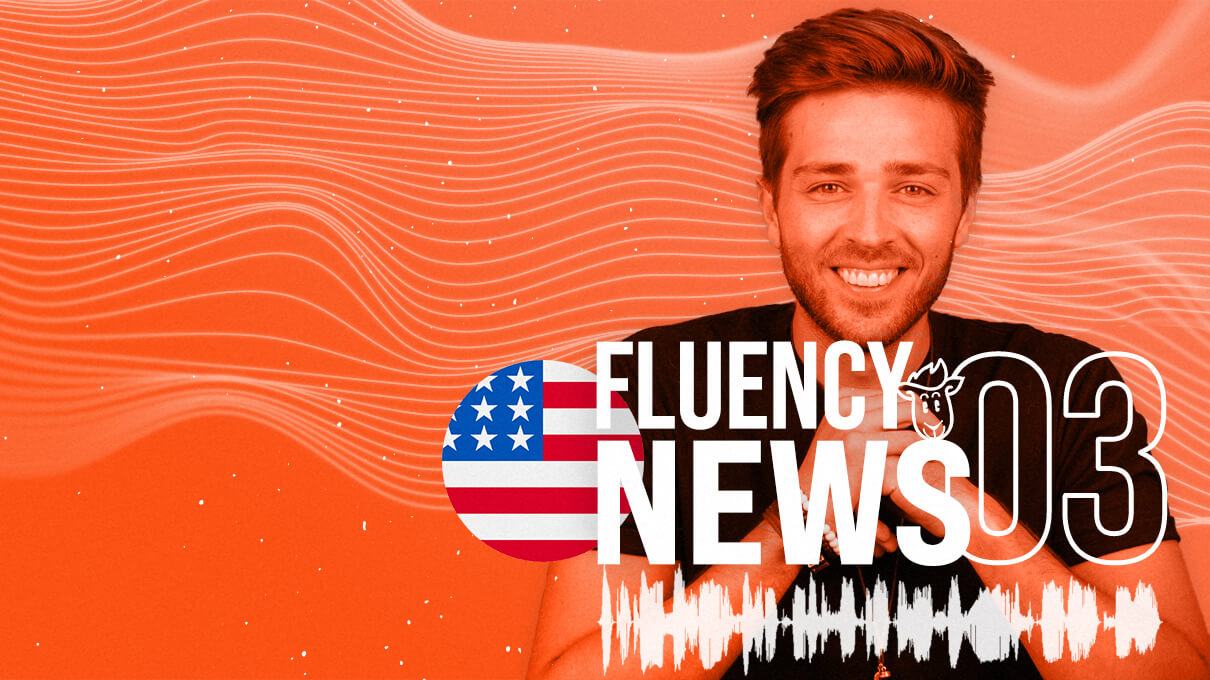
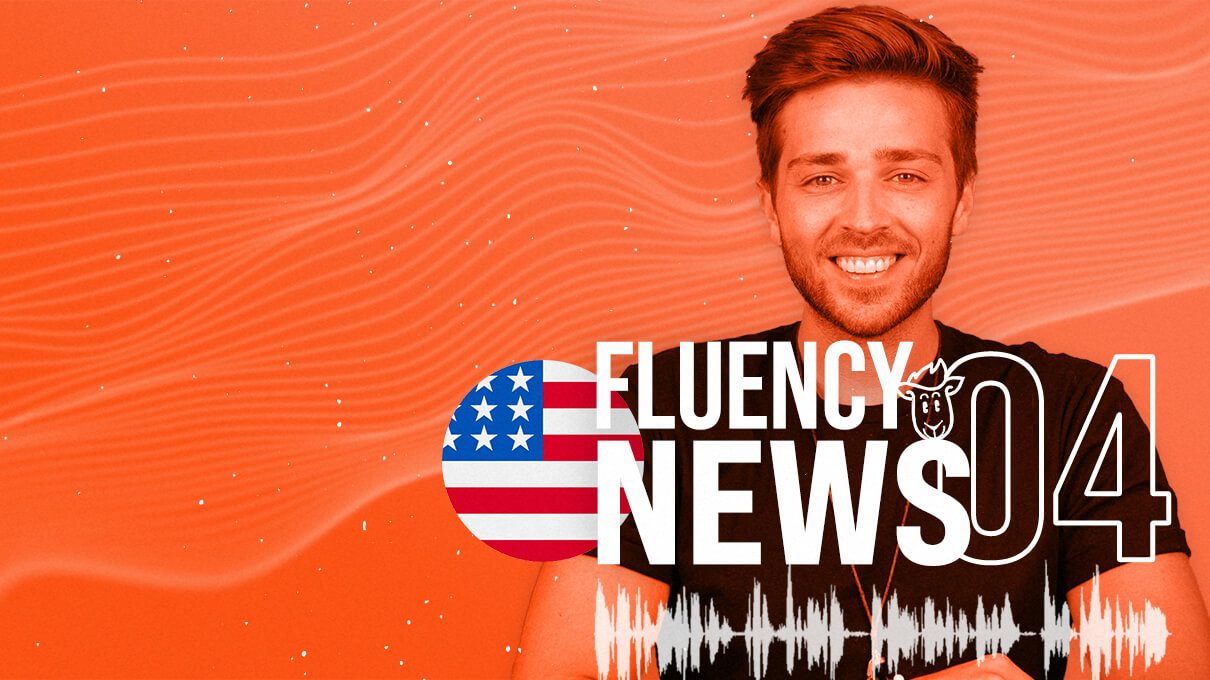
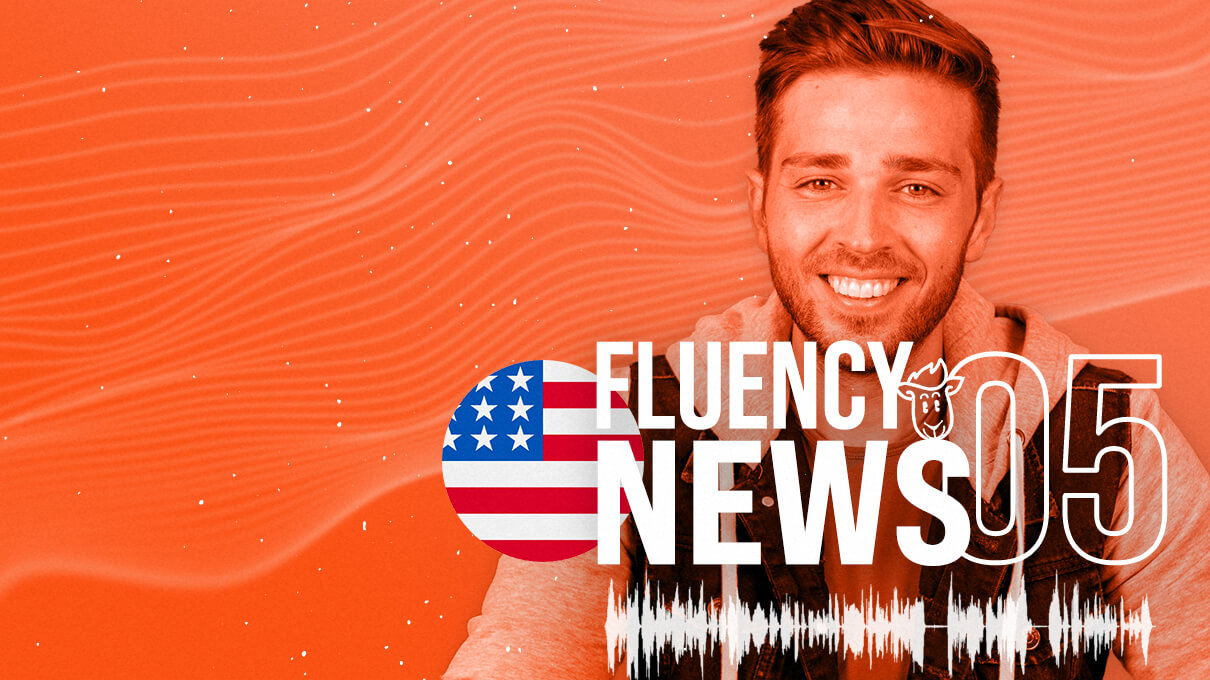
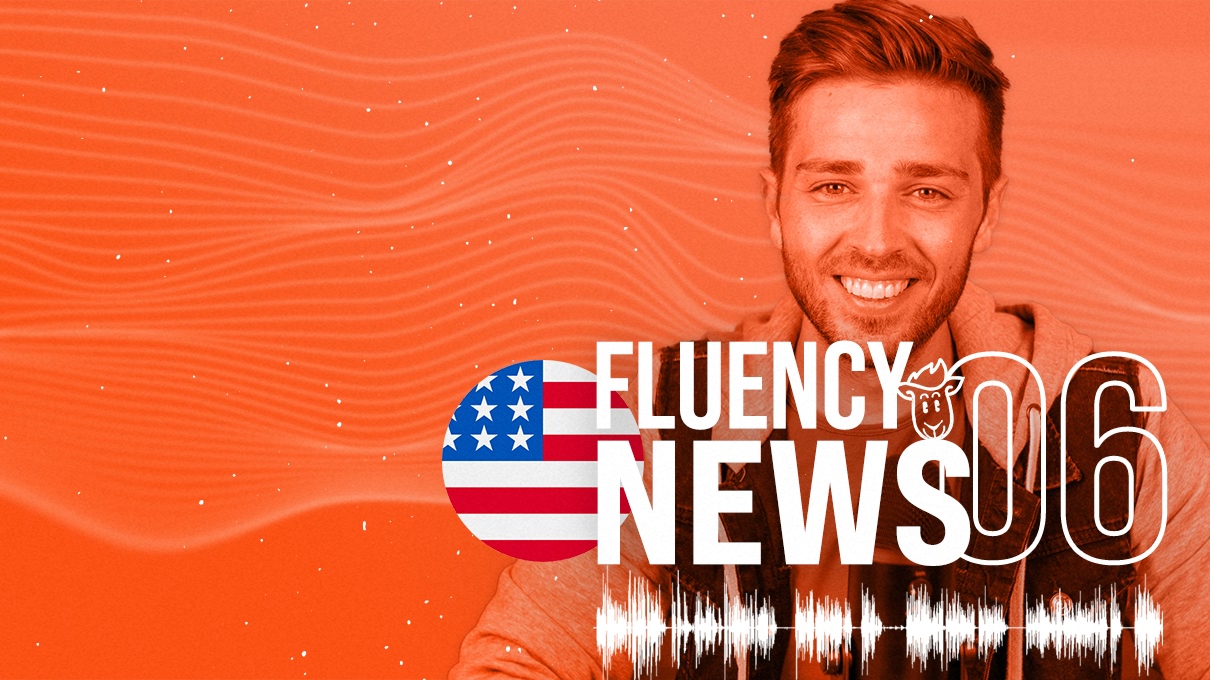
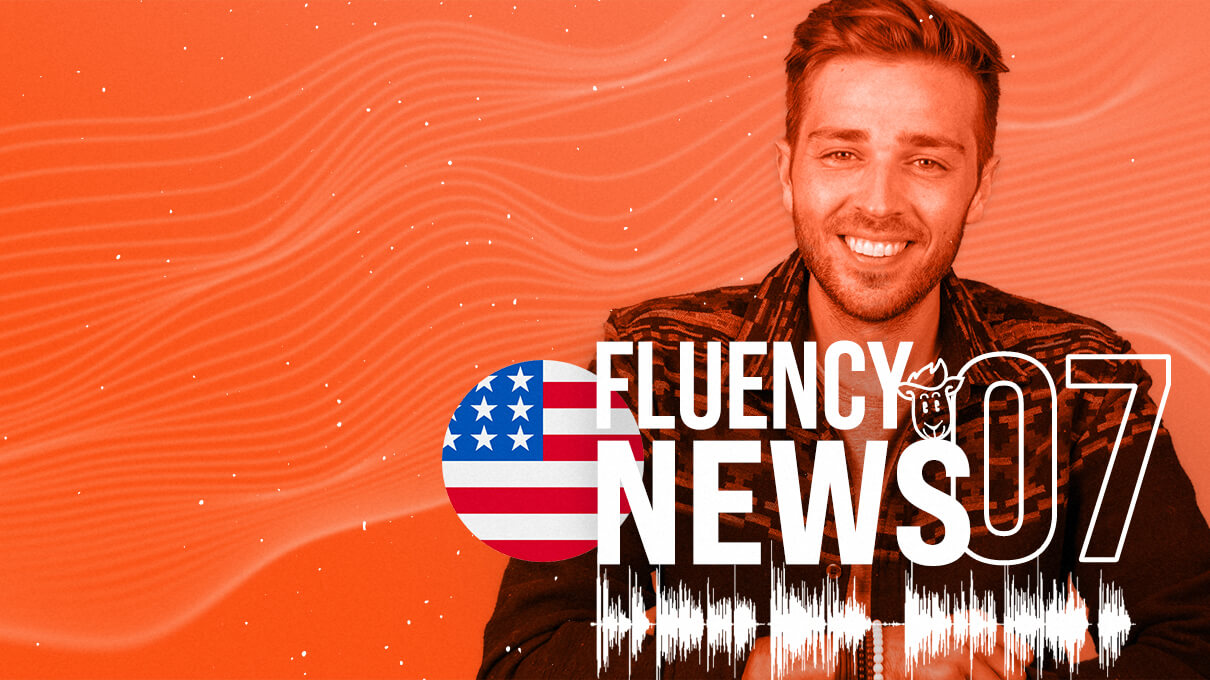
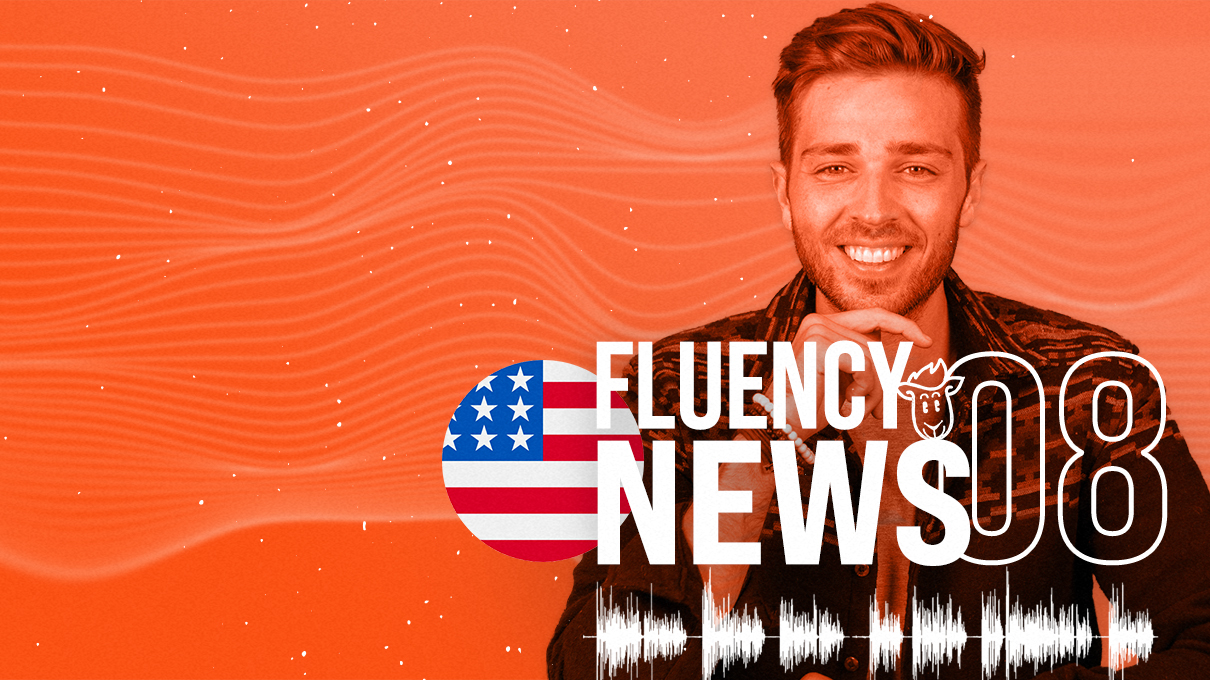
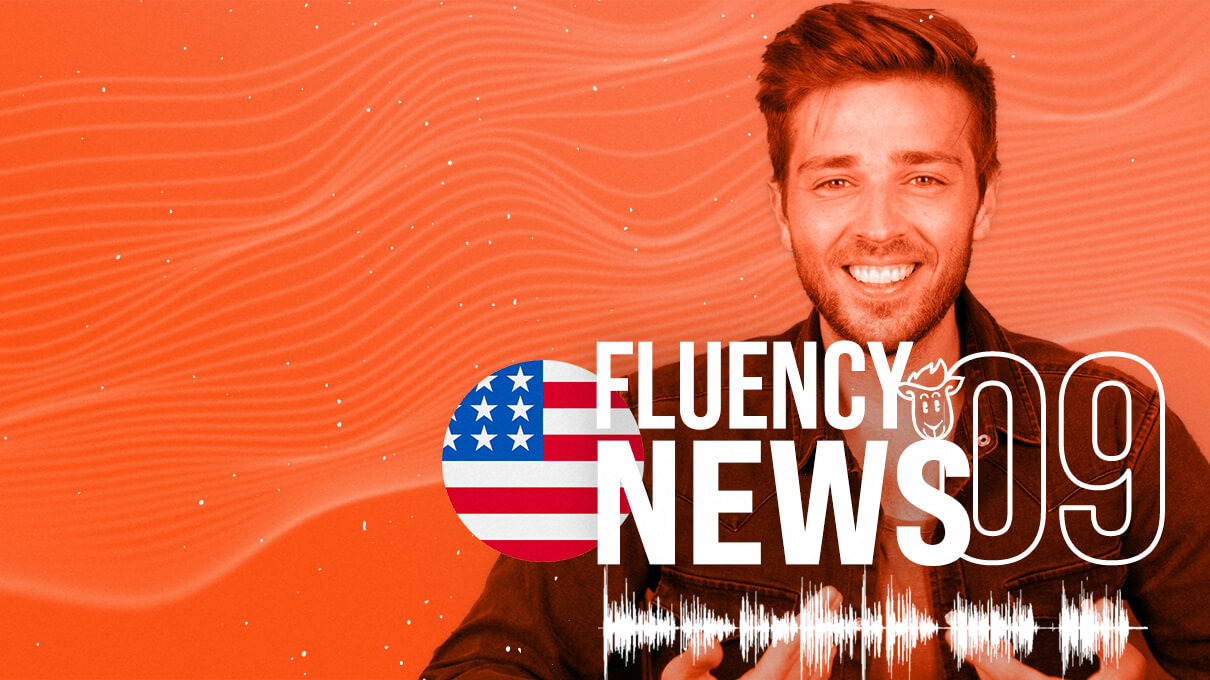
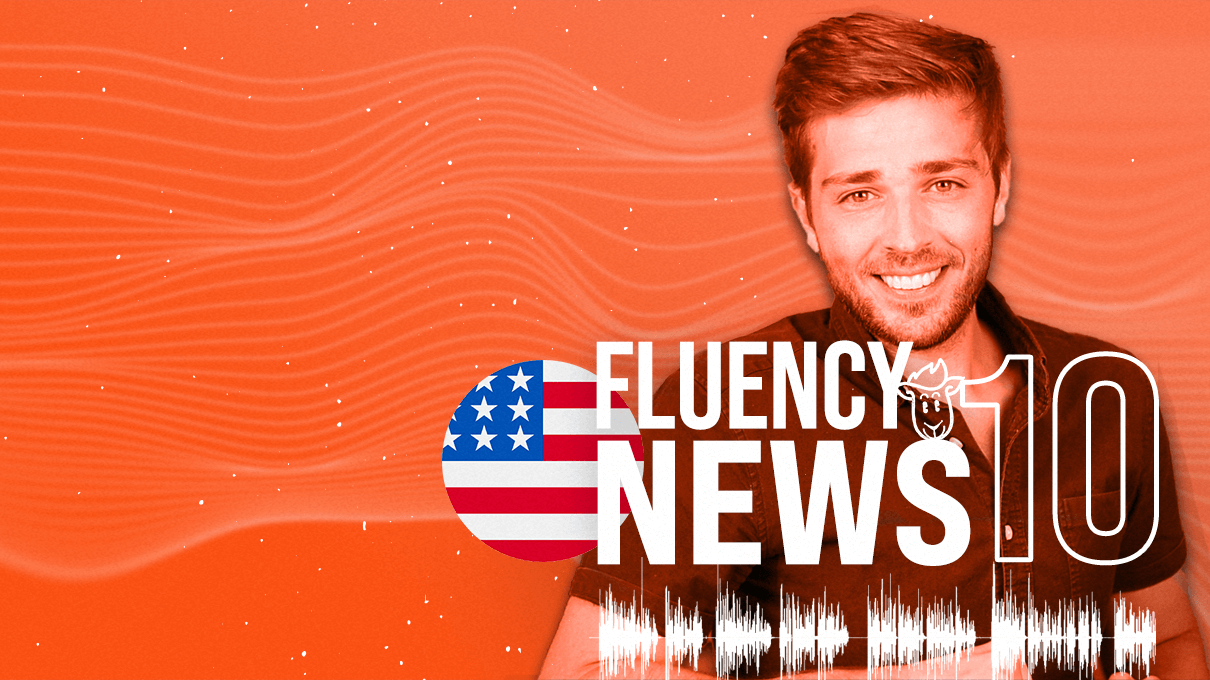
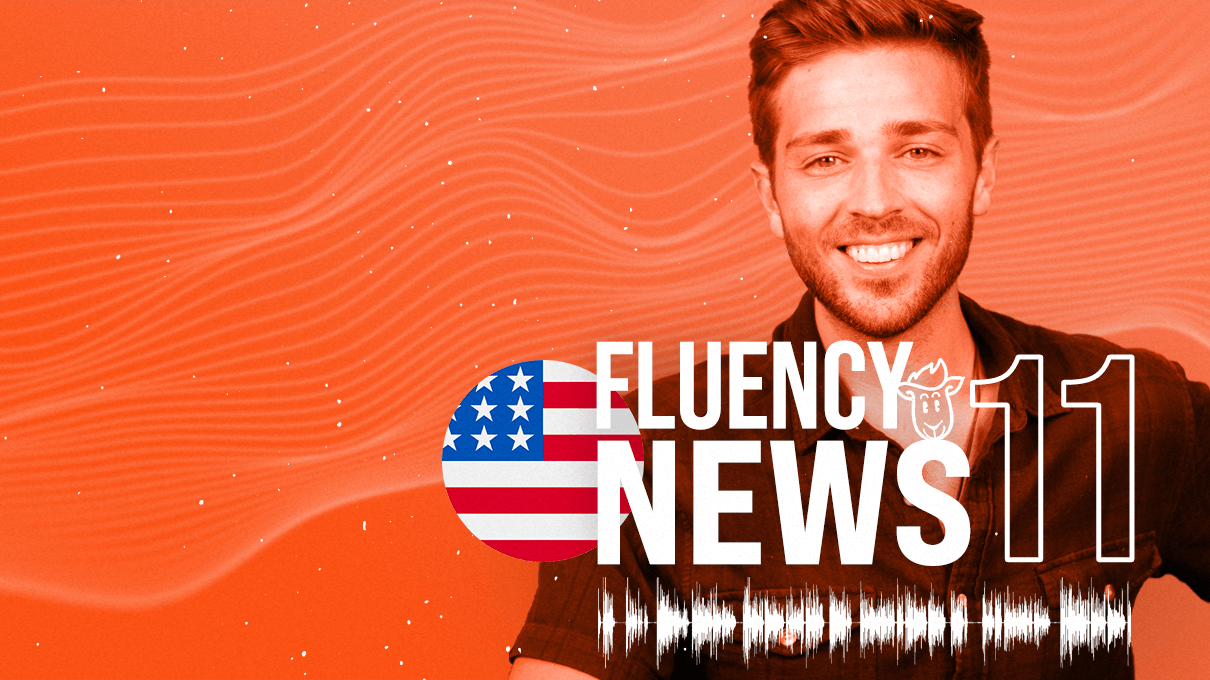
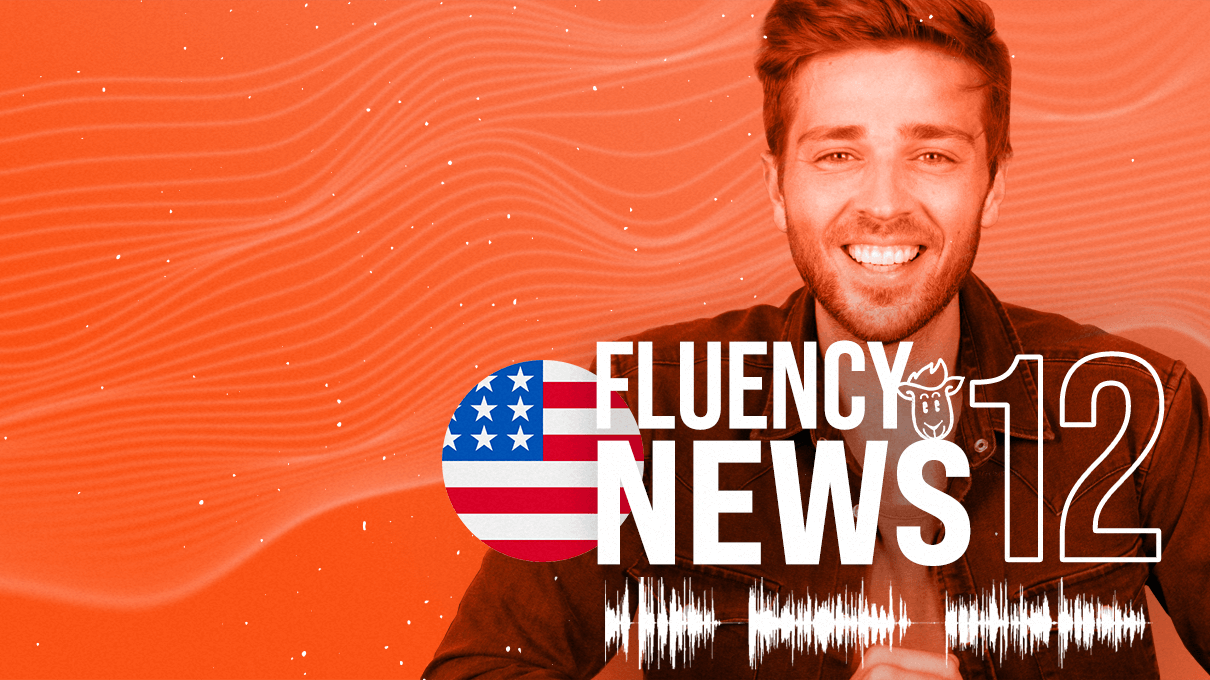
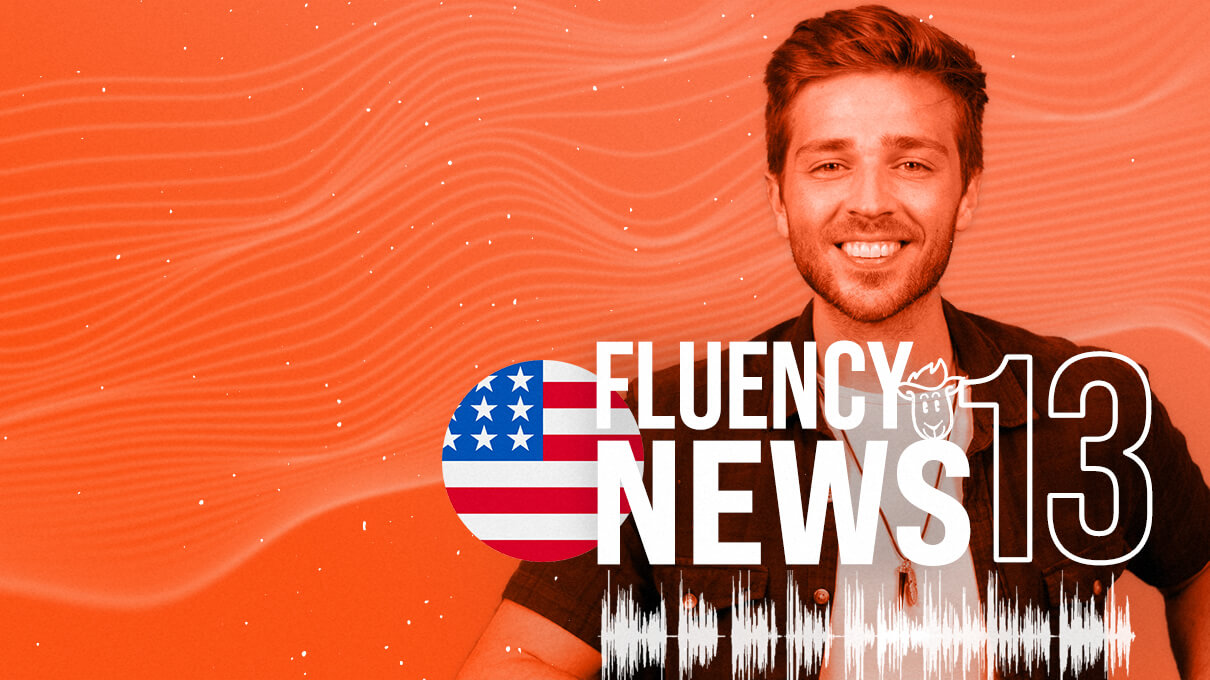
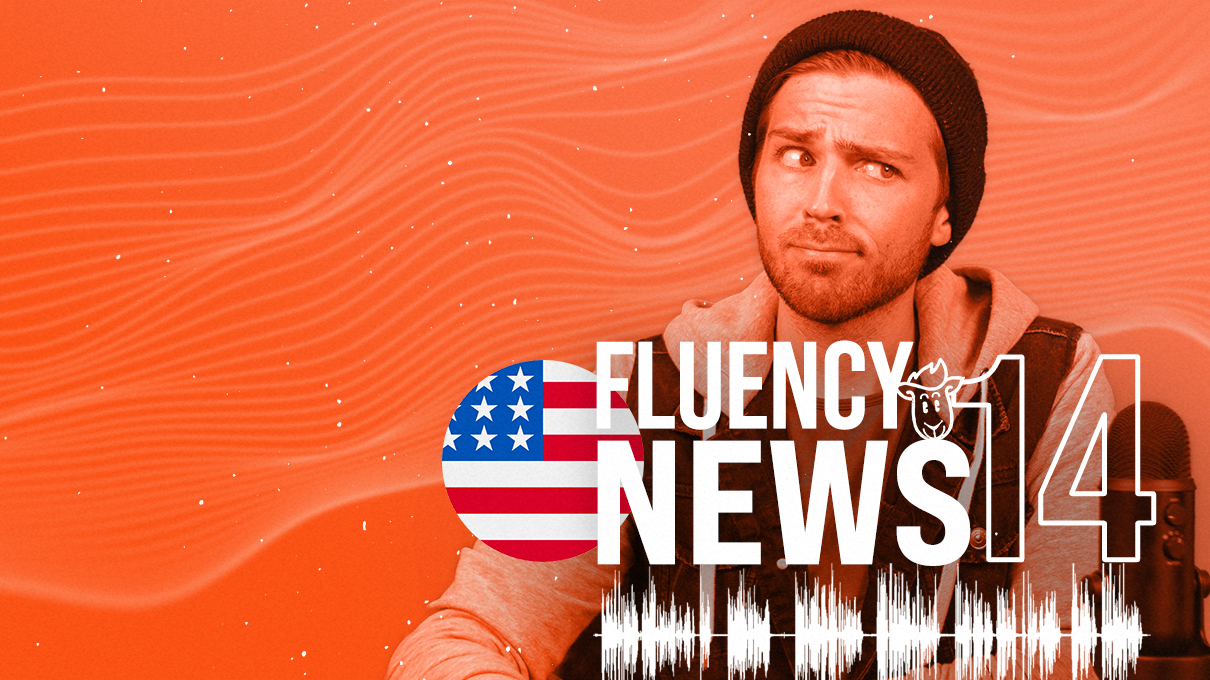
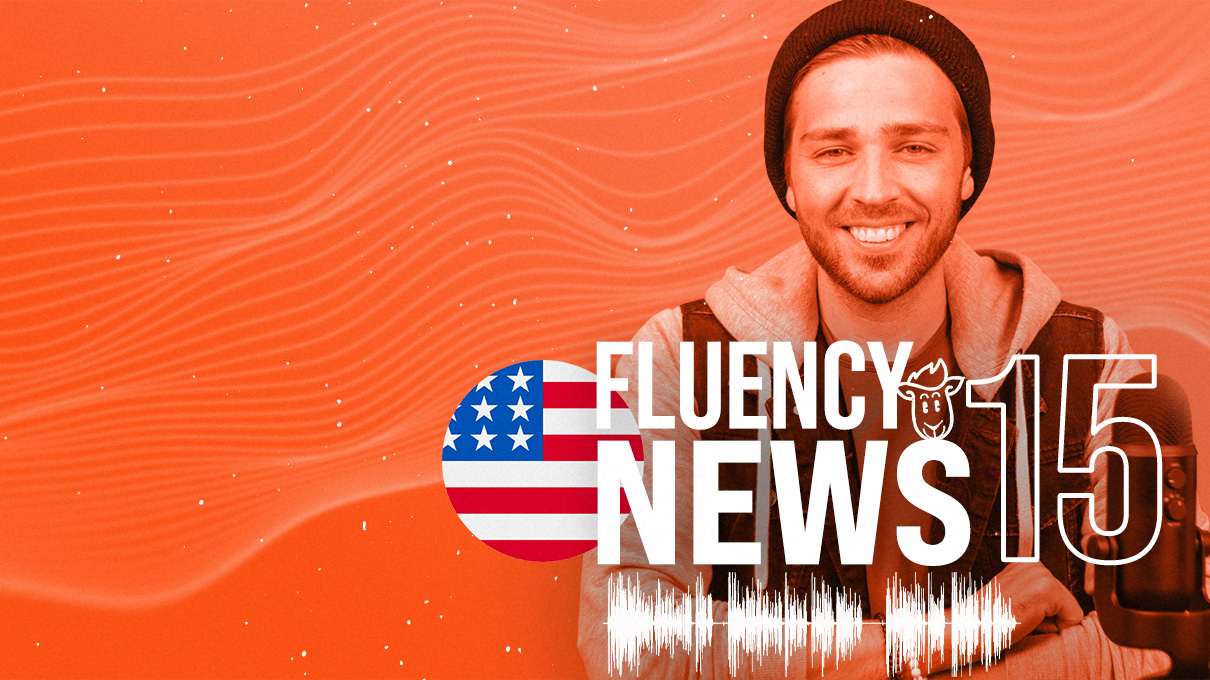
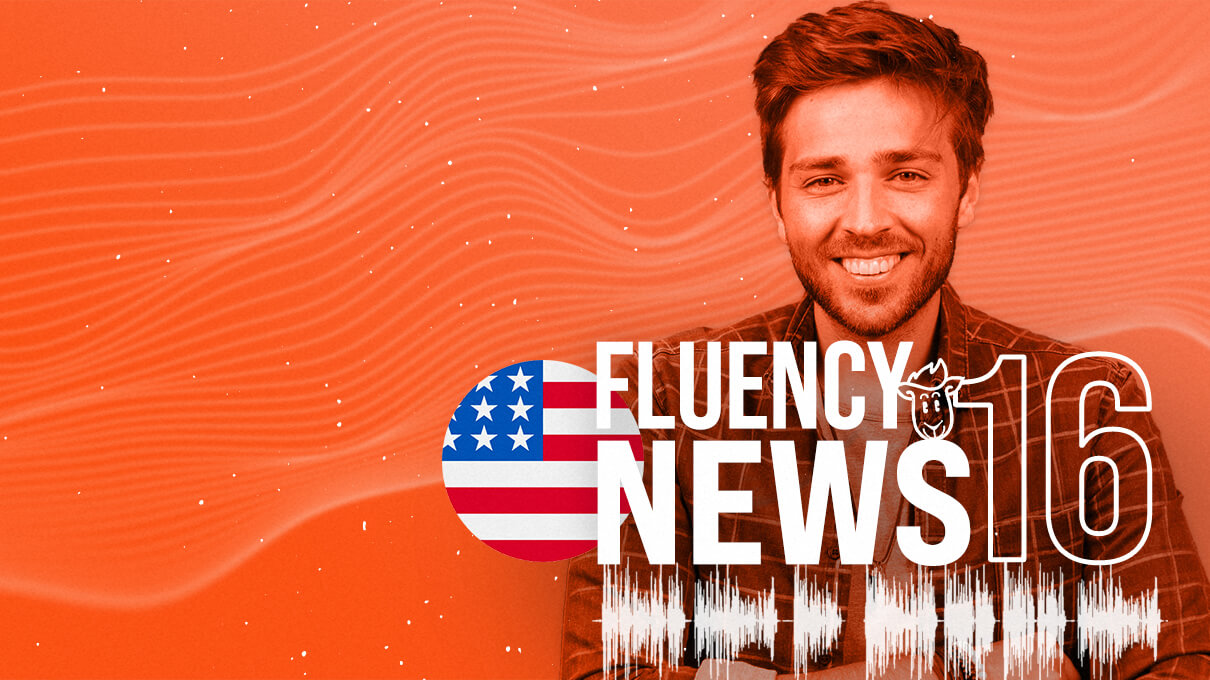
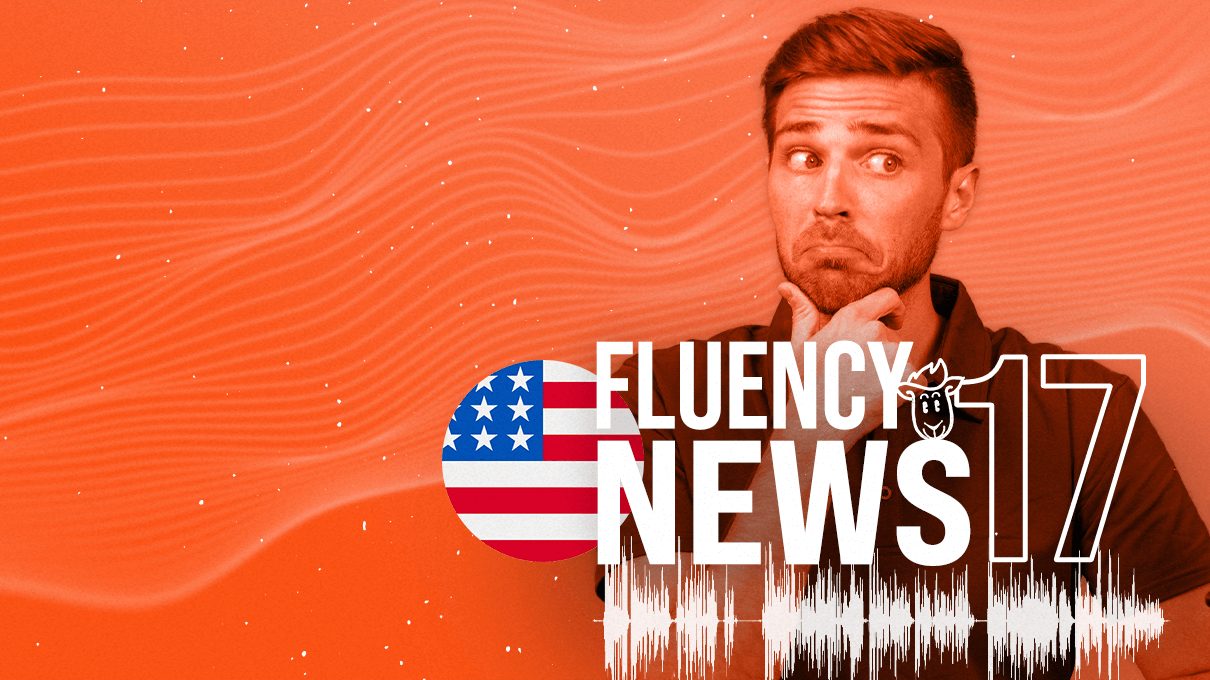
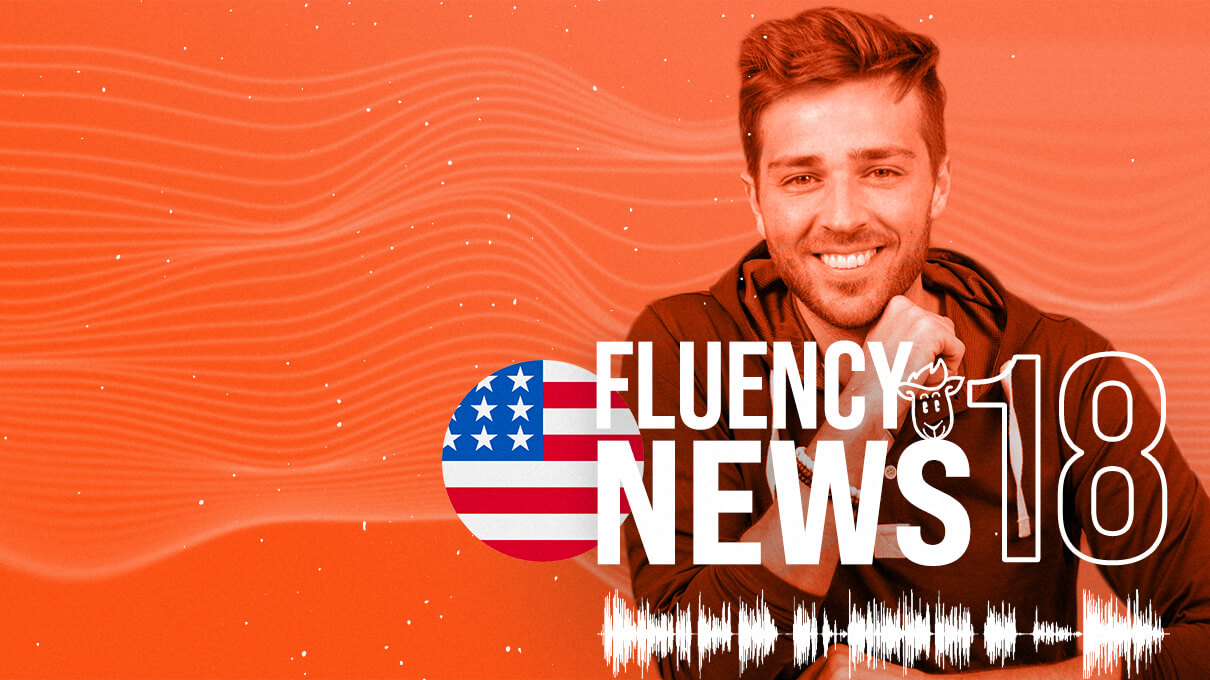
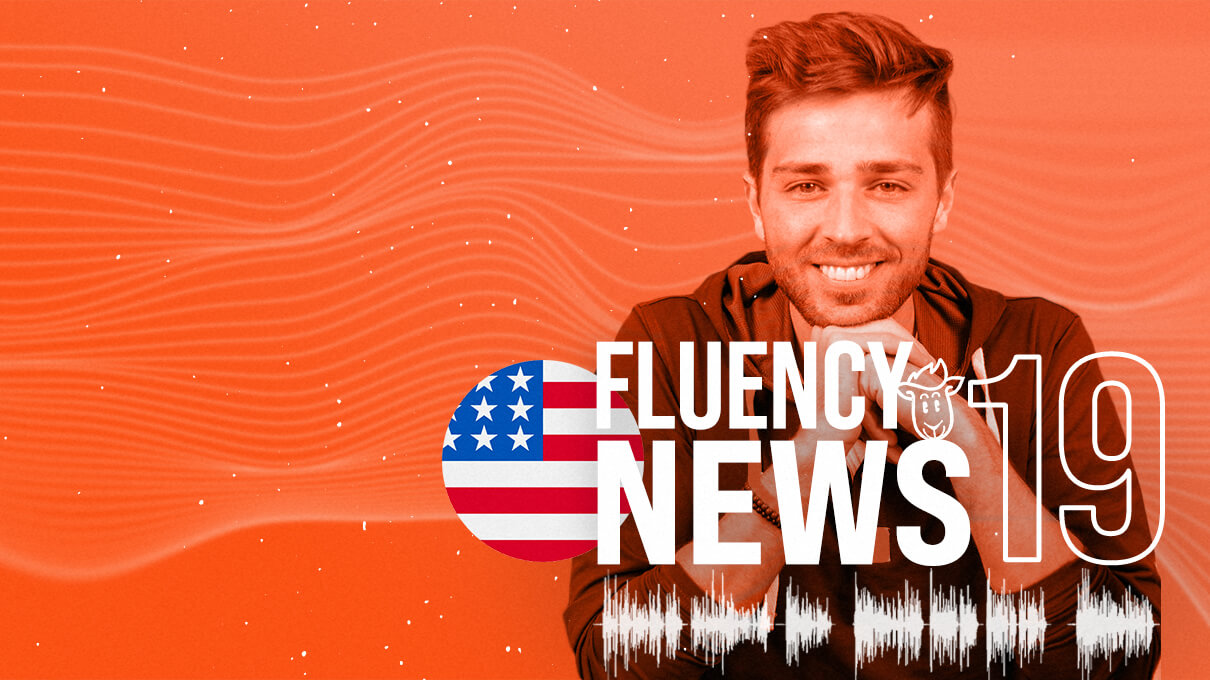


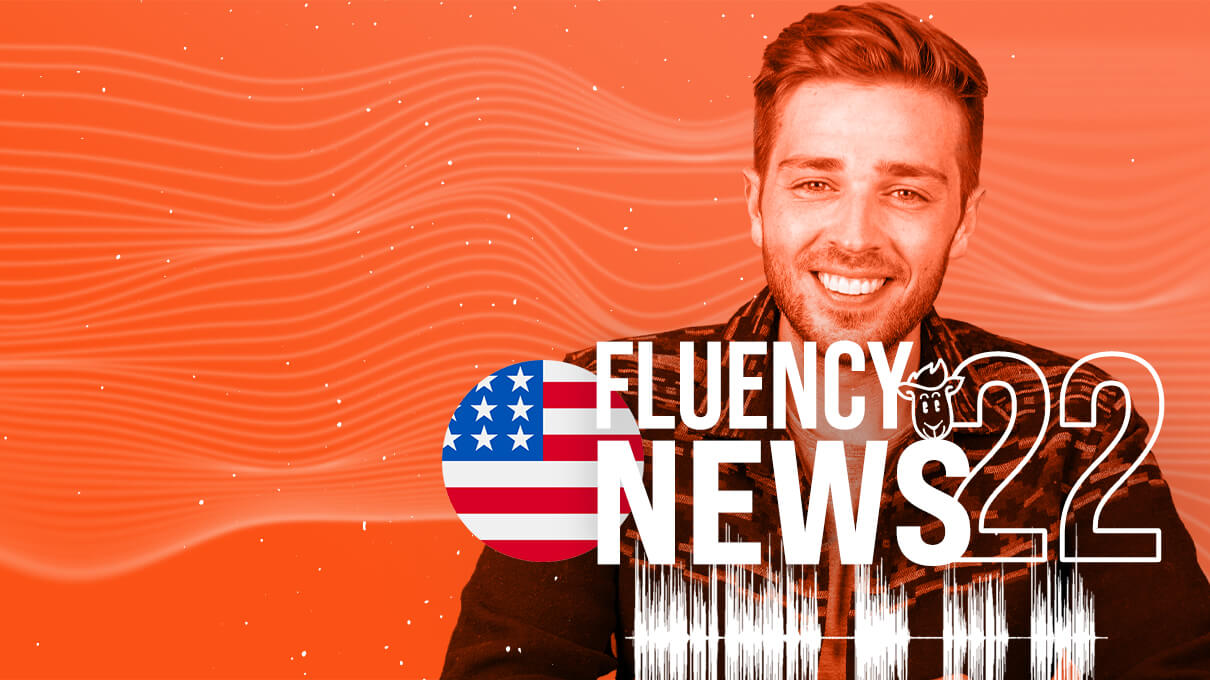
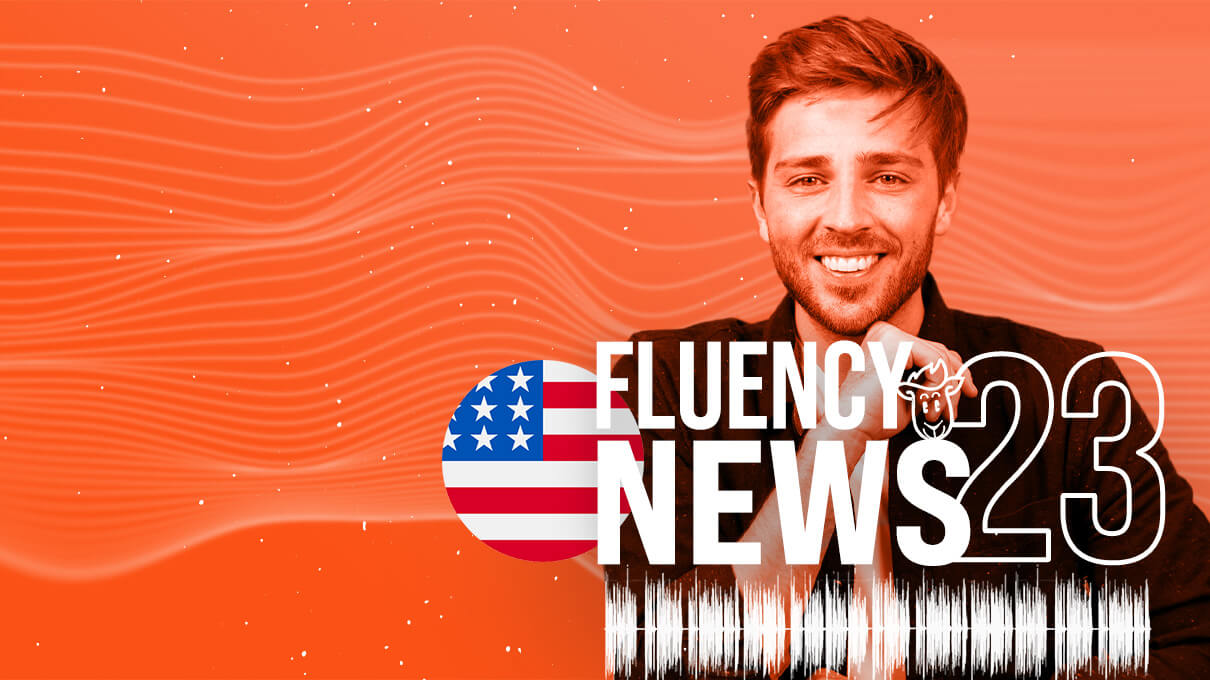
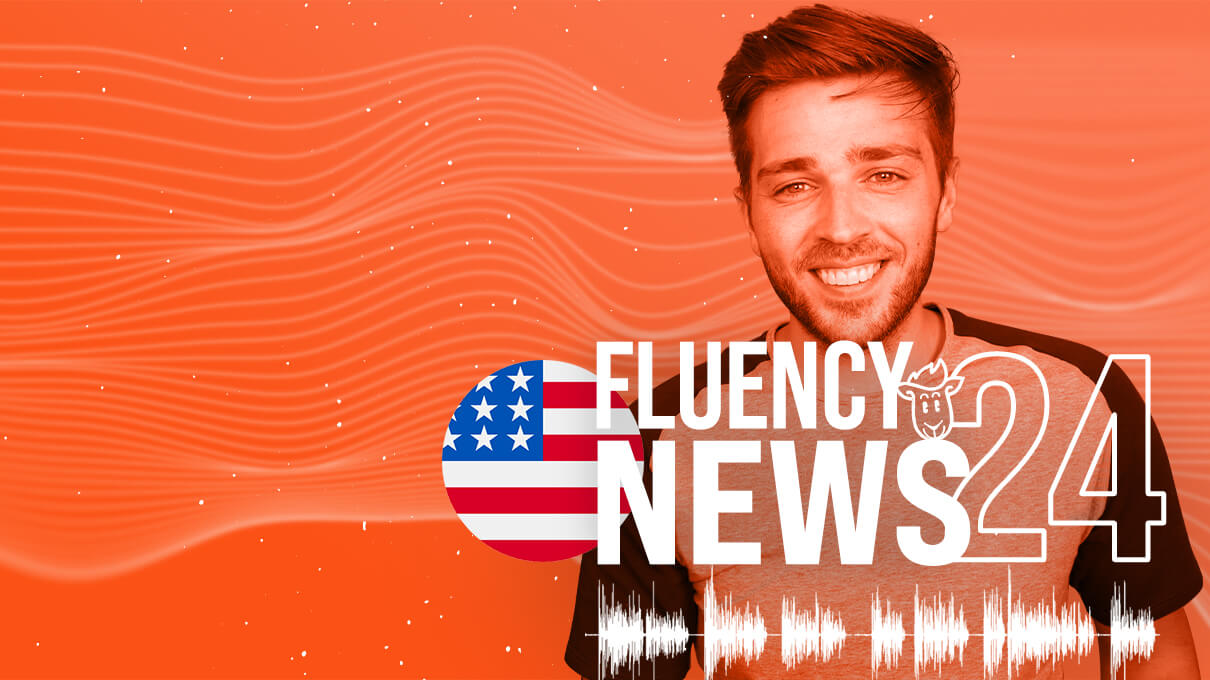
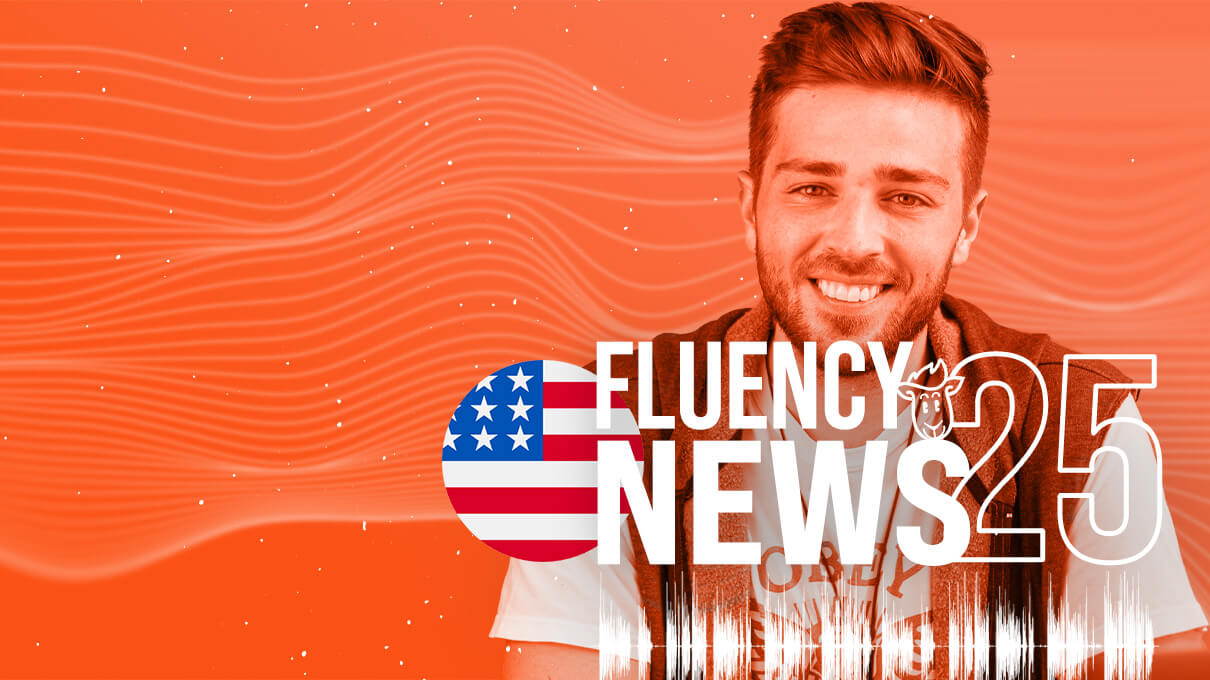
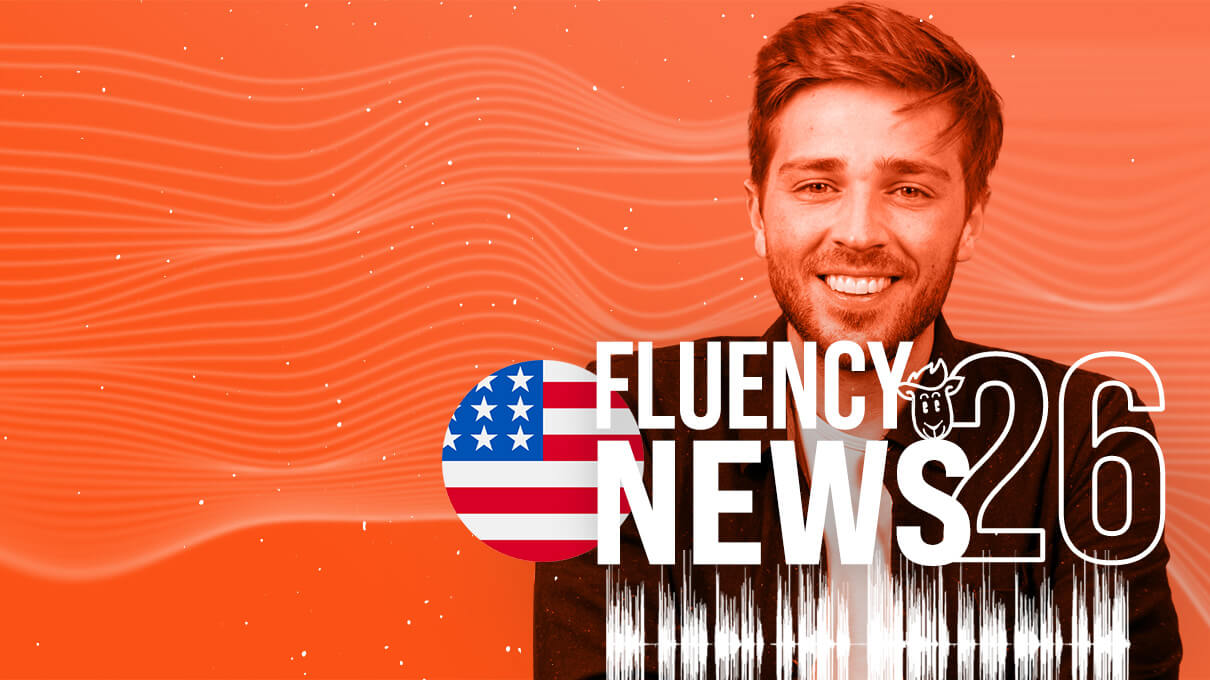
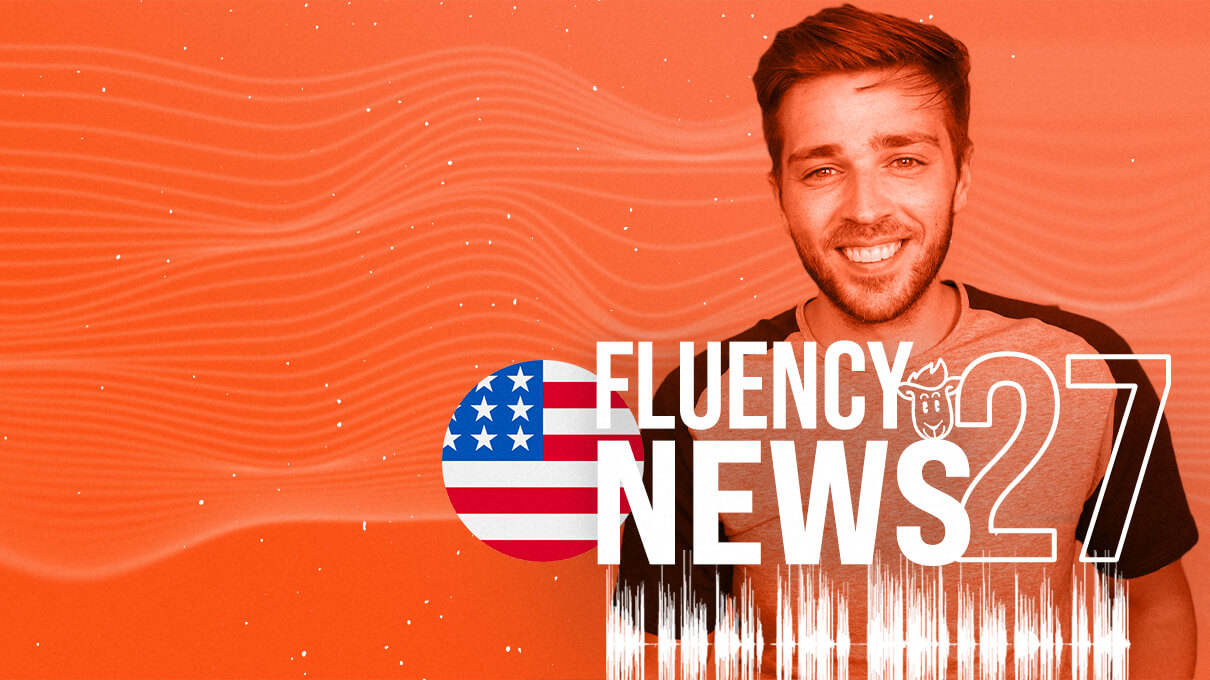
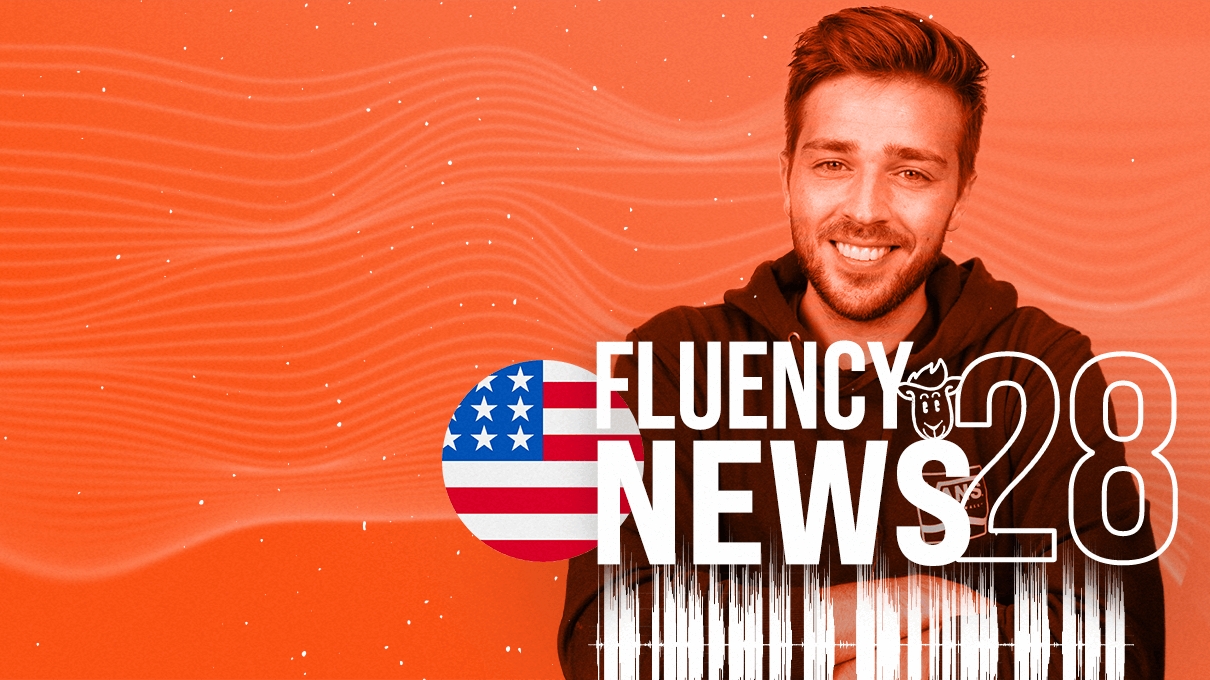
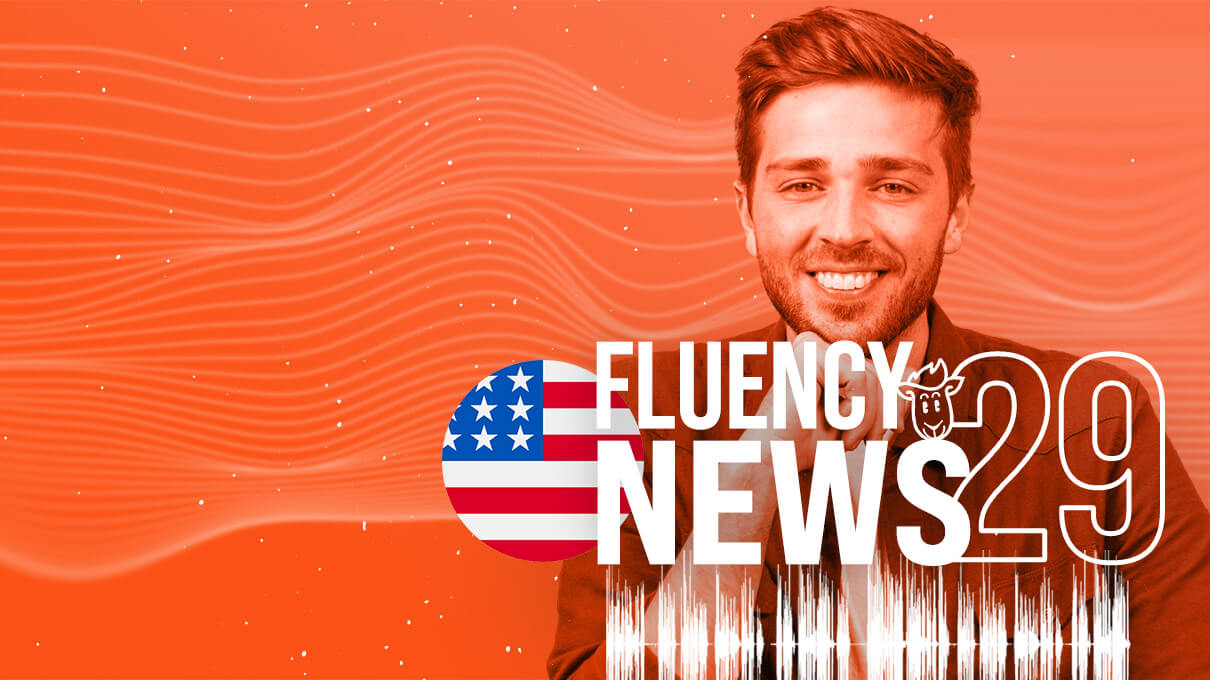
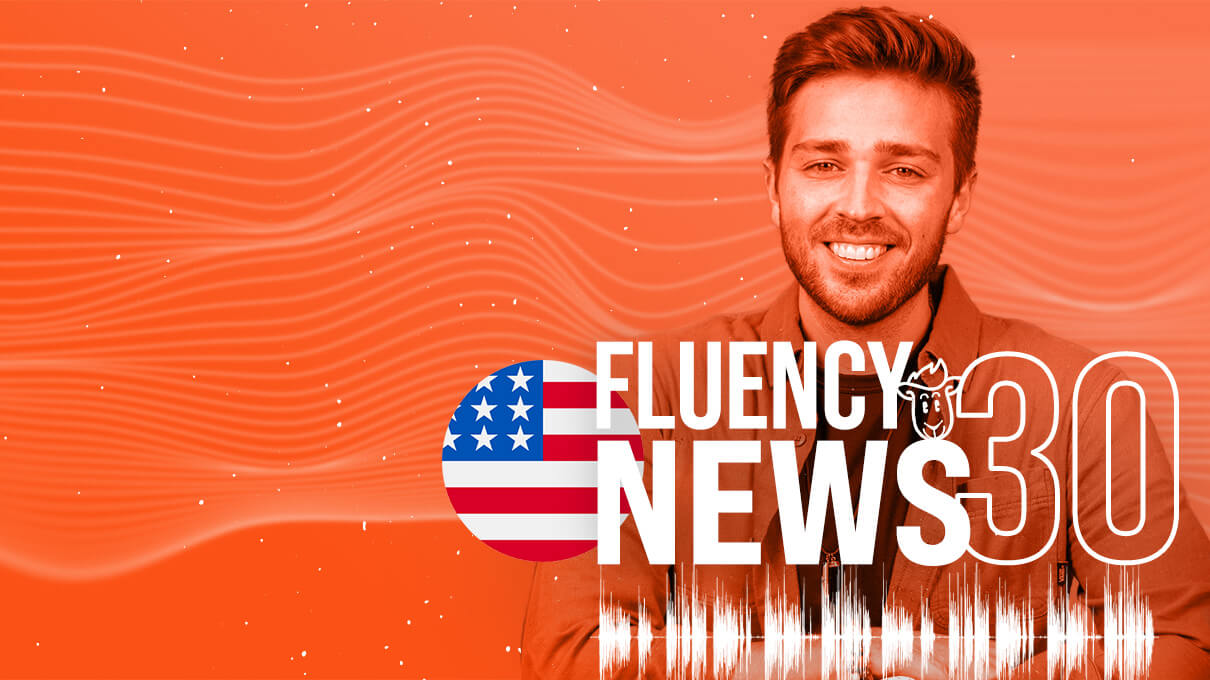
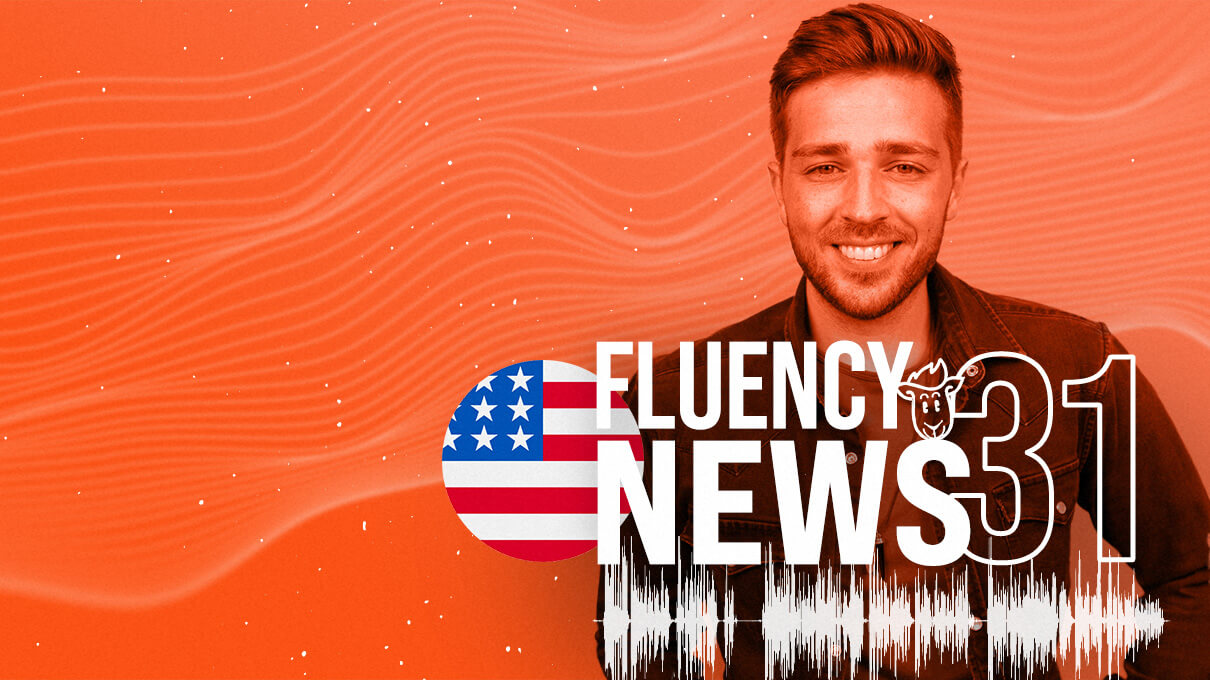


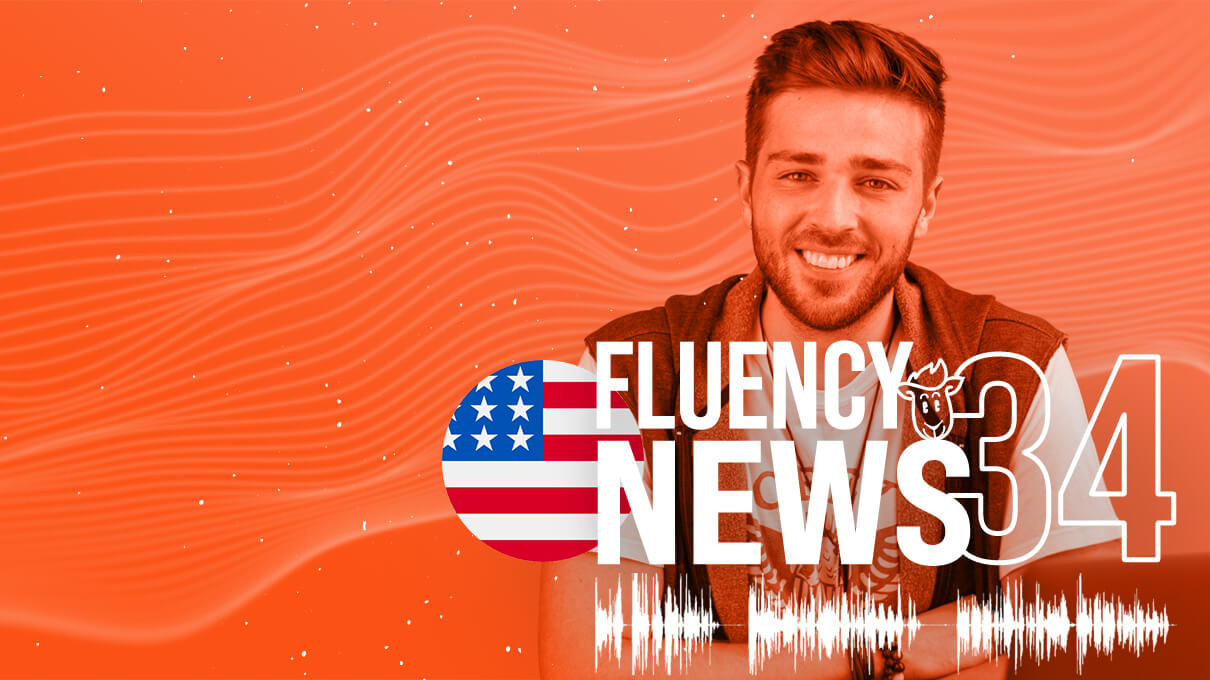
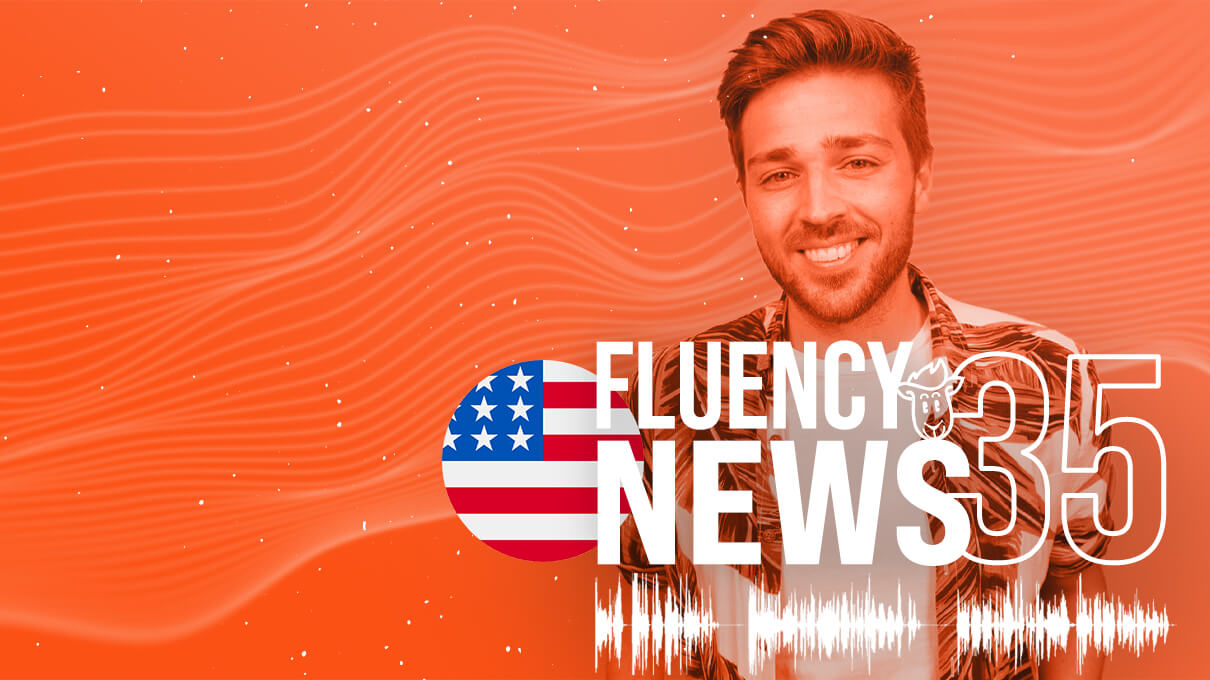
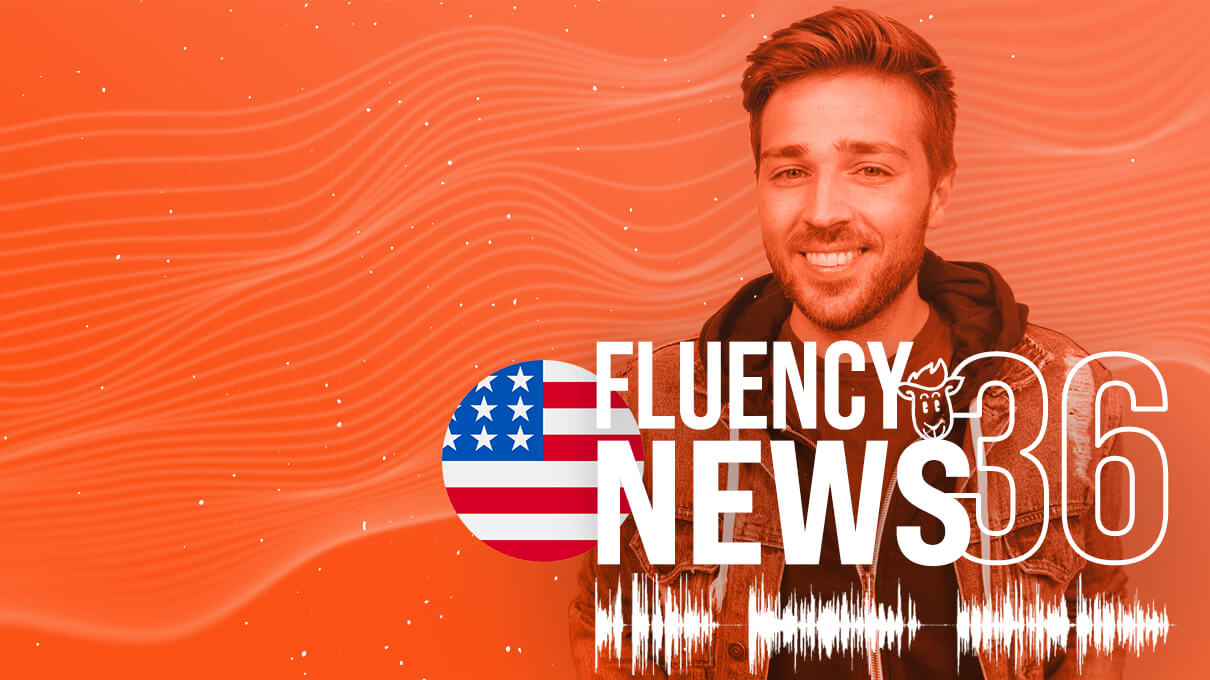
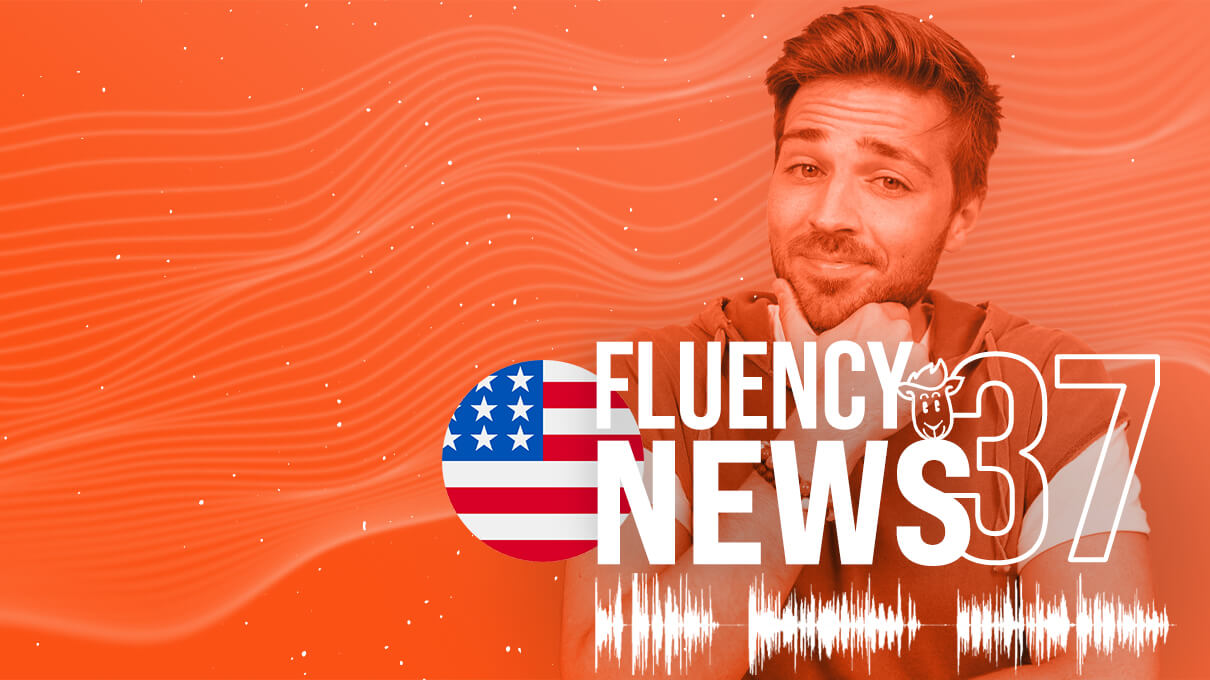
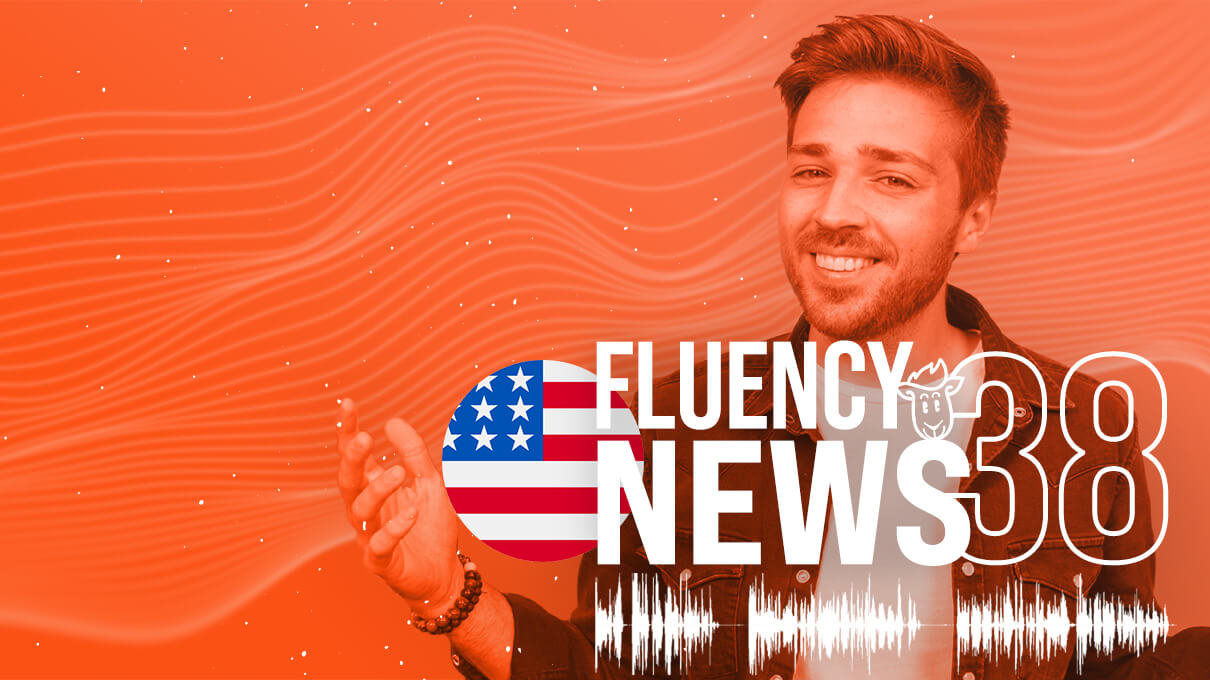
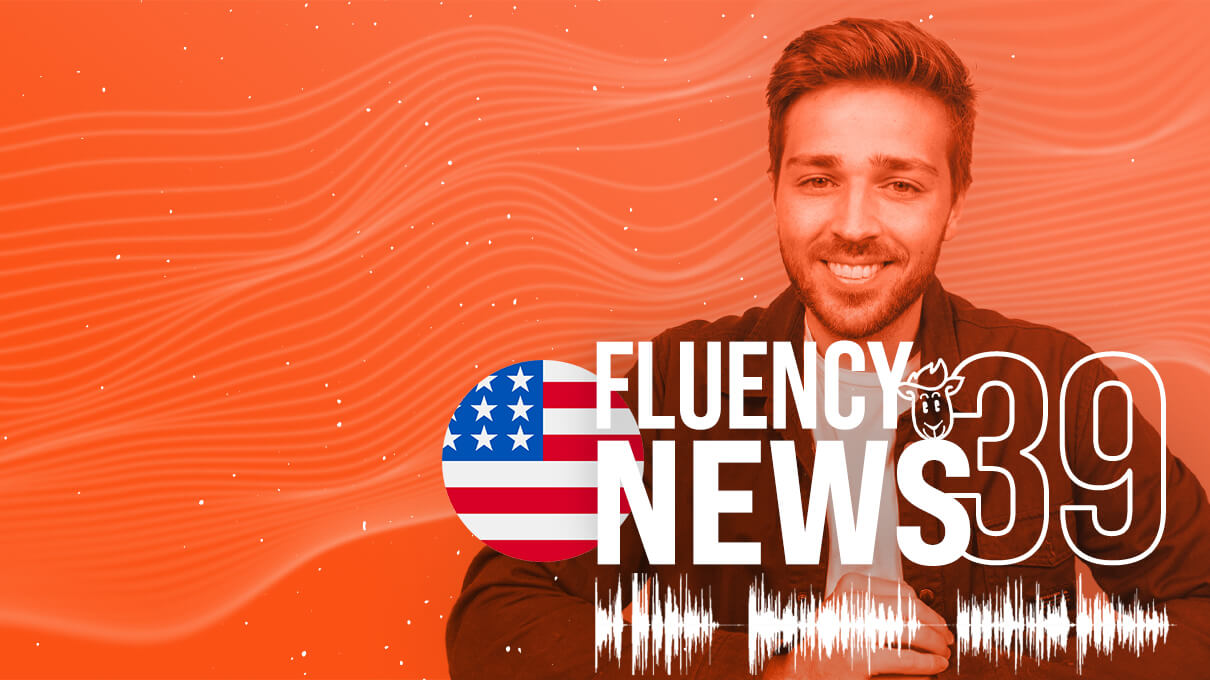
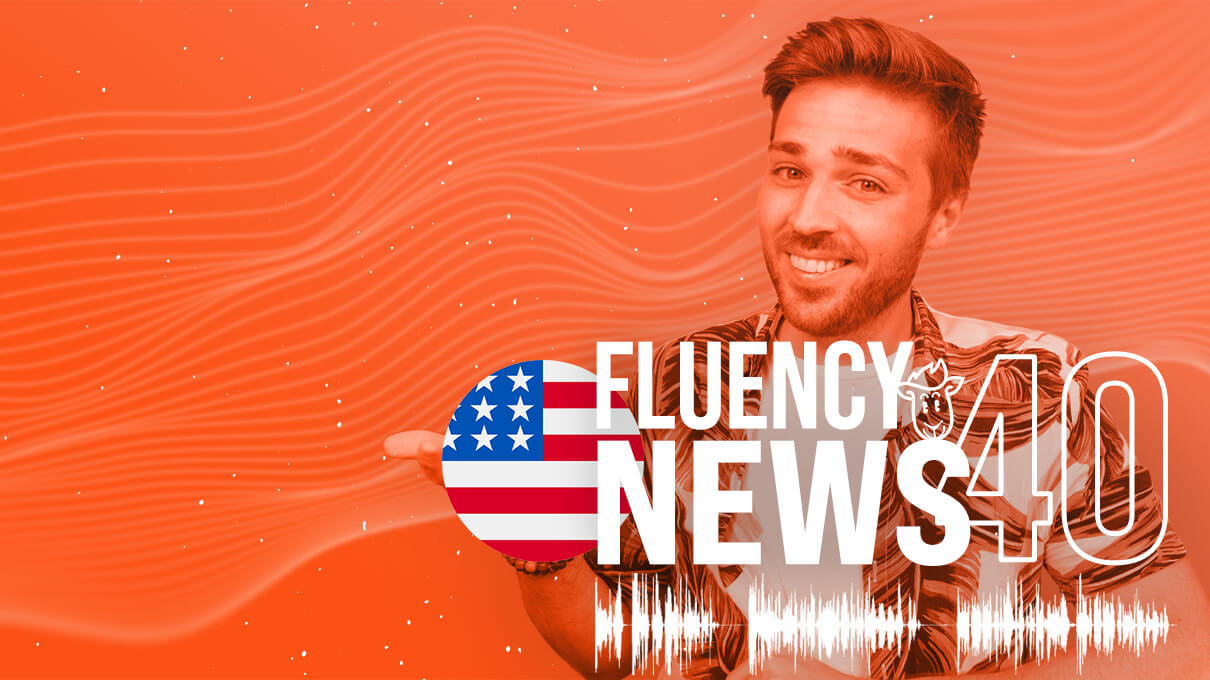


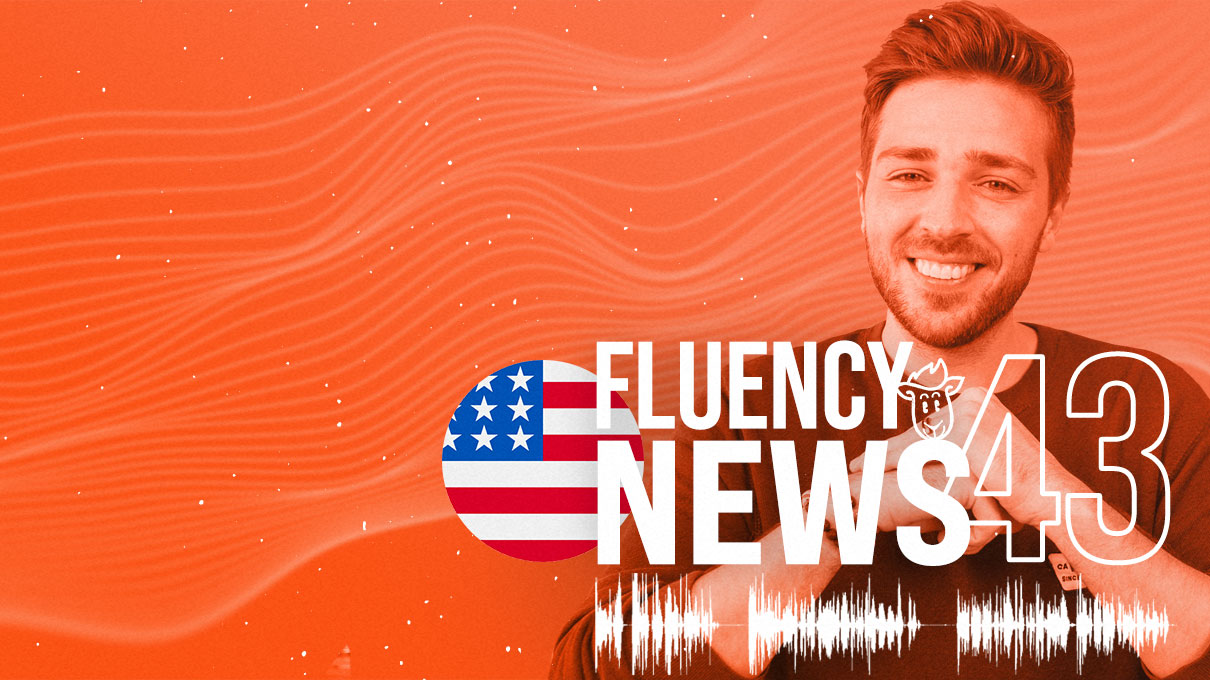
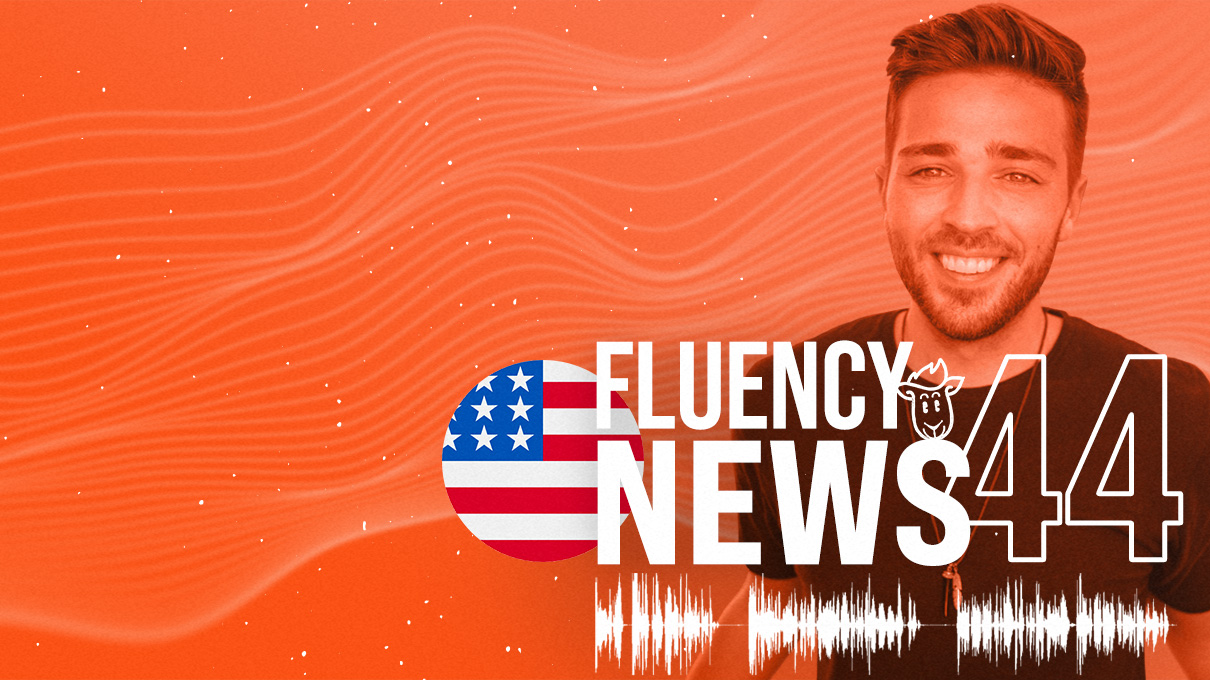
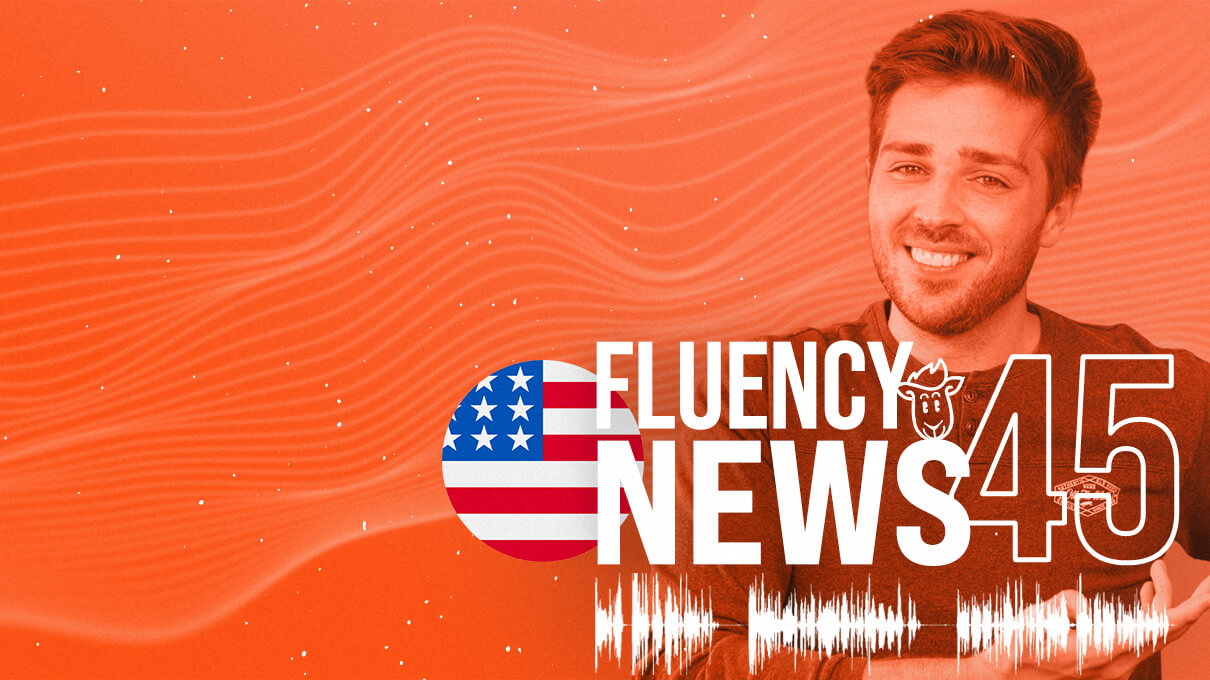
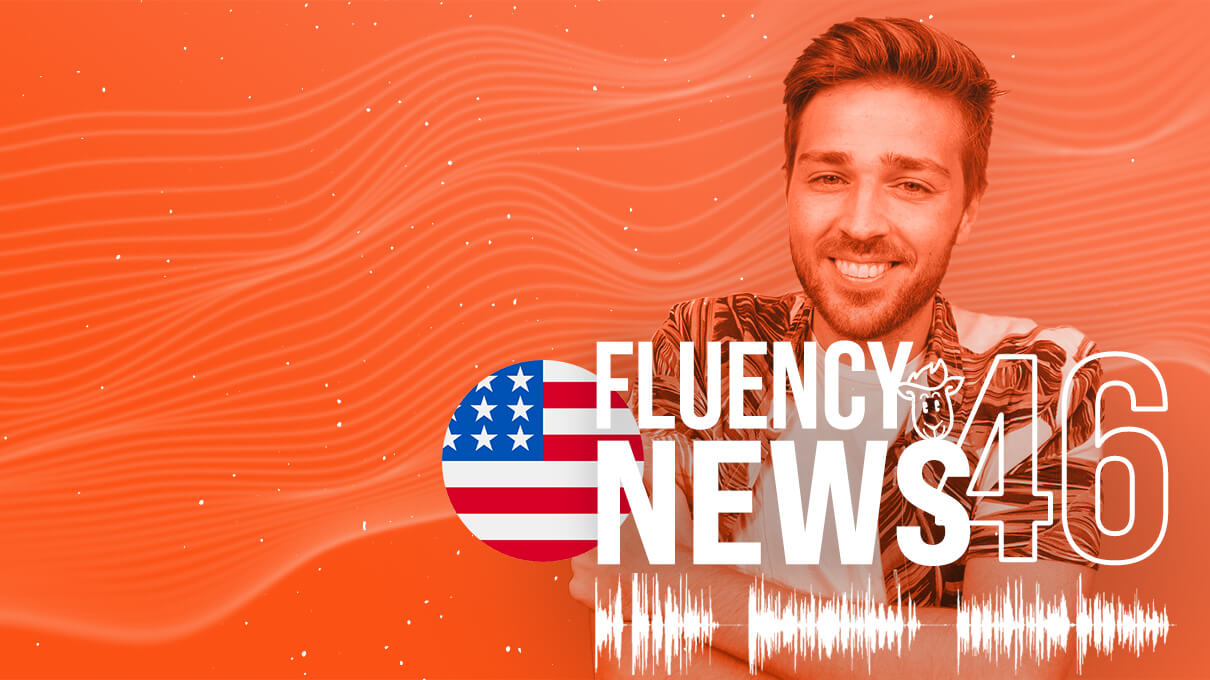
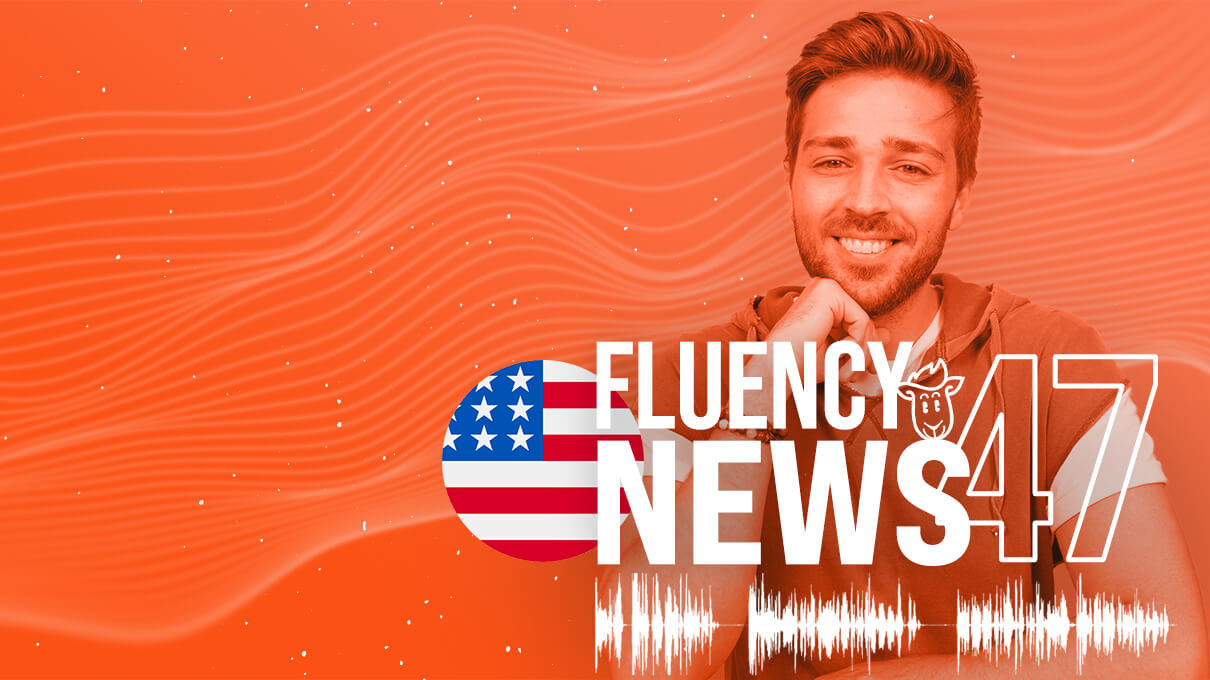
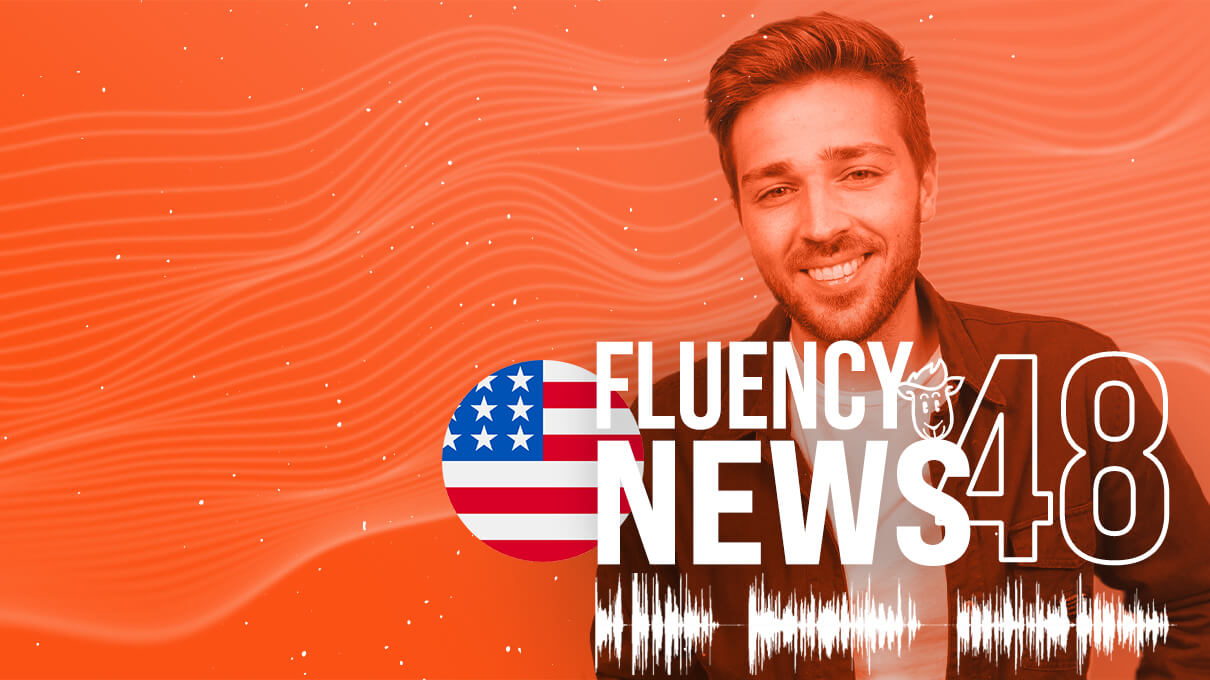
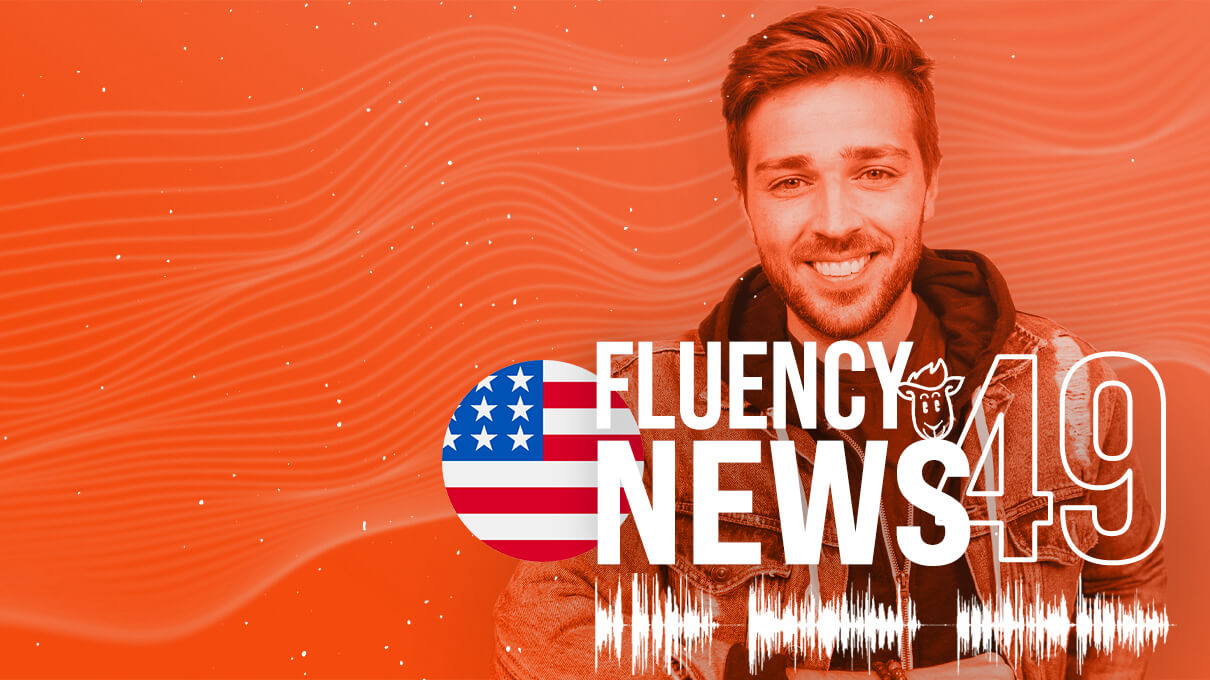
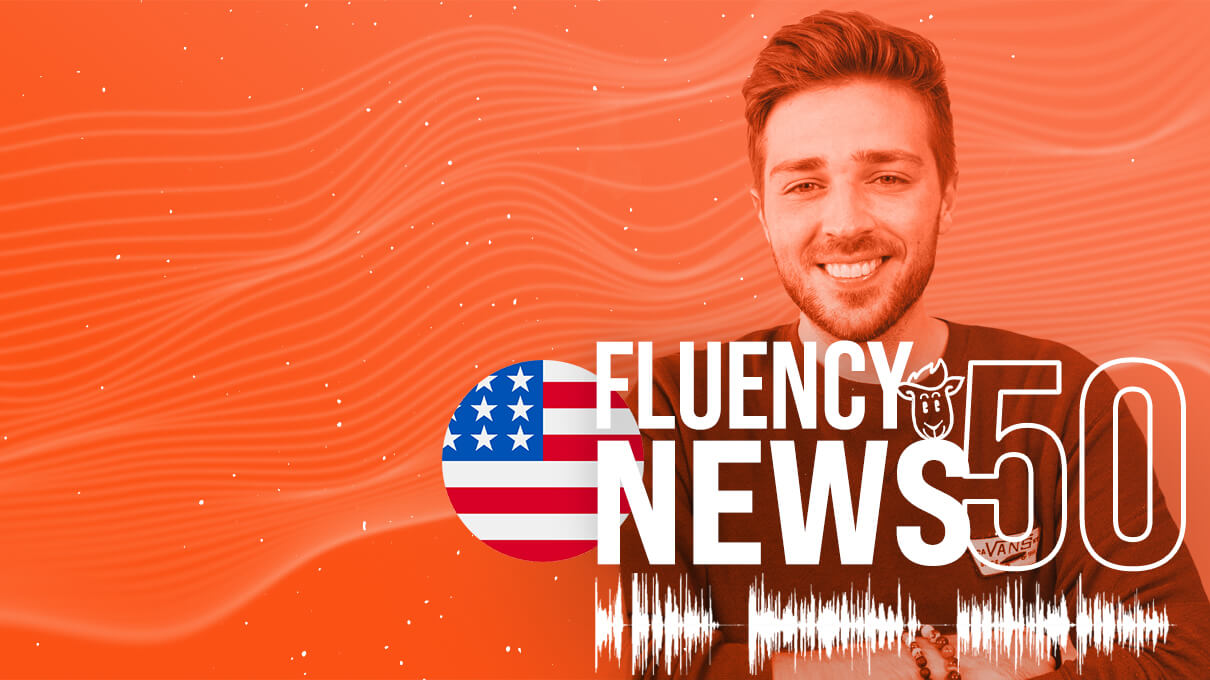
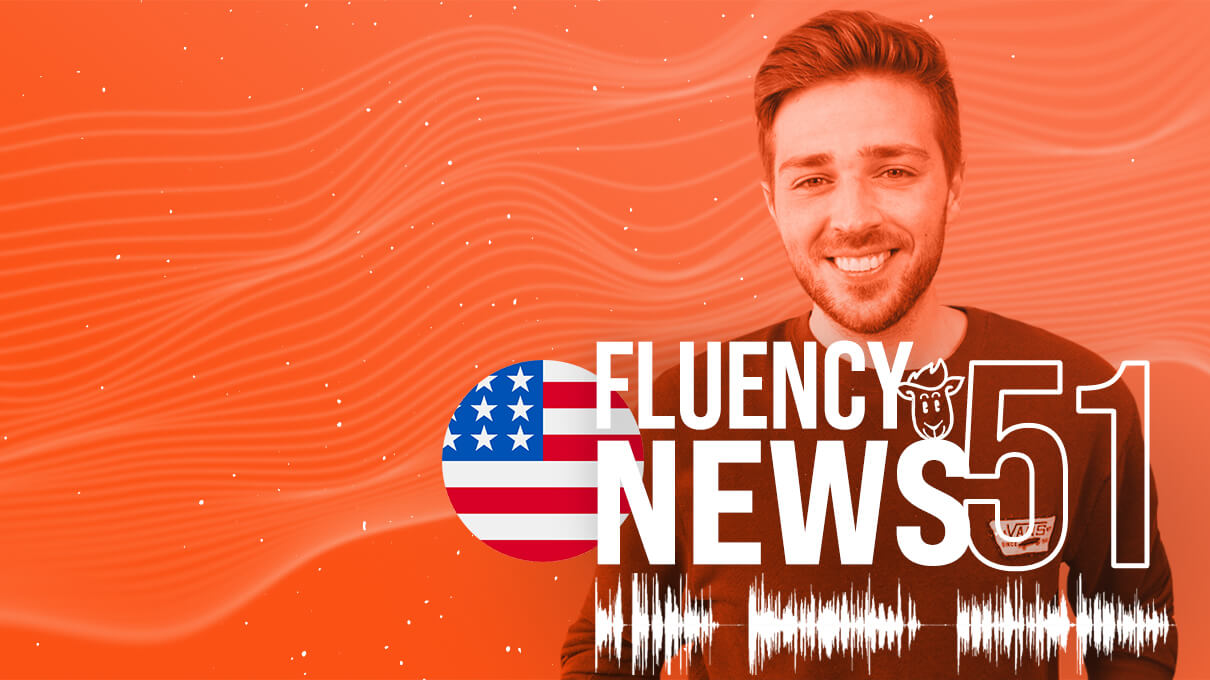
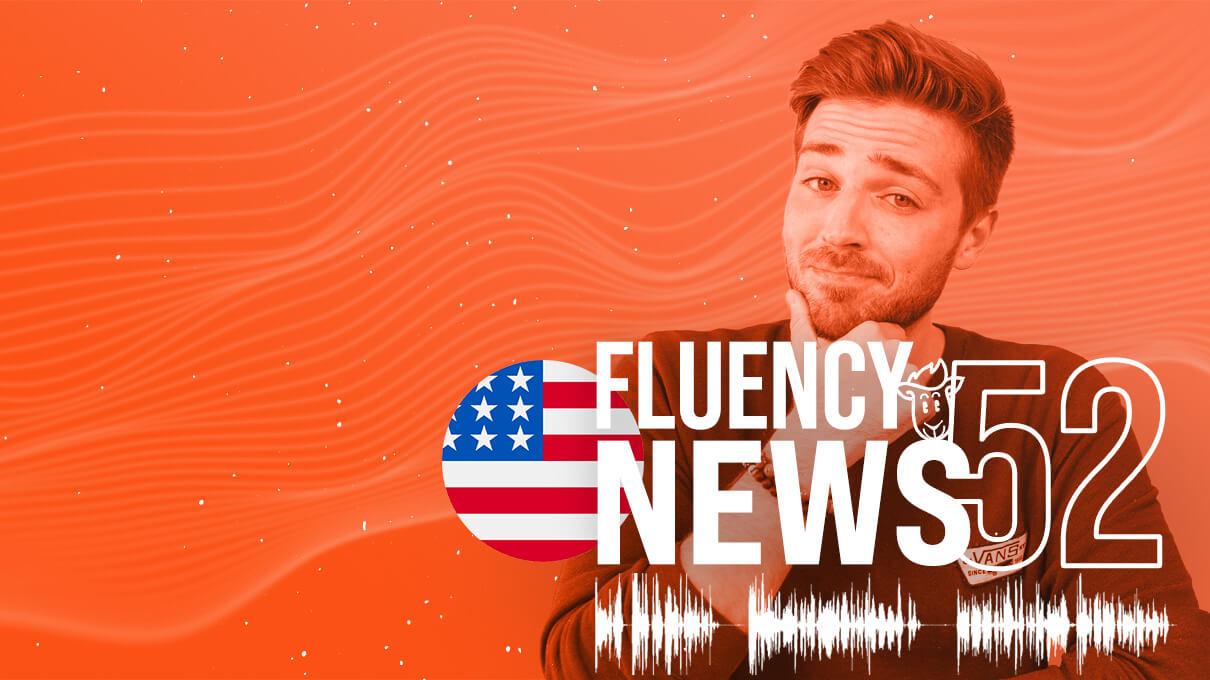
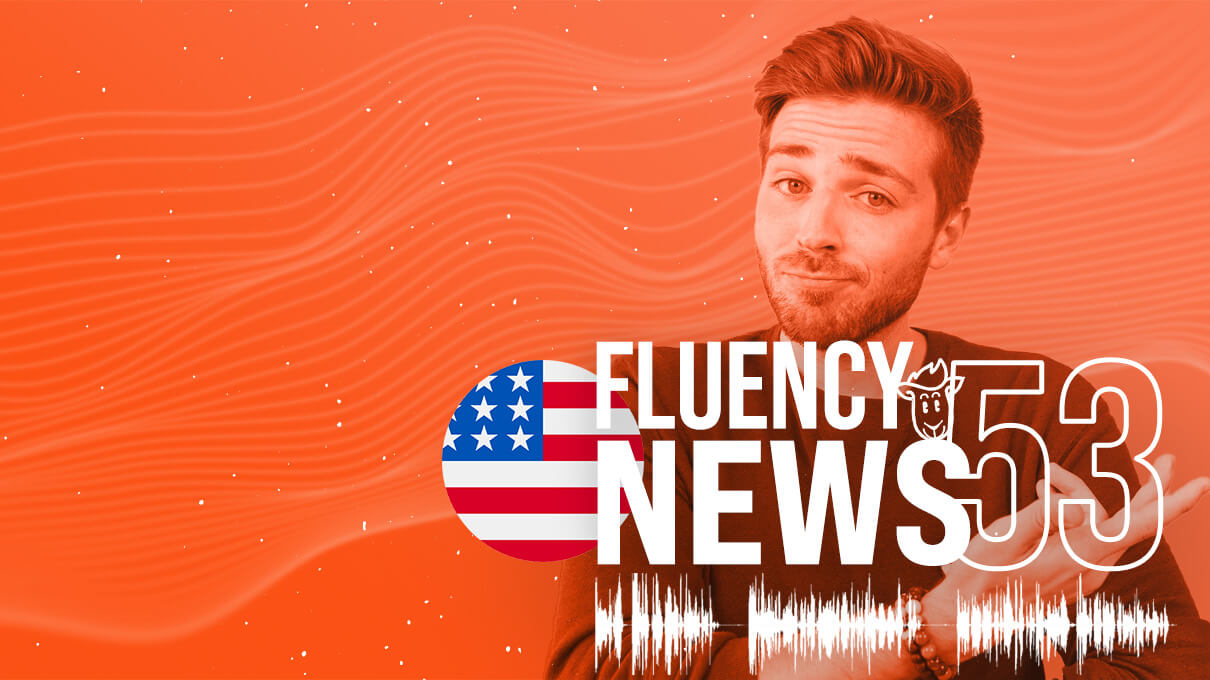
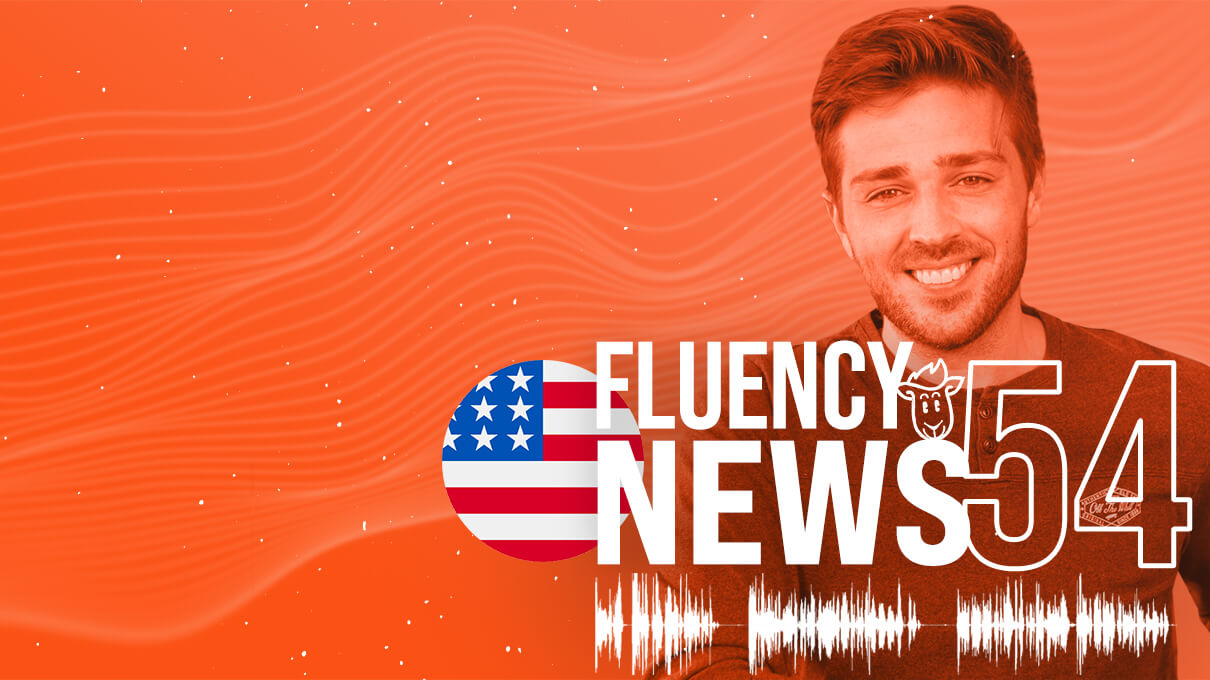
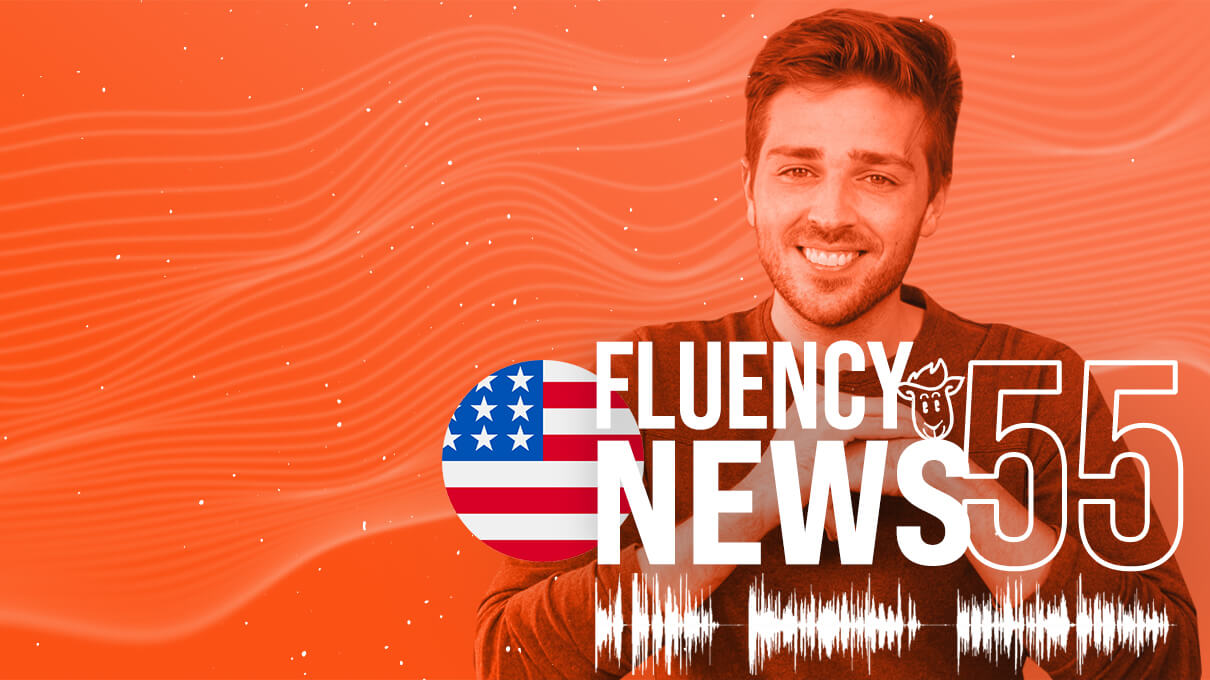
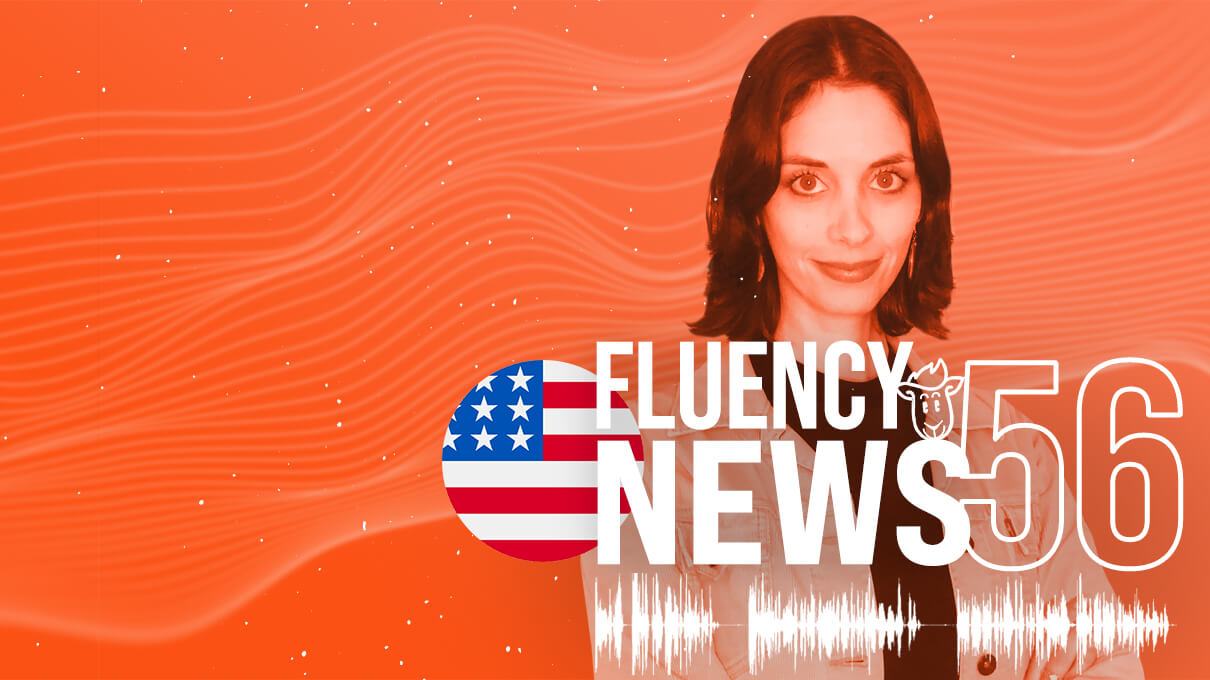
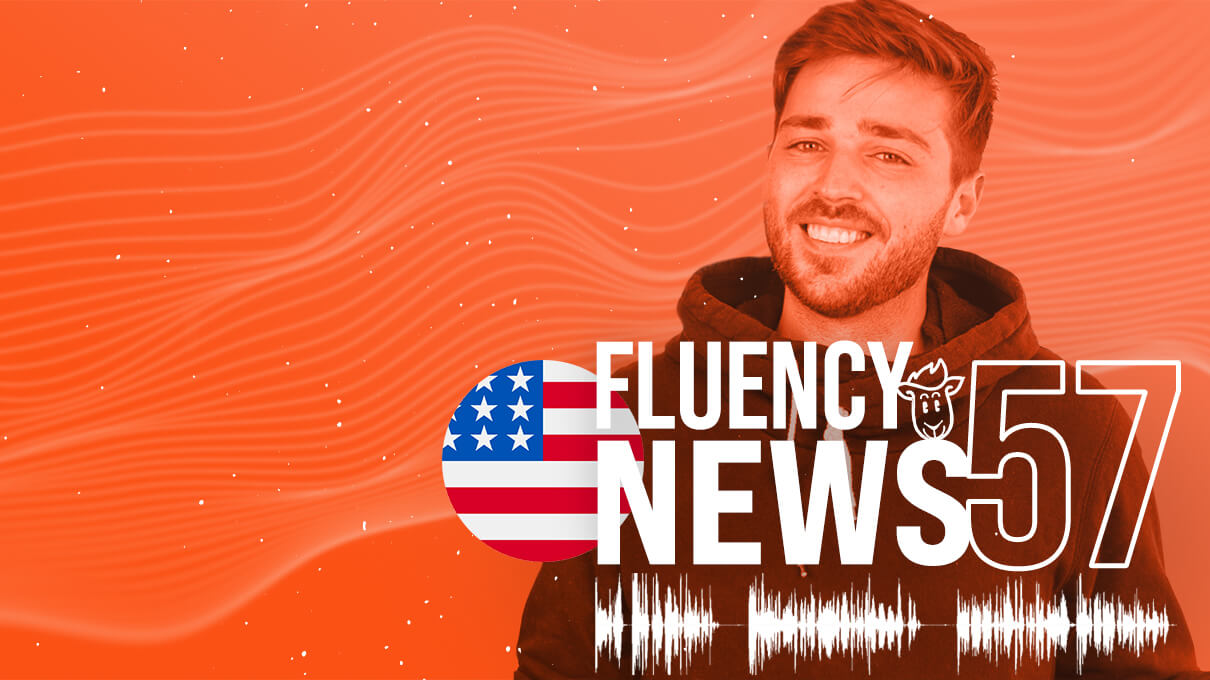
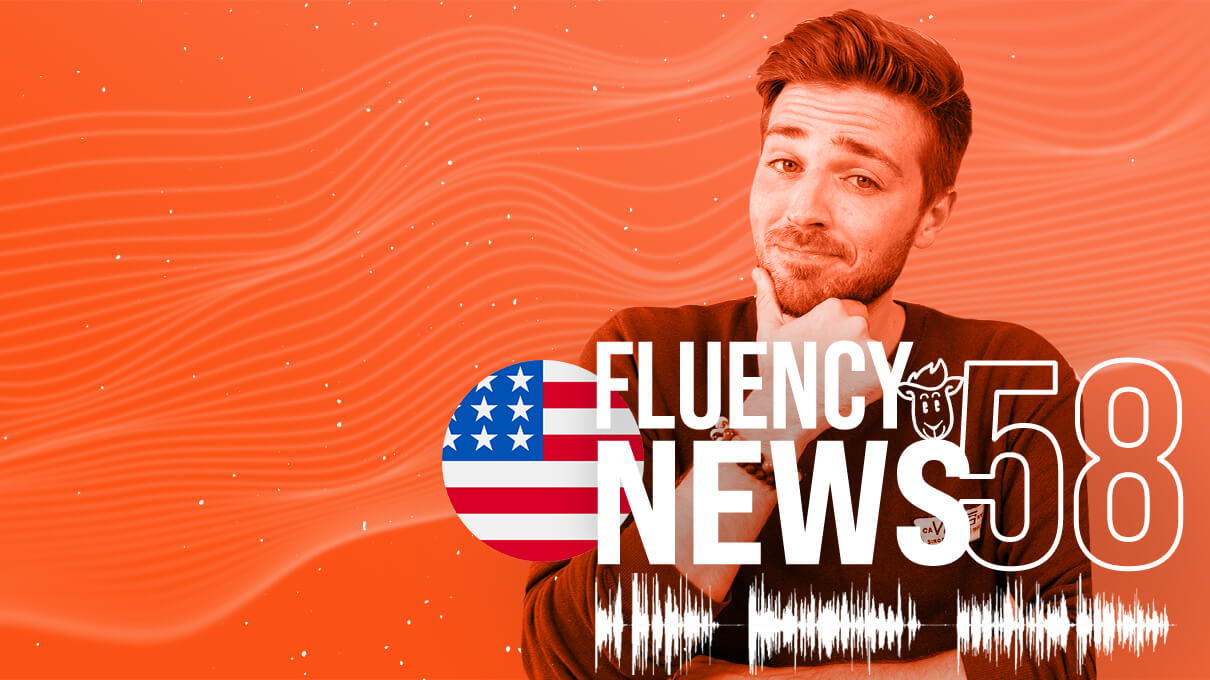
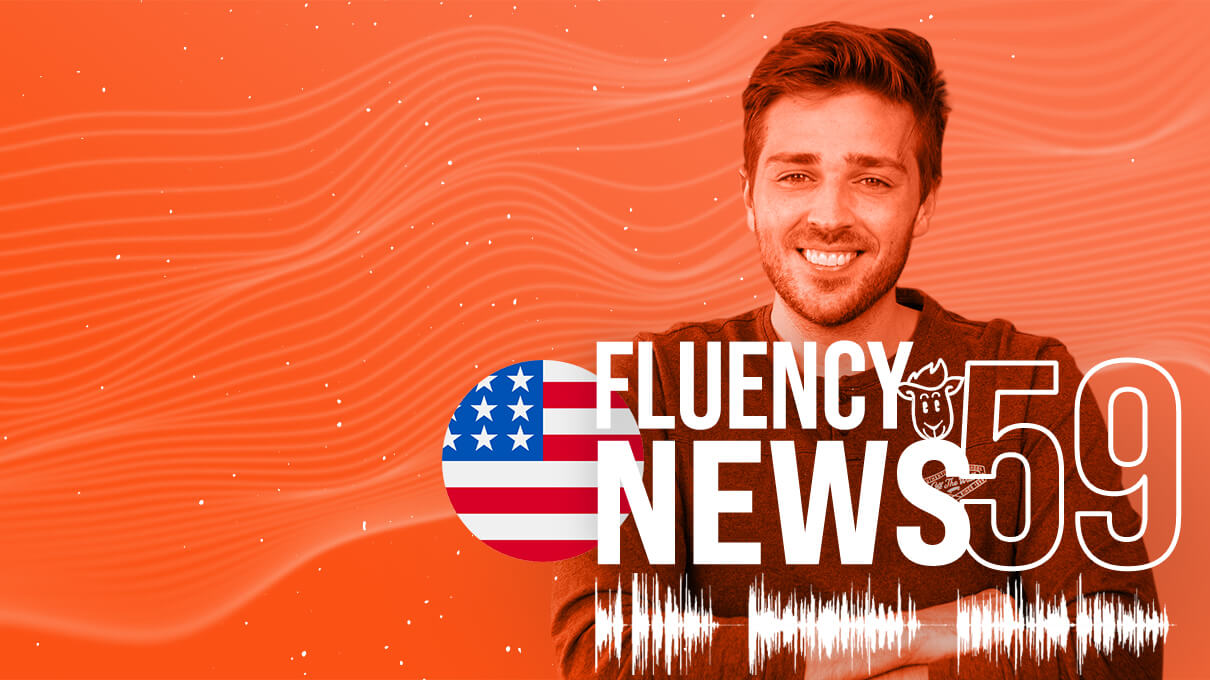
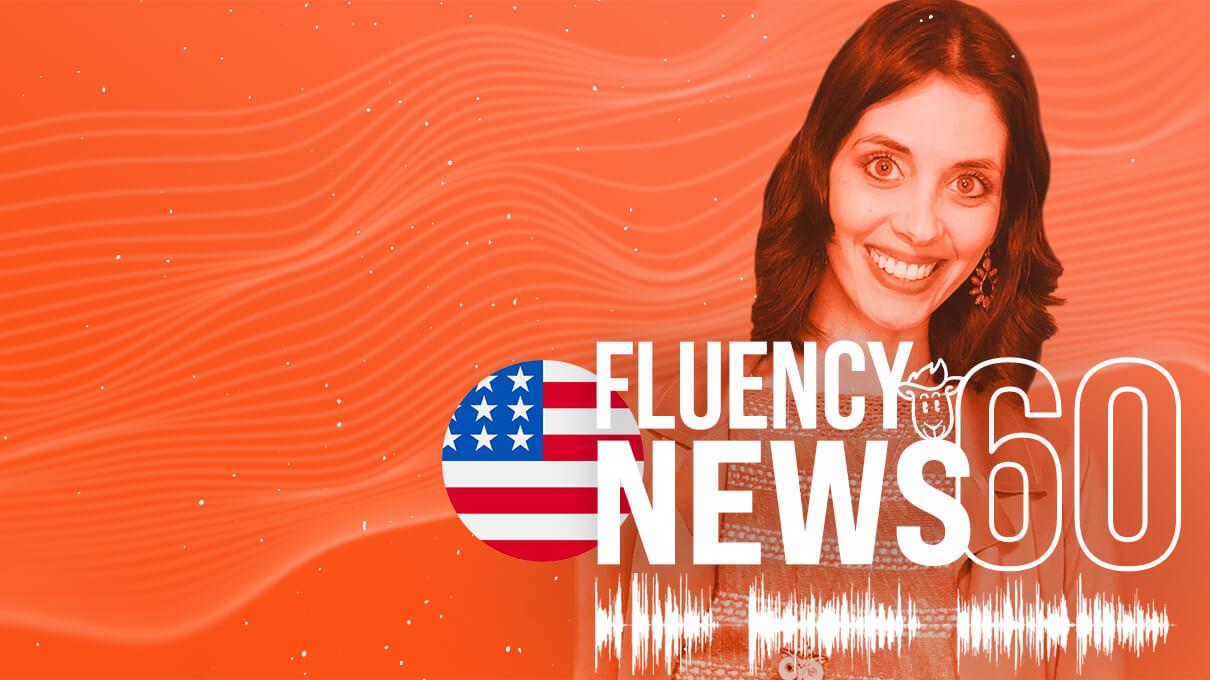
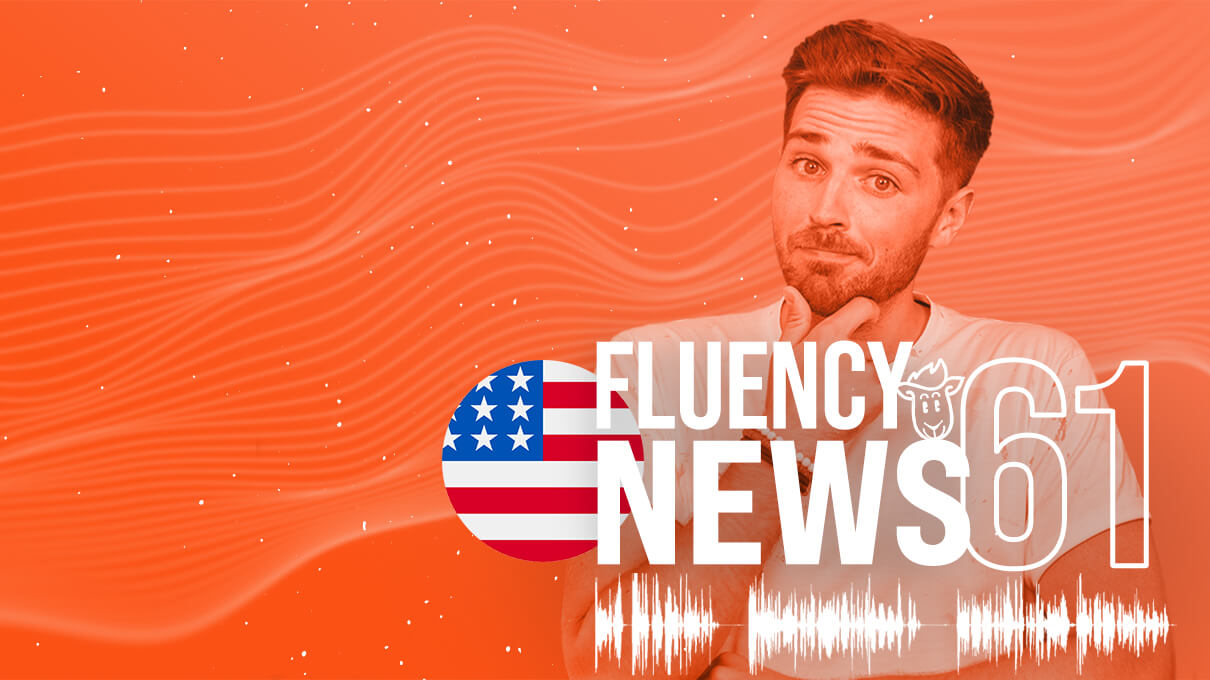
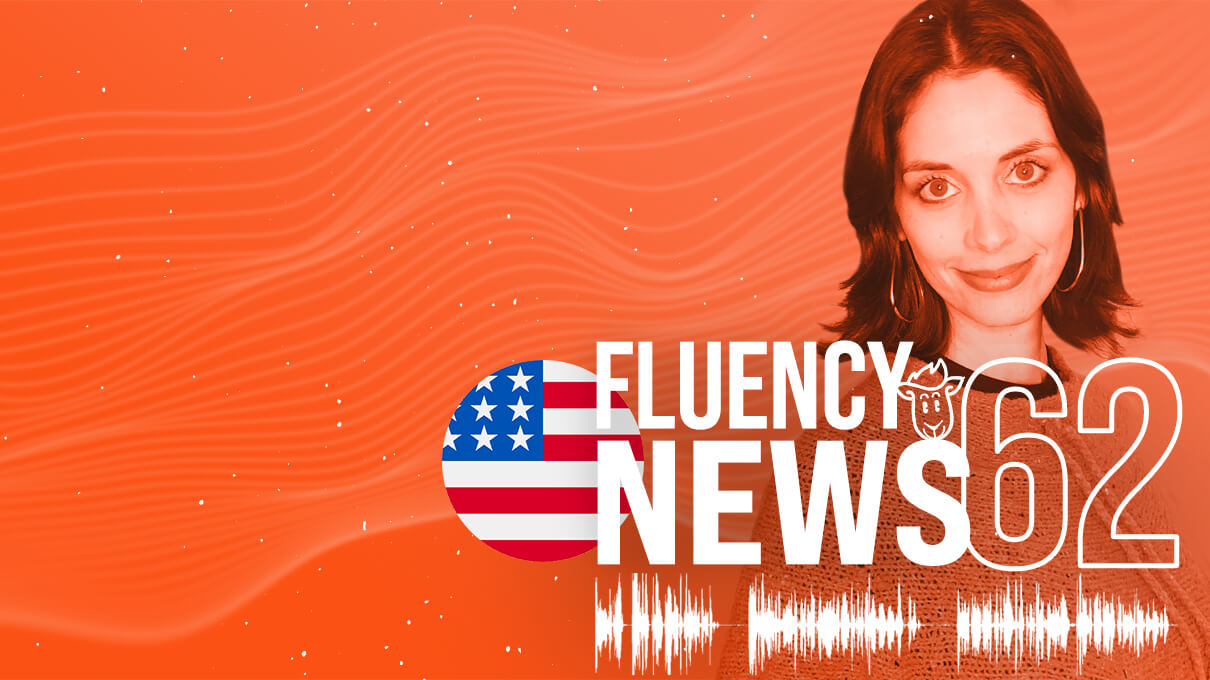
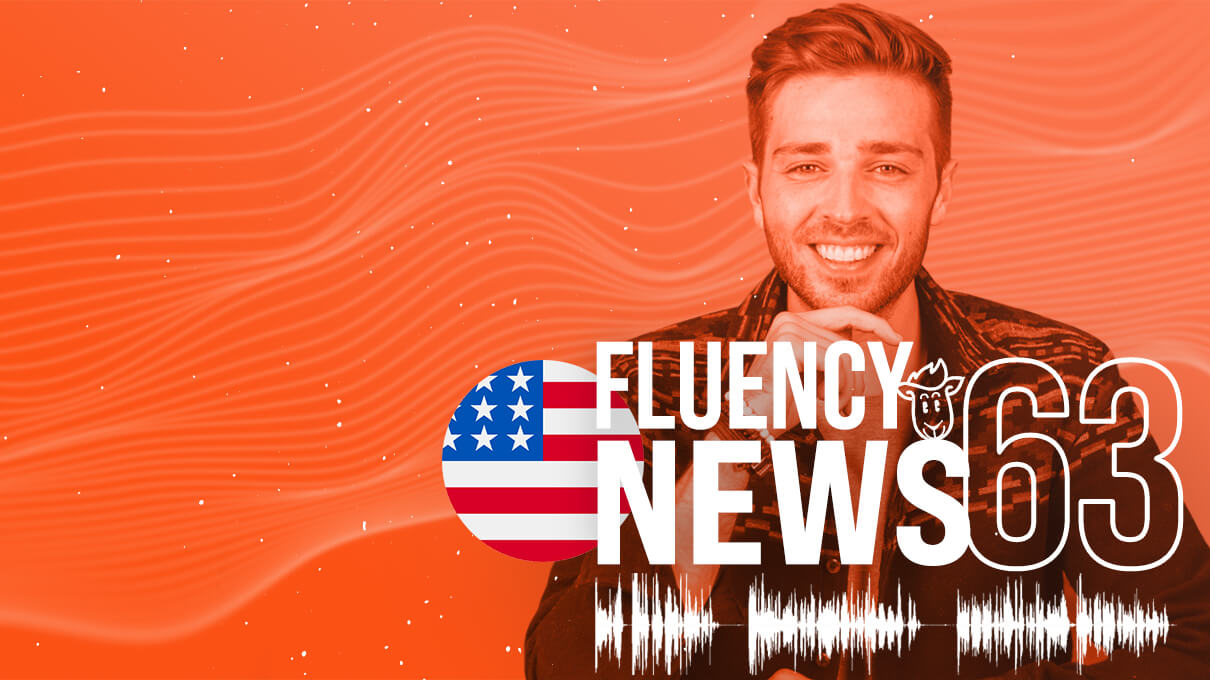
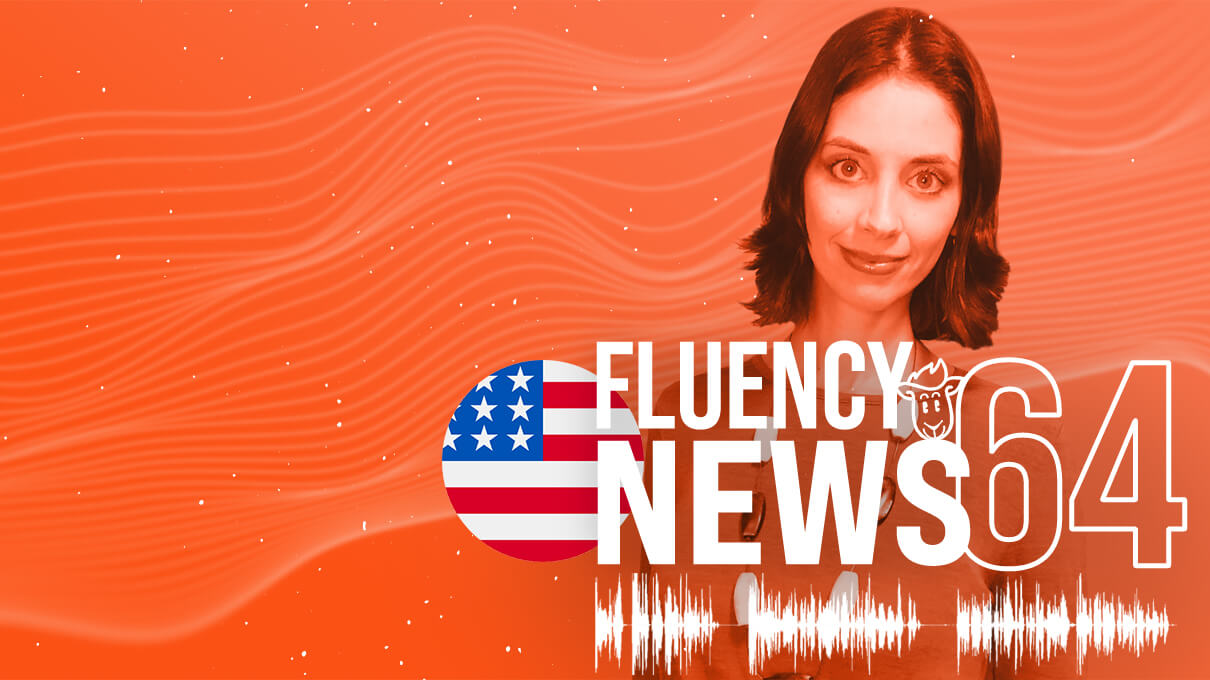
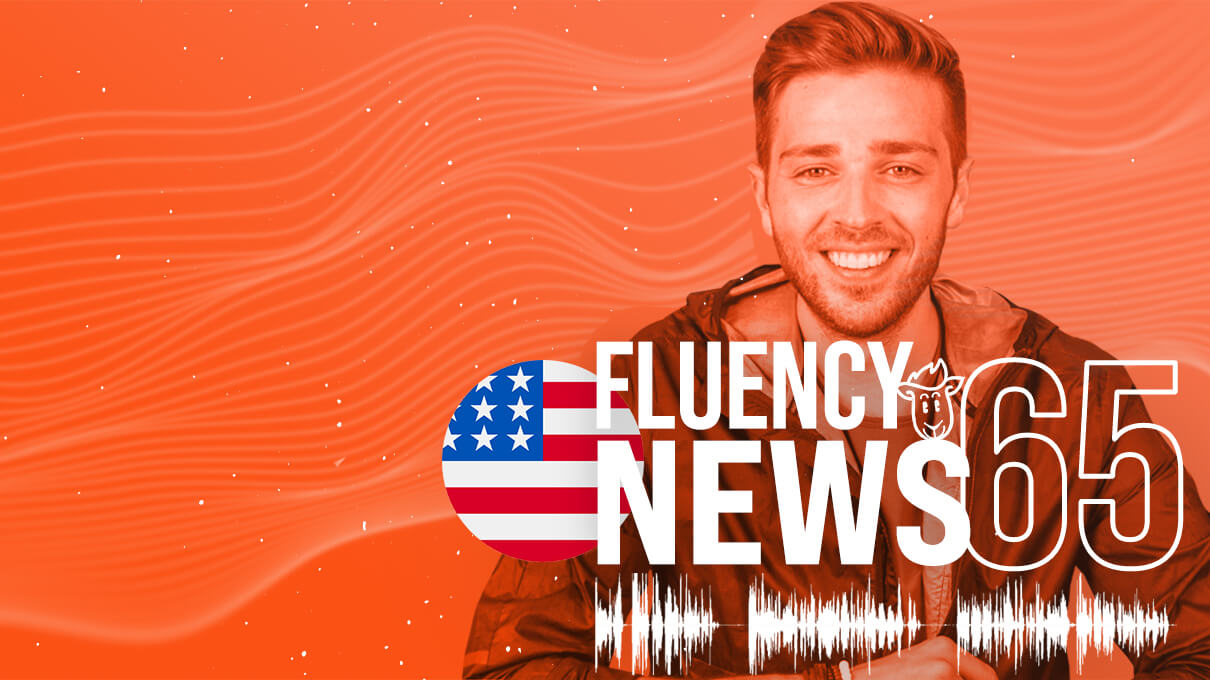
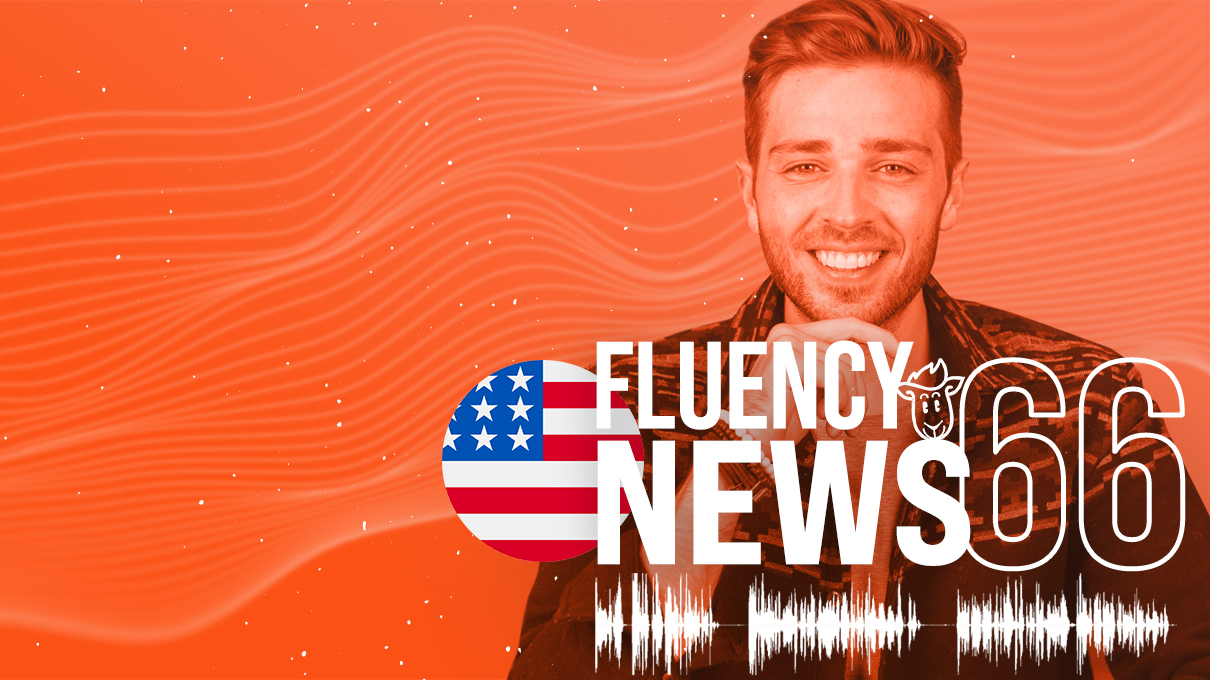
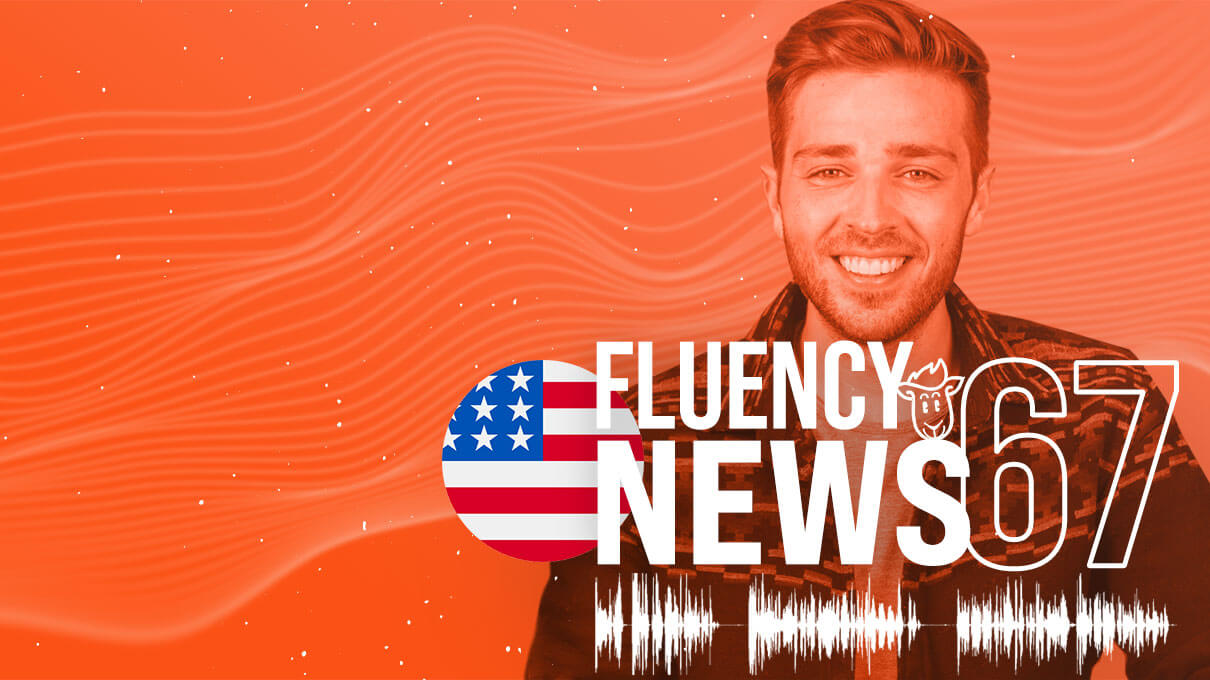
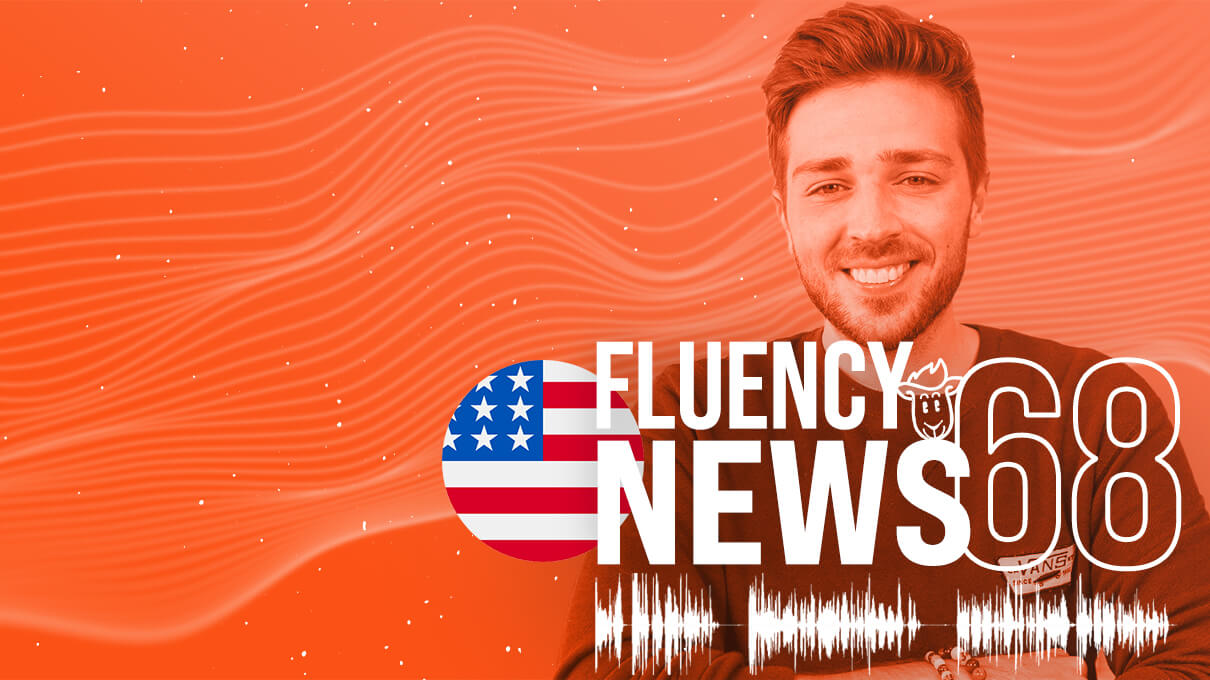

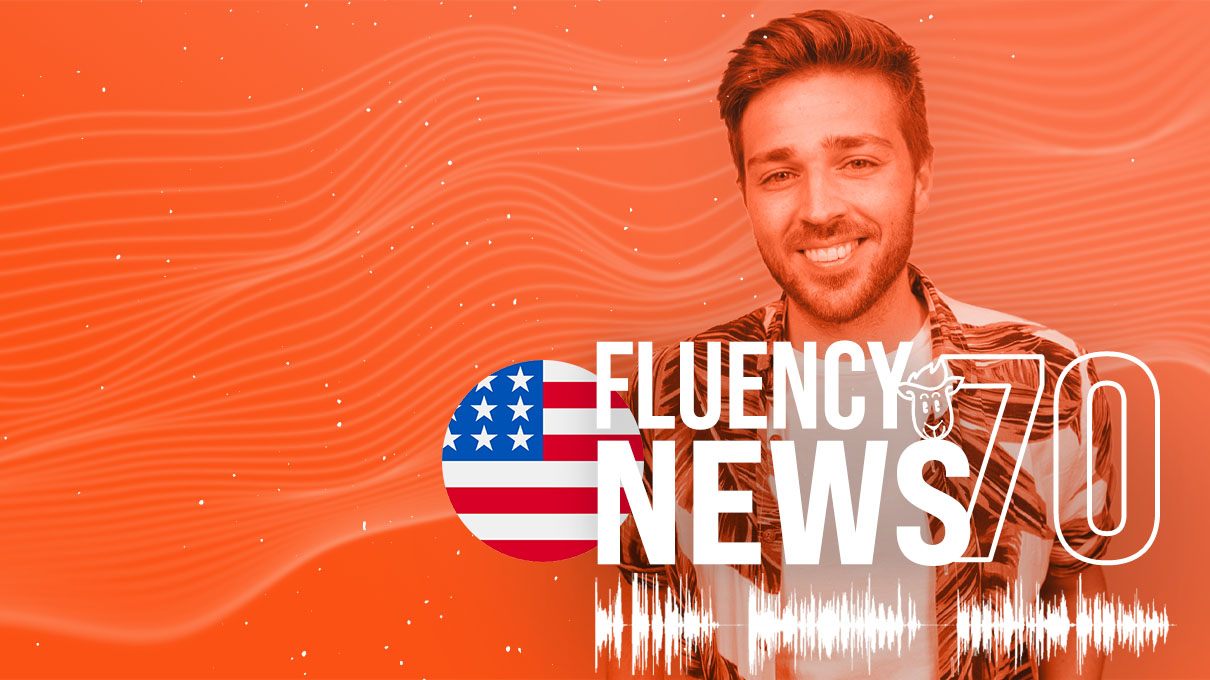
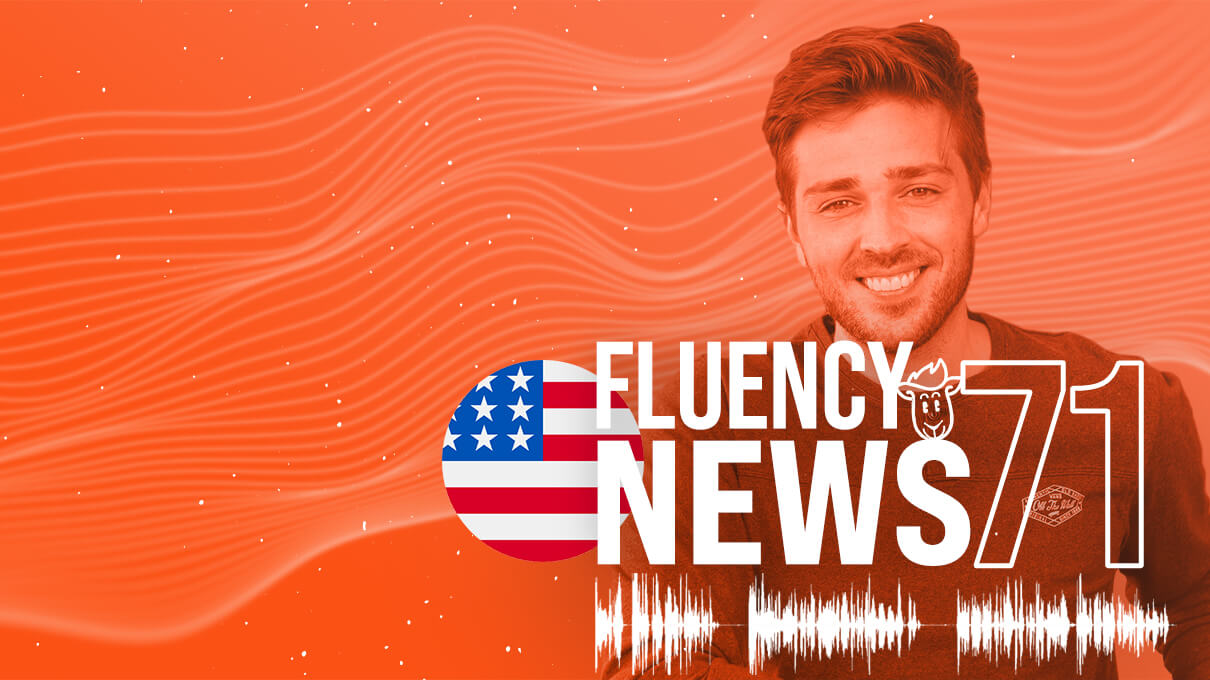
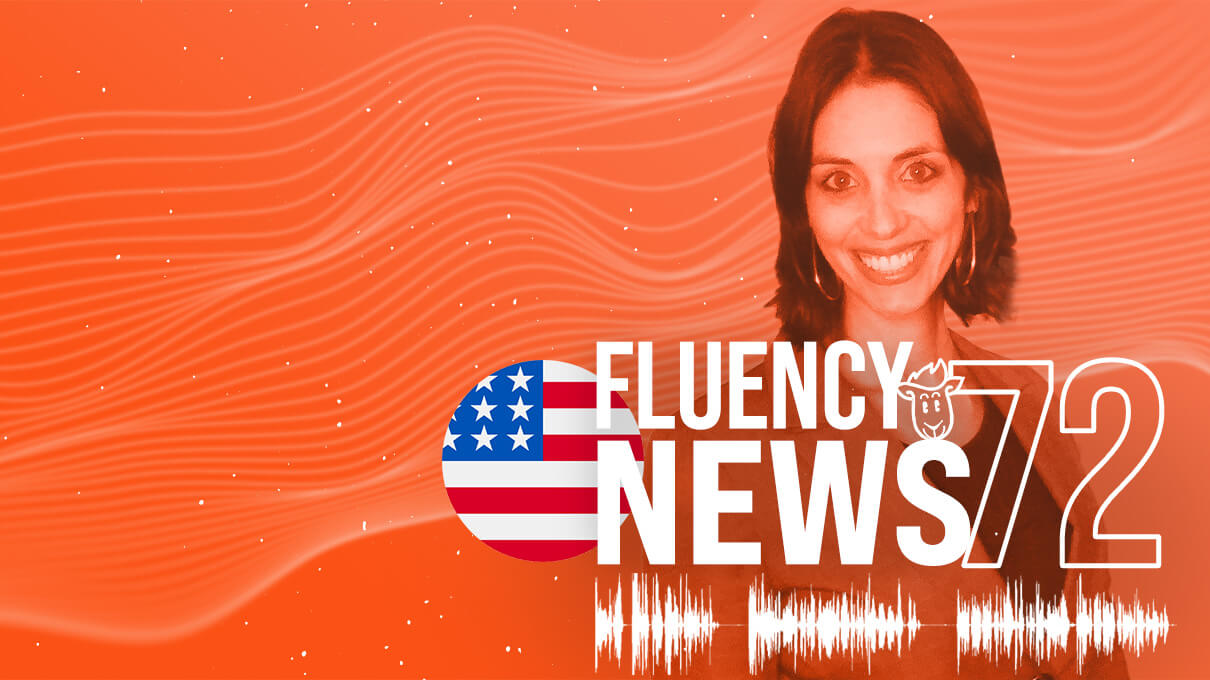
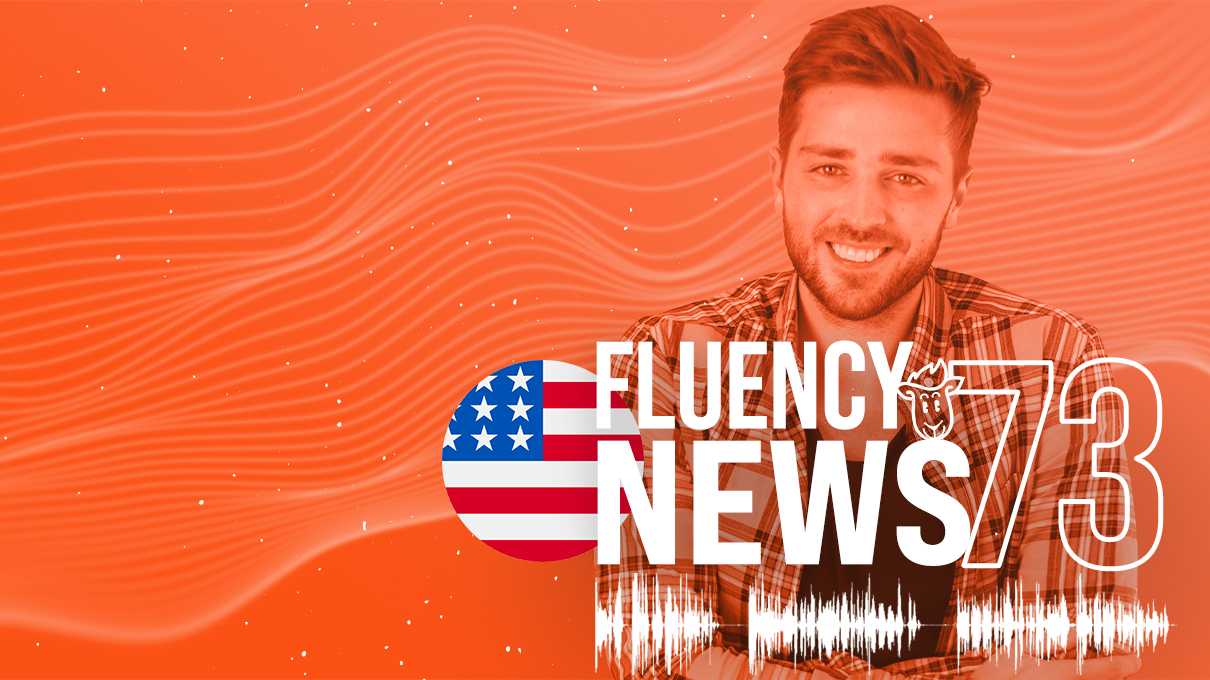
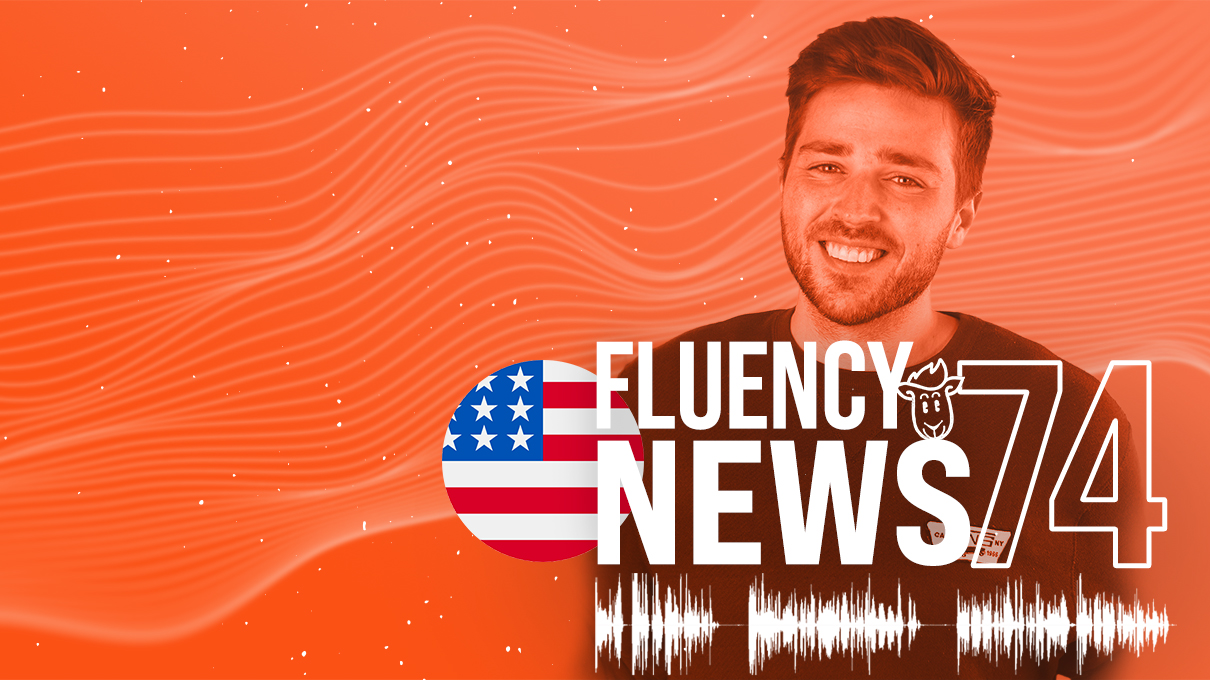
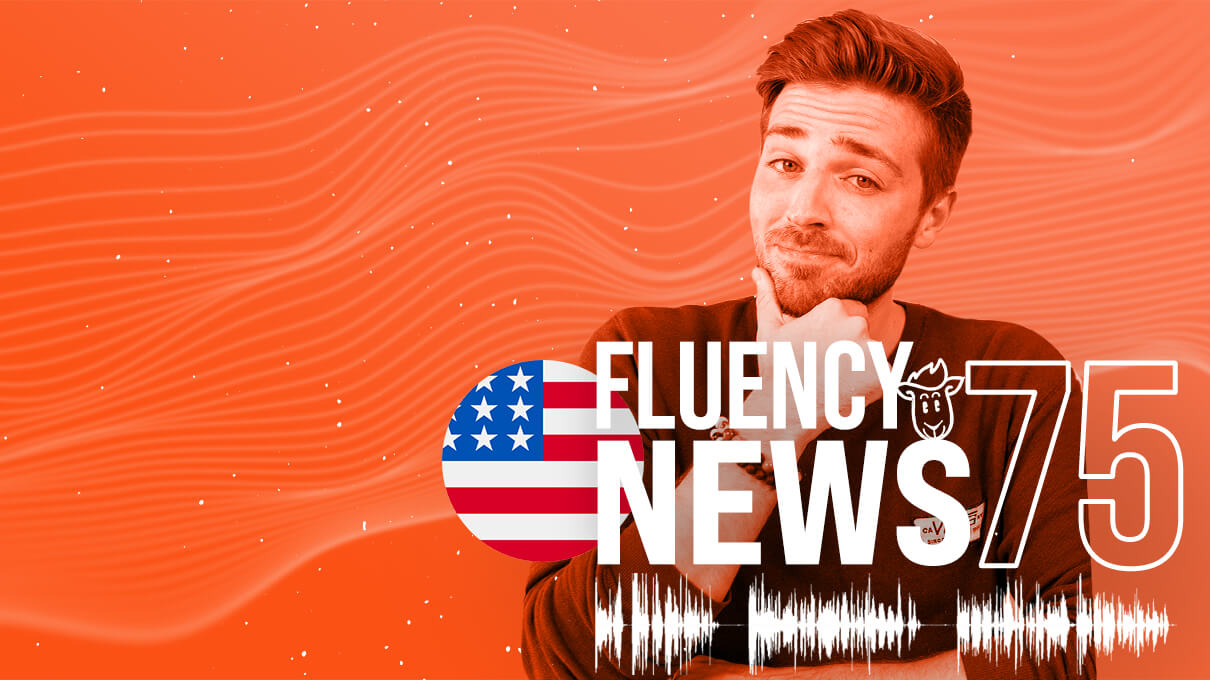
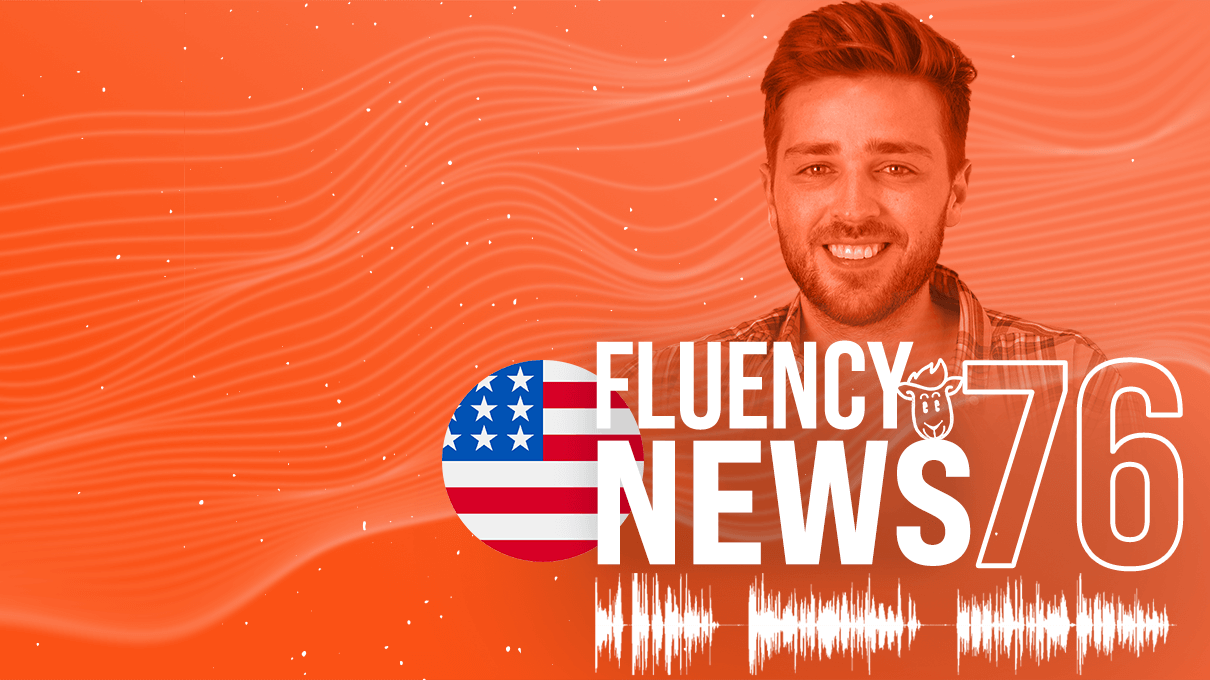
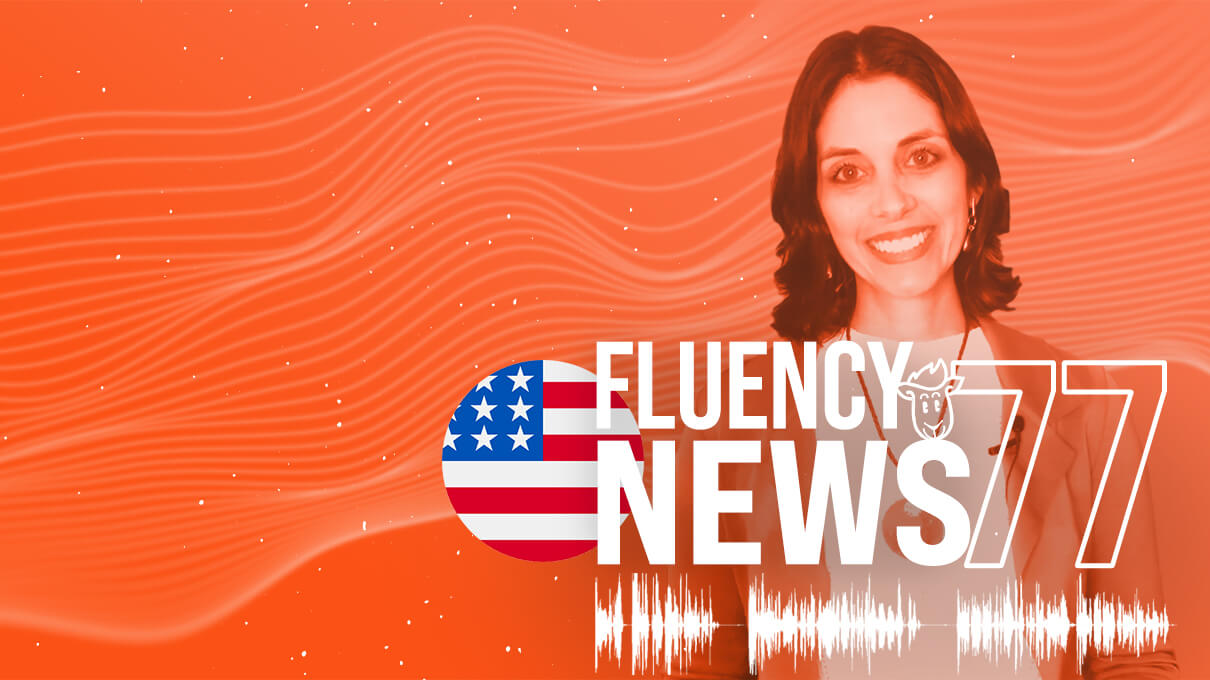


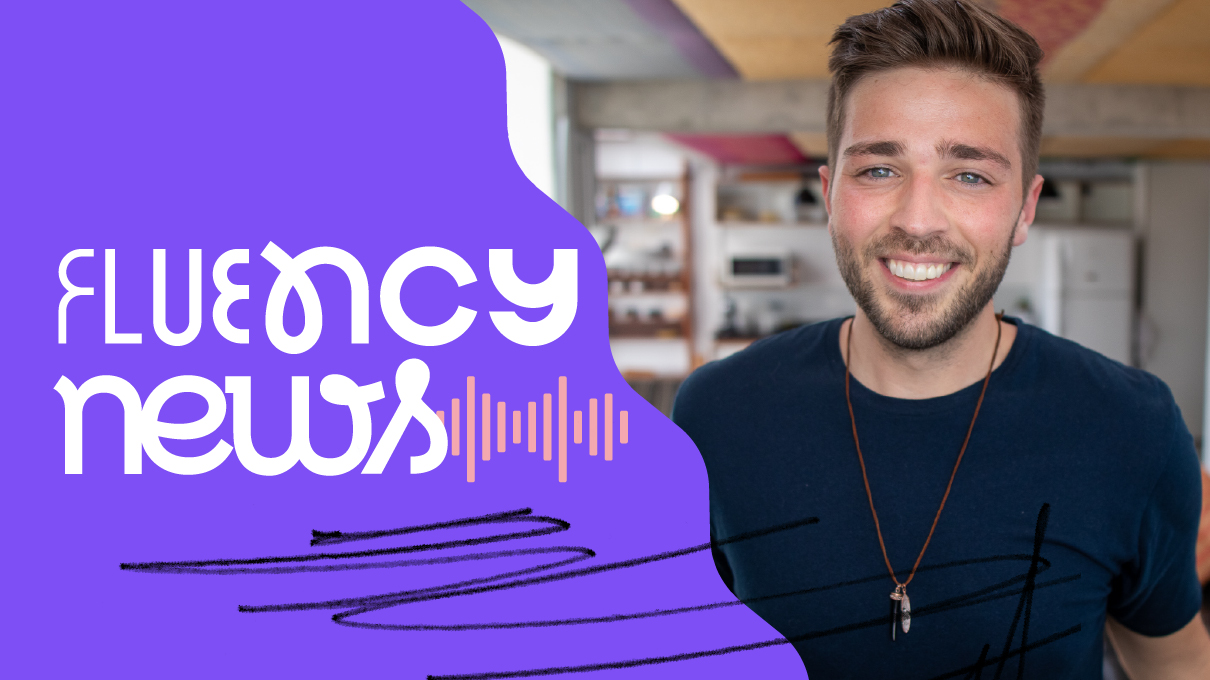

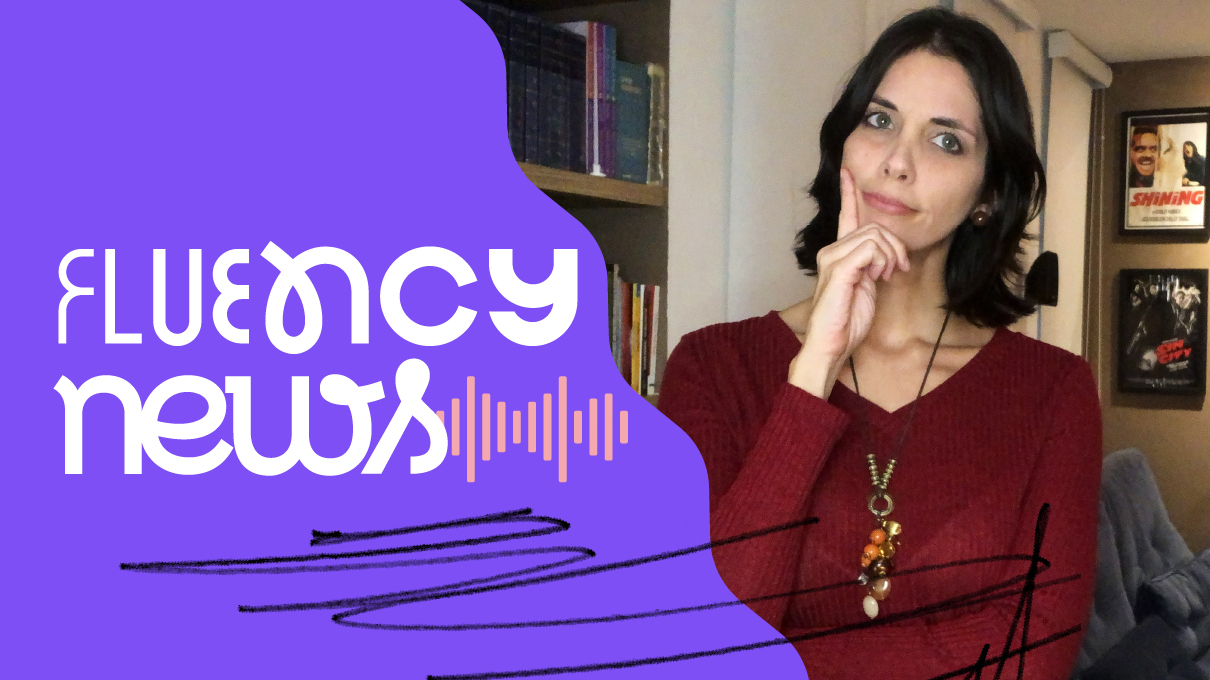

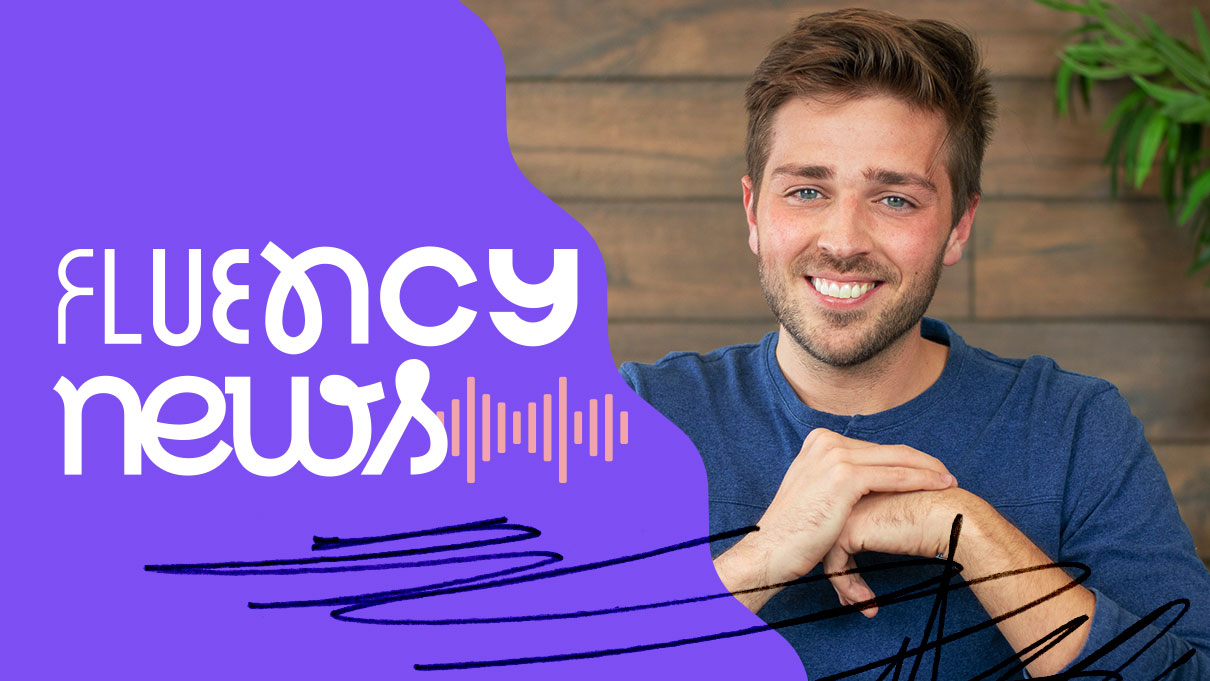
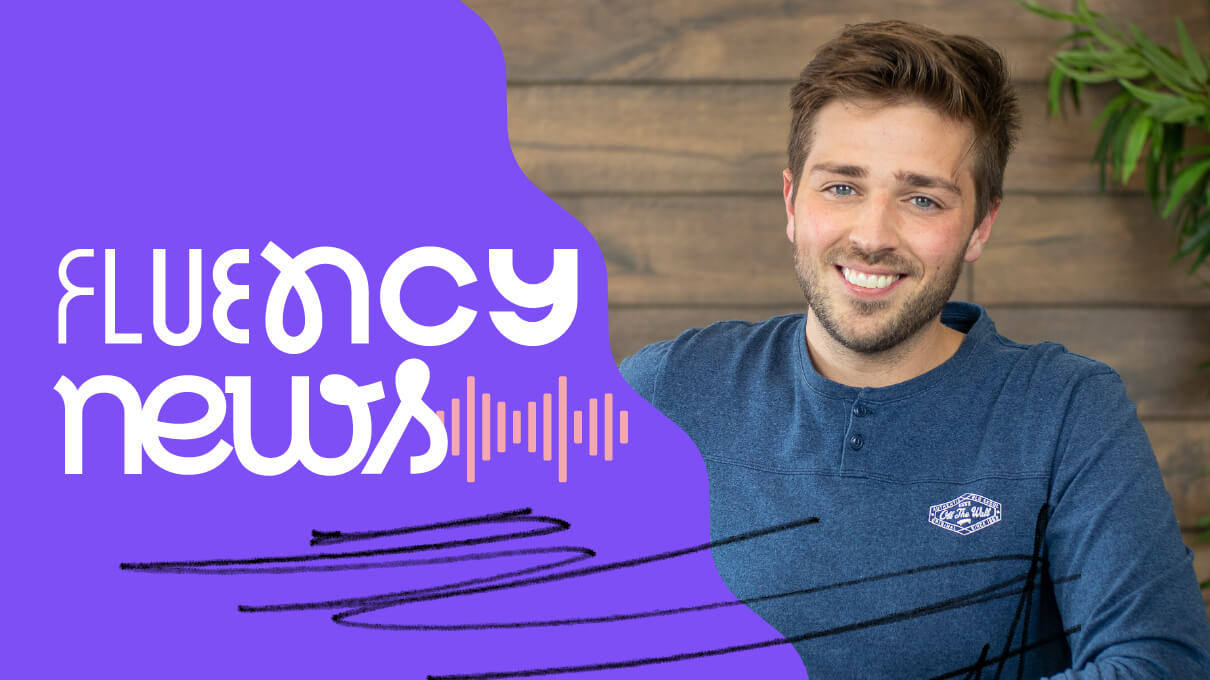


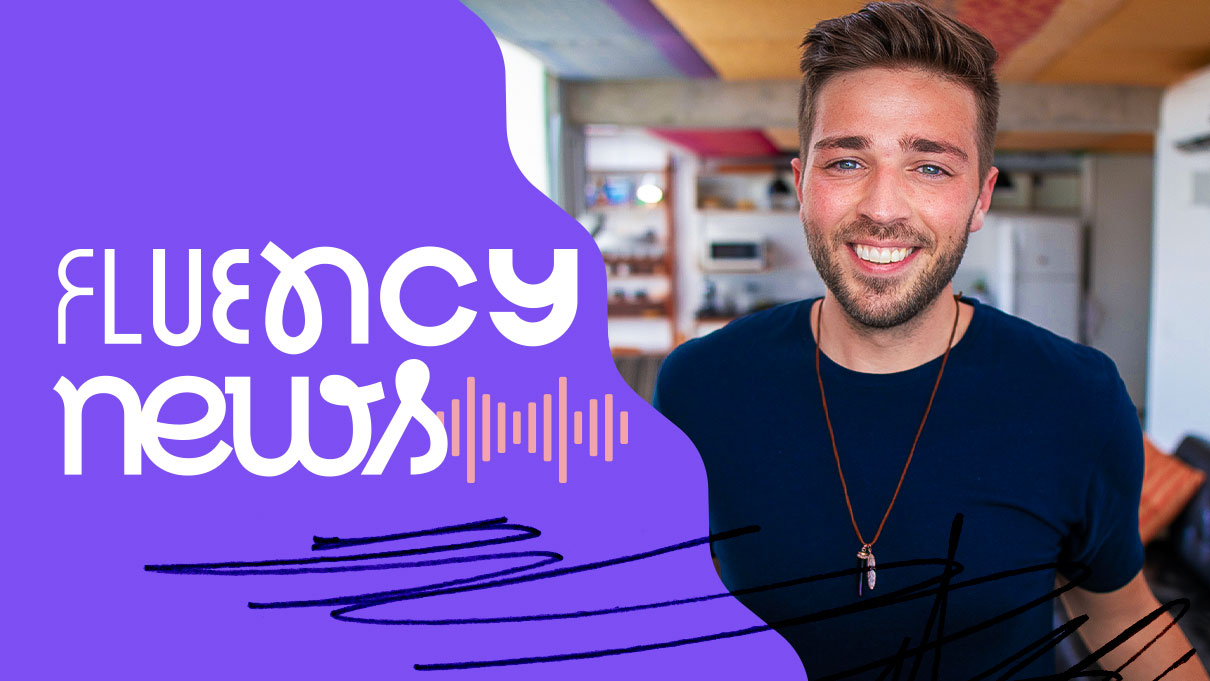
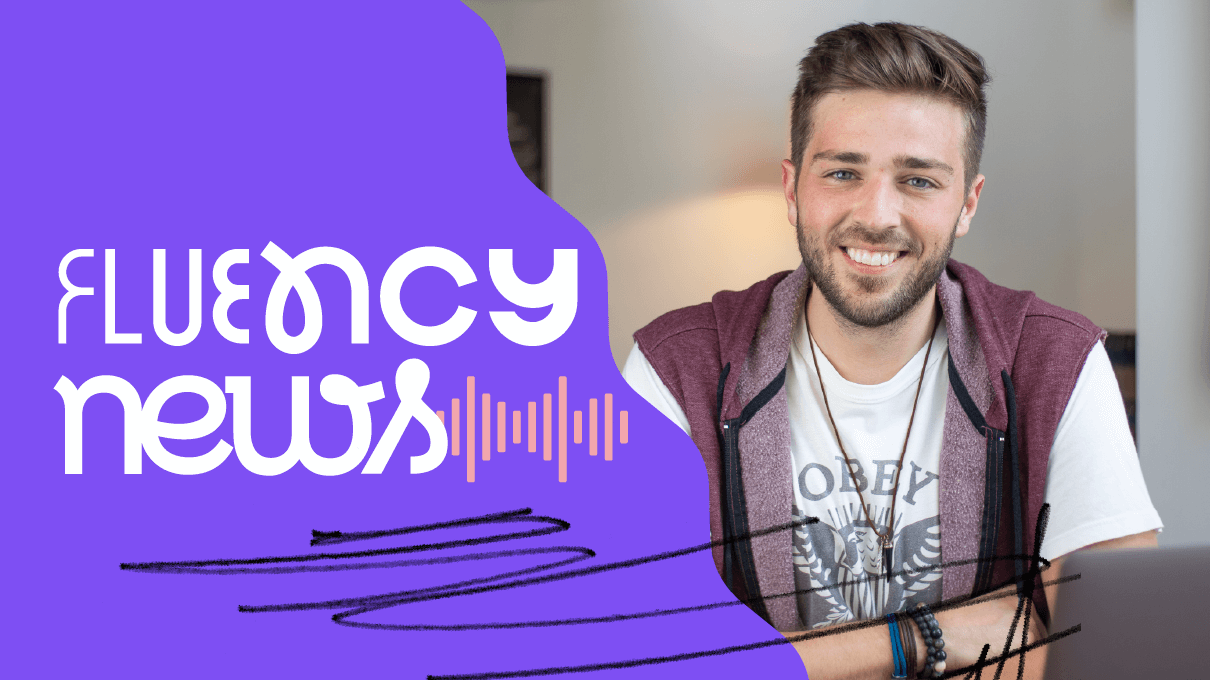



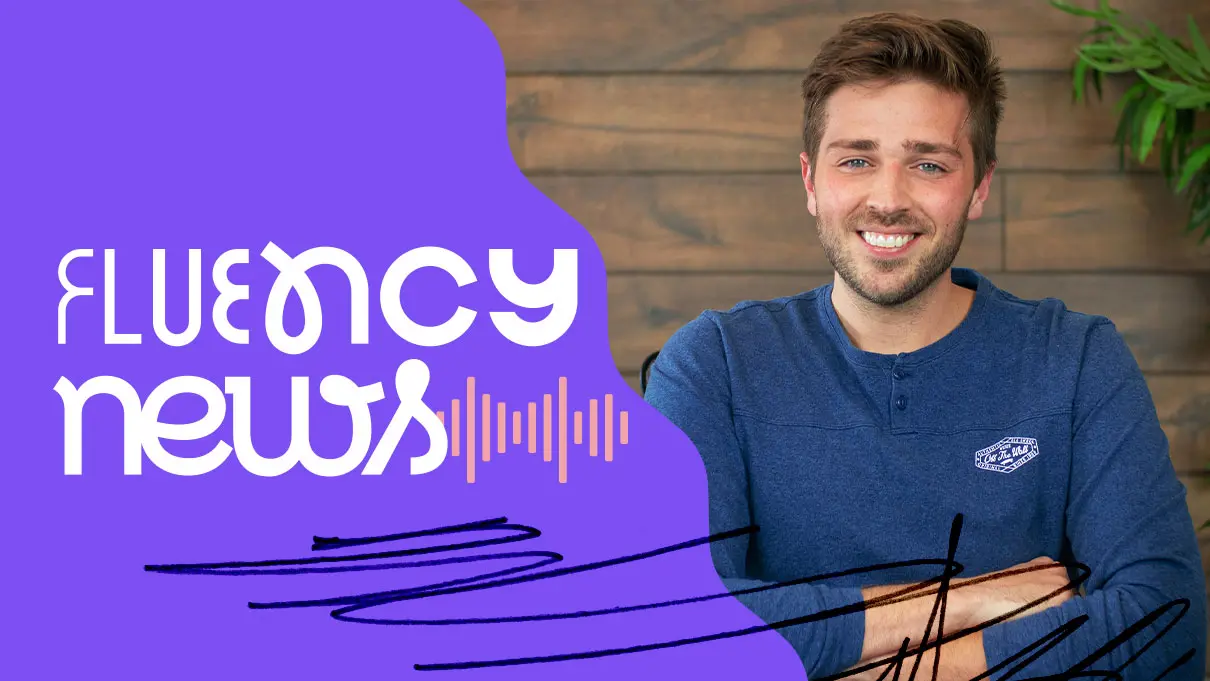
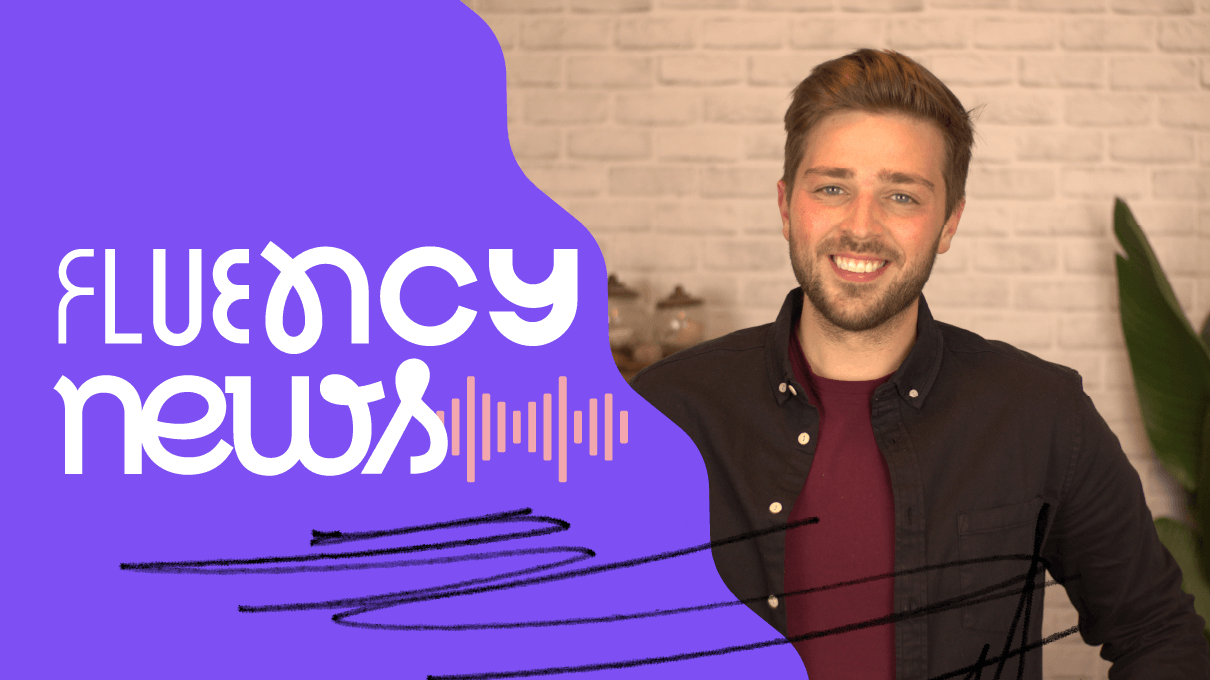


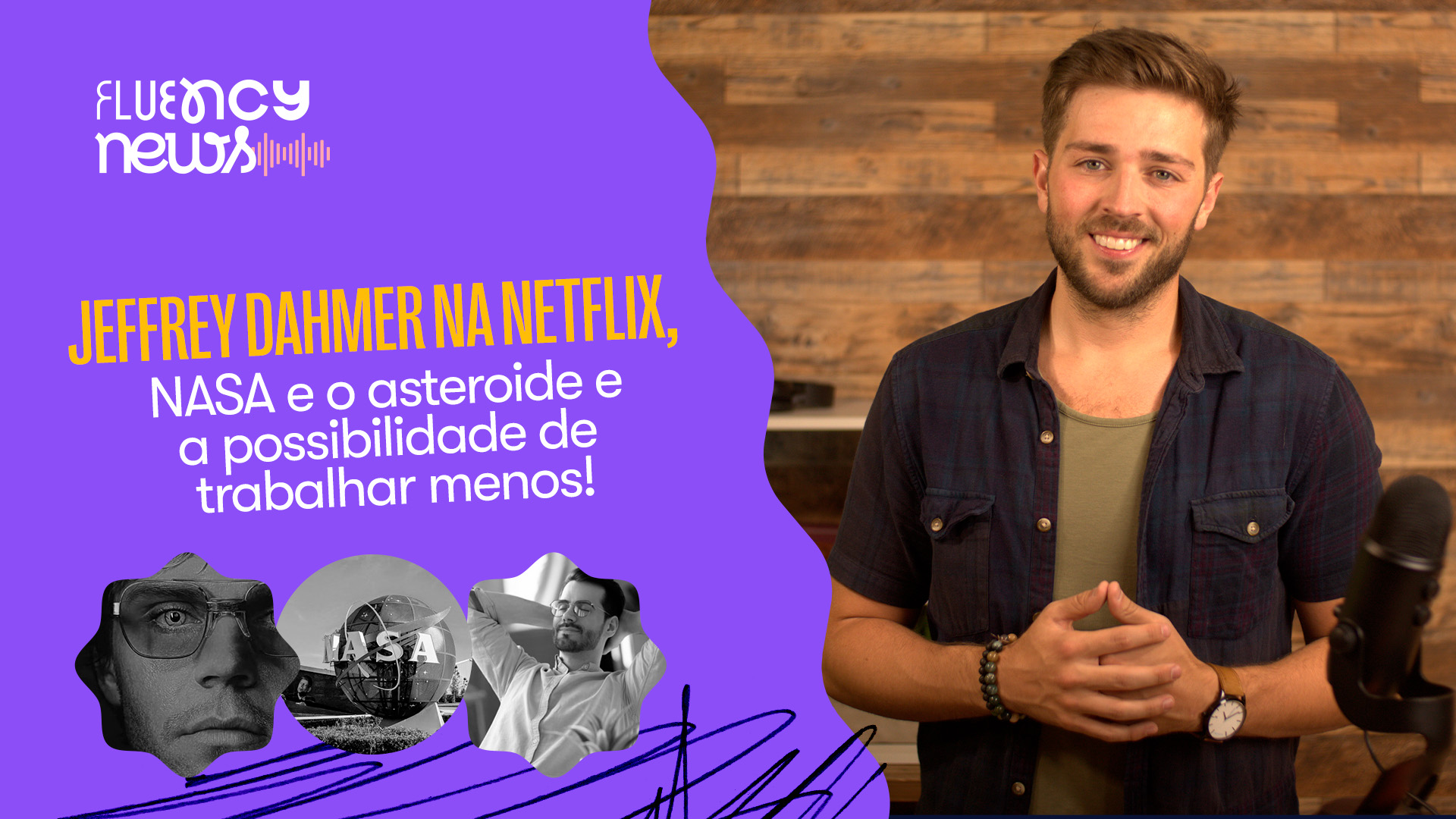

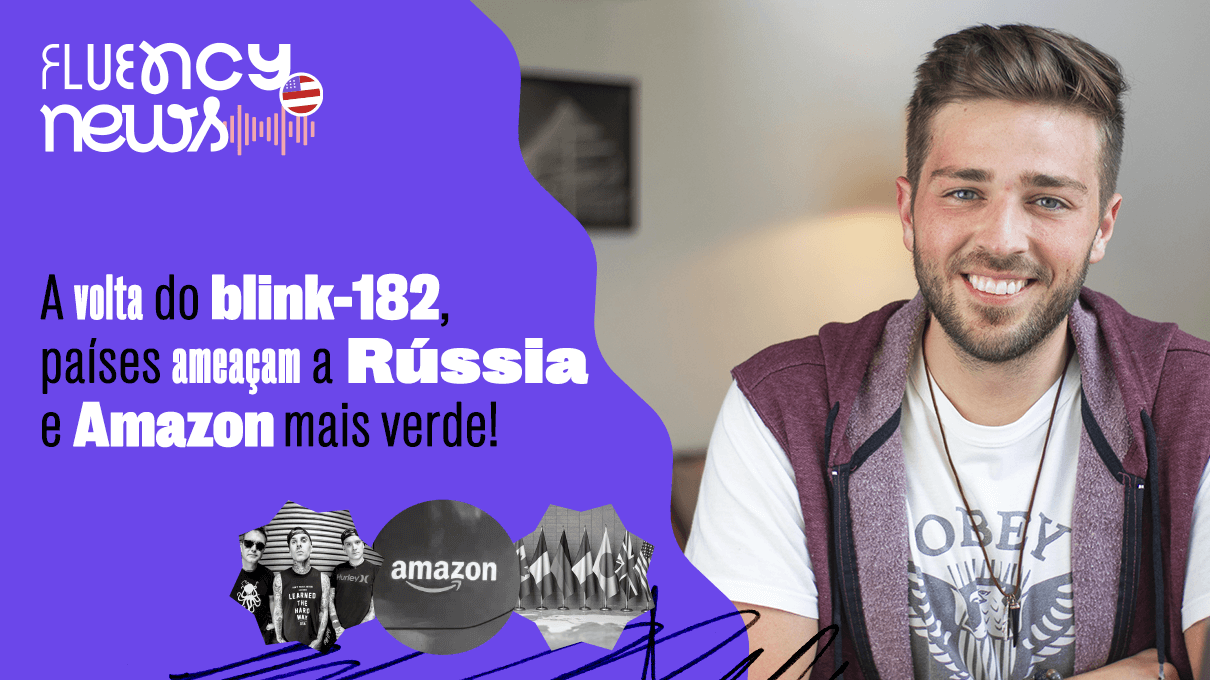
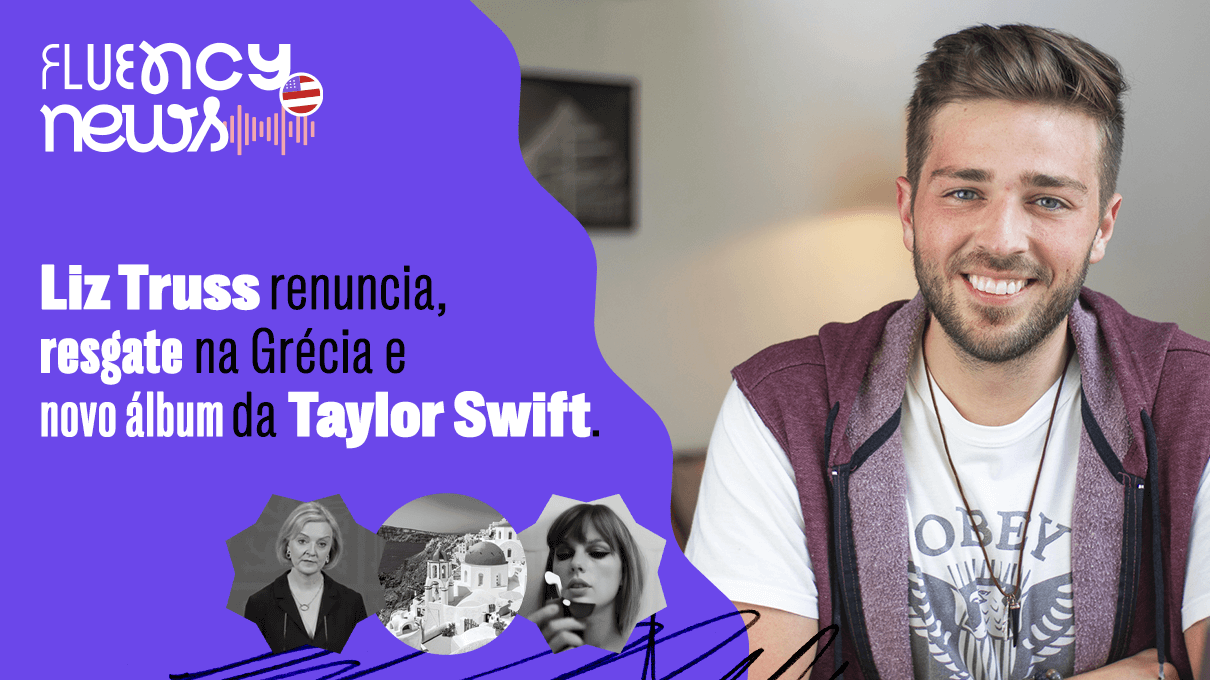
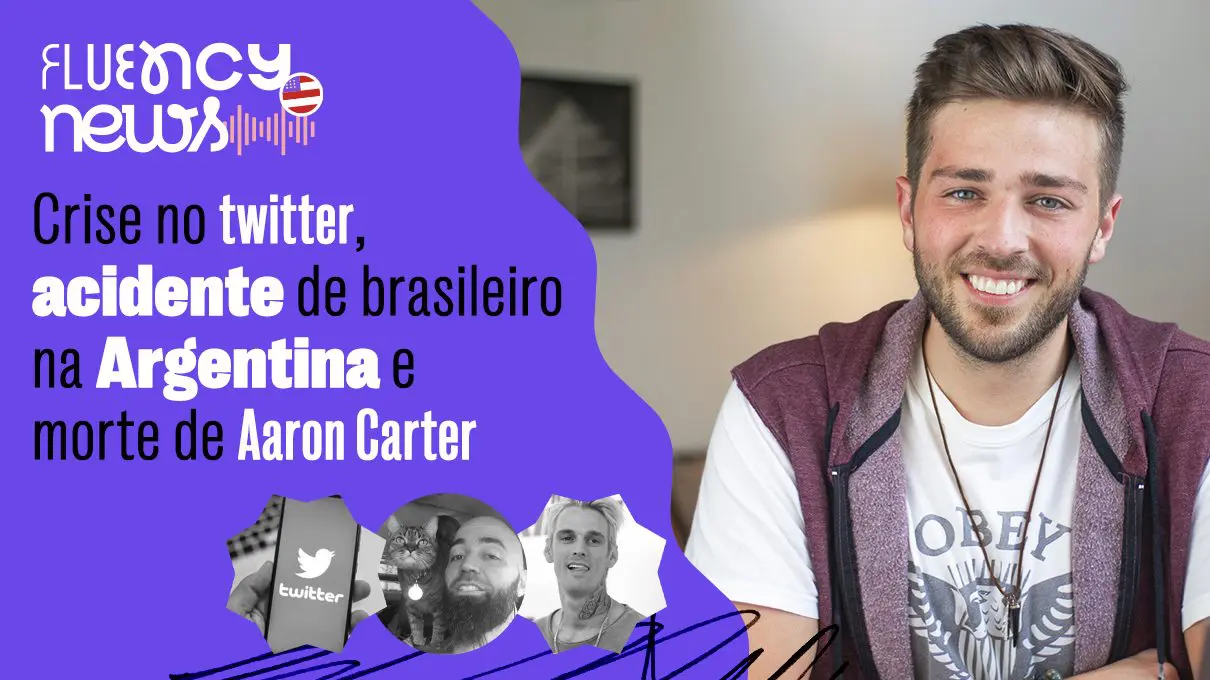
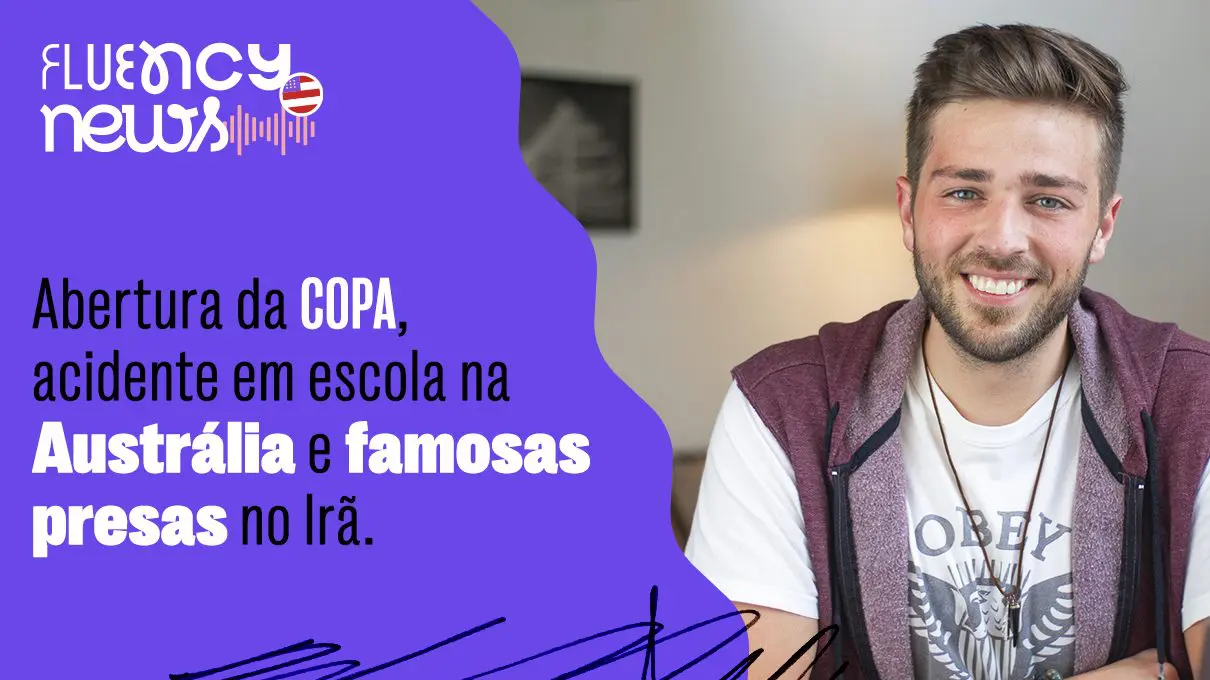

 Curso de Inglês
Curso de Inglês
 Curso de Espanhol
Curso de Espanhol
 Curso de Francês
Curso de Francês
 Curso de Mandarim
Curso de Mandarim
 Curso de Italiano
Curso de Italiano
 Curso de Japonês
Curso de Japonês
 Curso de Alemão
Curso de Alemão
 Curso de Coreano
Curso de Coreano







 Blog
Blog  Podcast
Podcast  Lives
Lives  Aulas
Aulas  eBooks
eBooks  Minicursos
Minicursos














